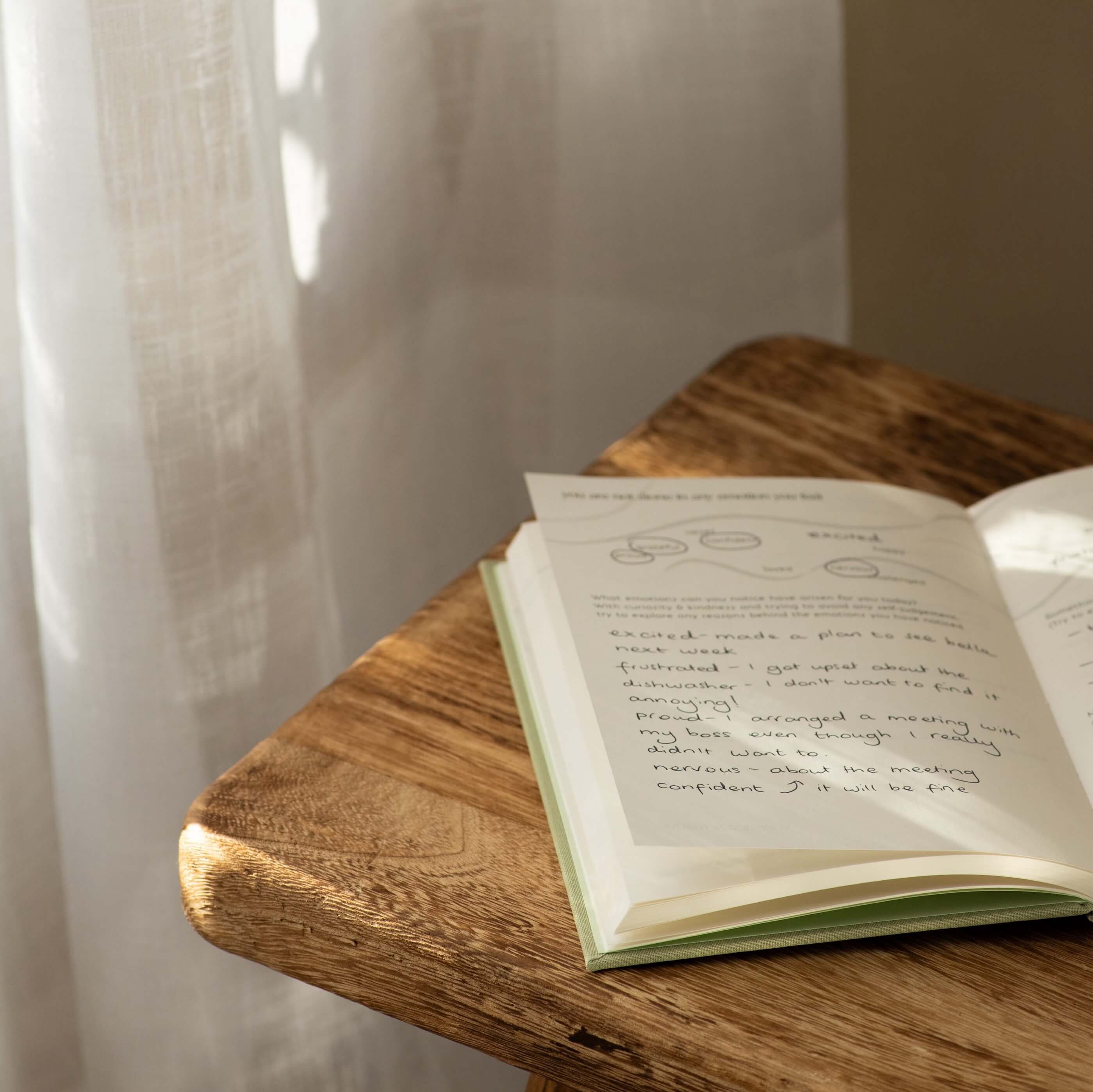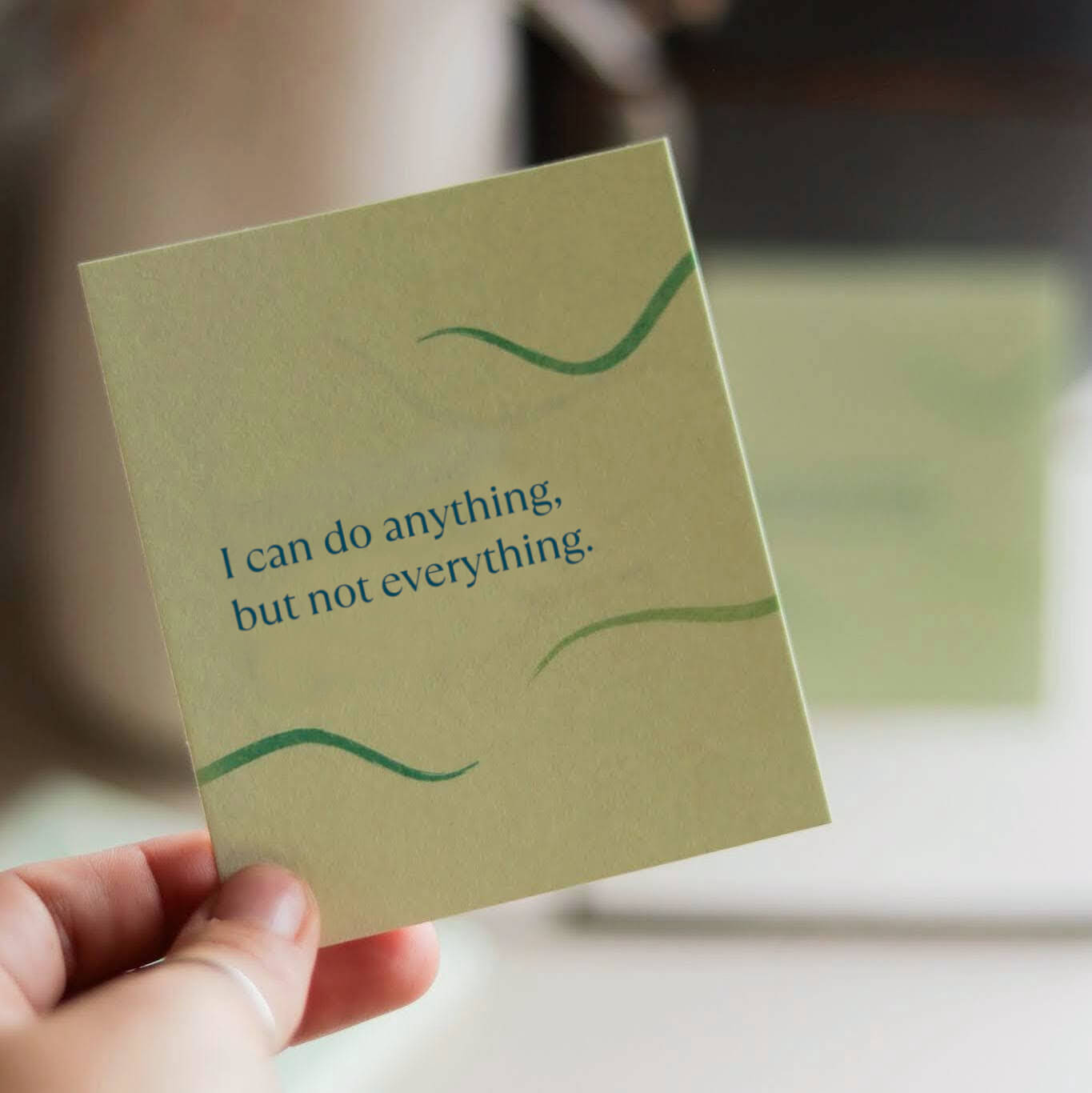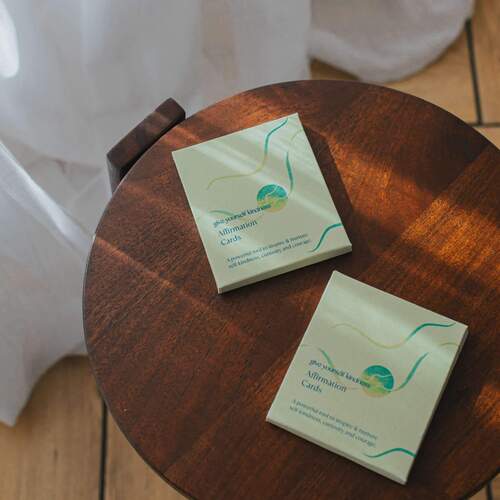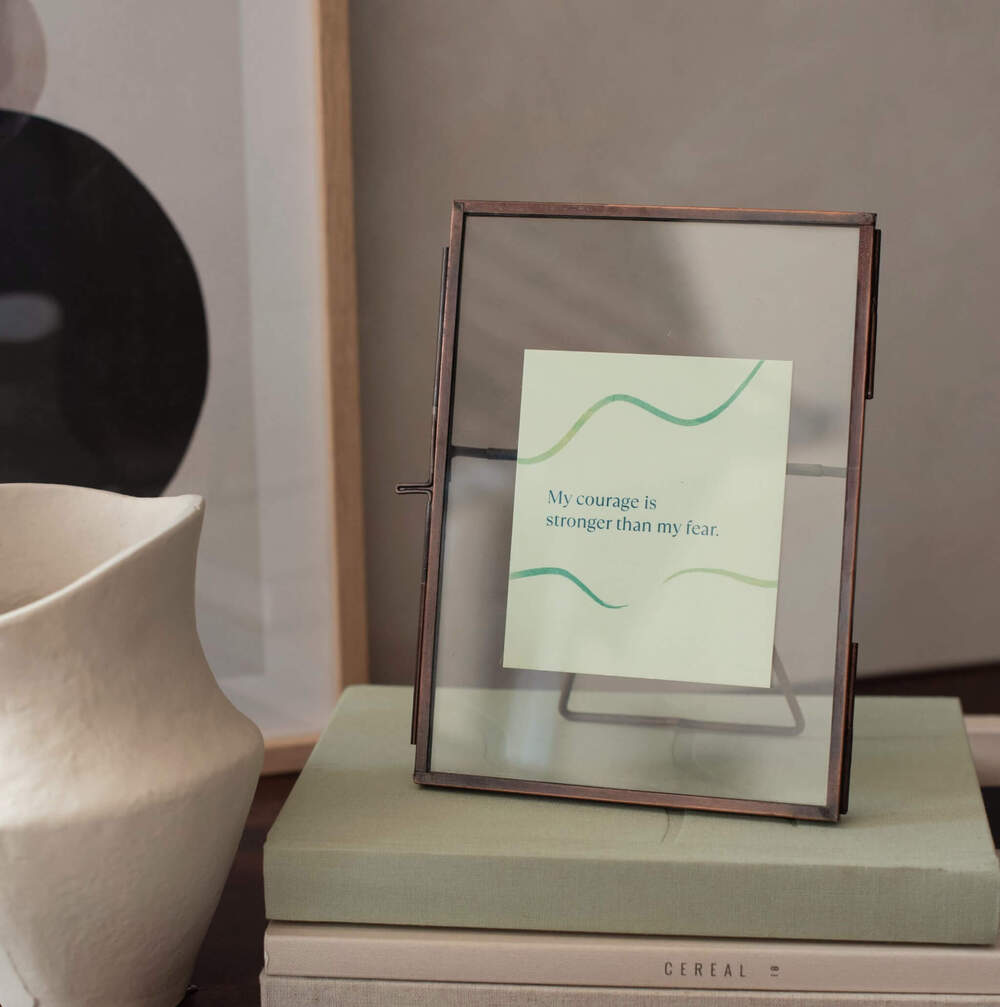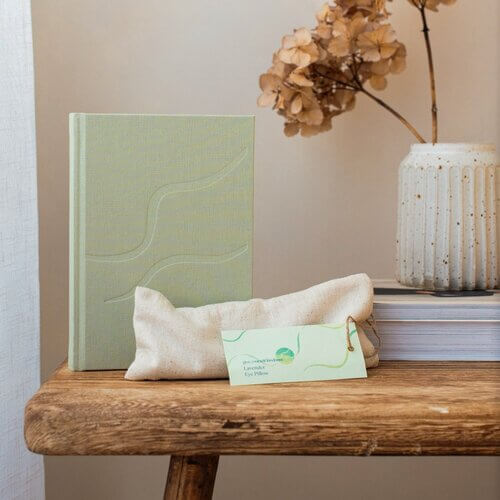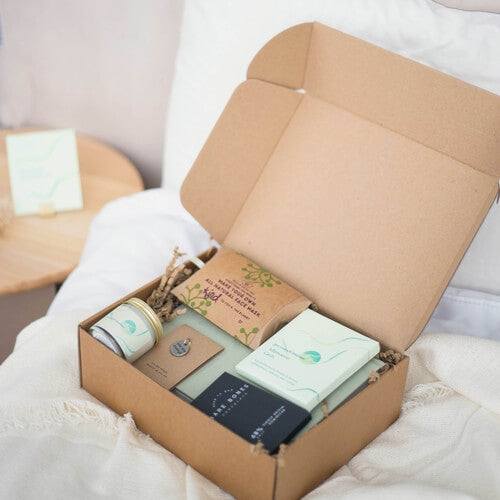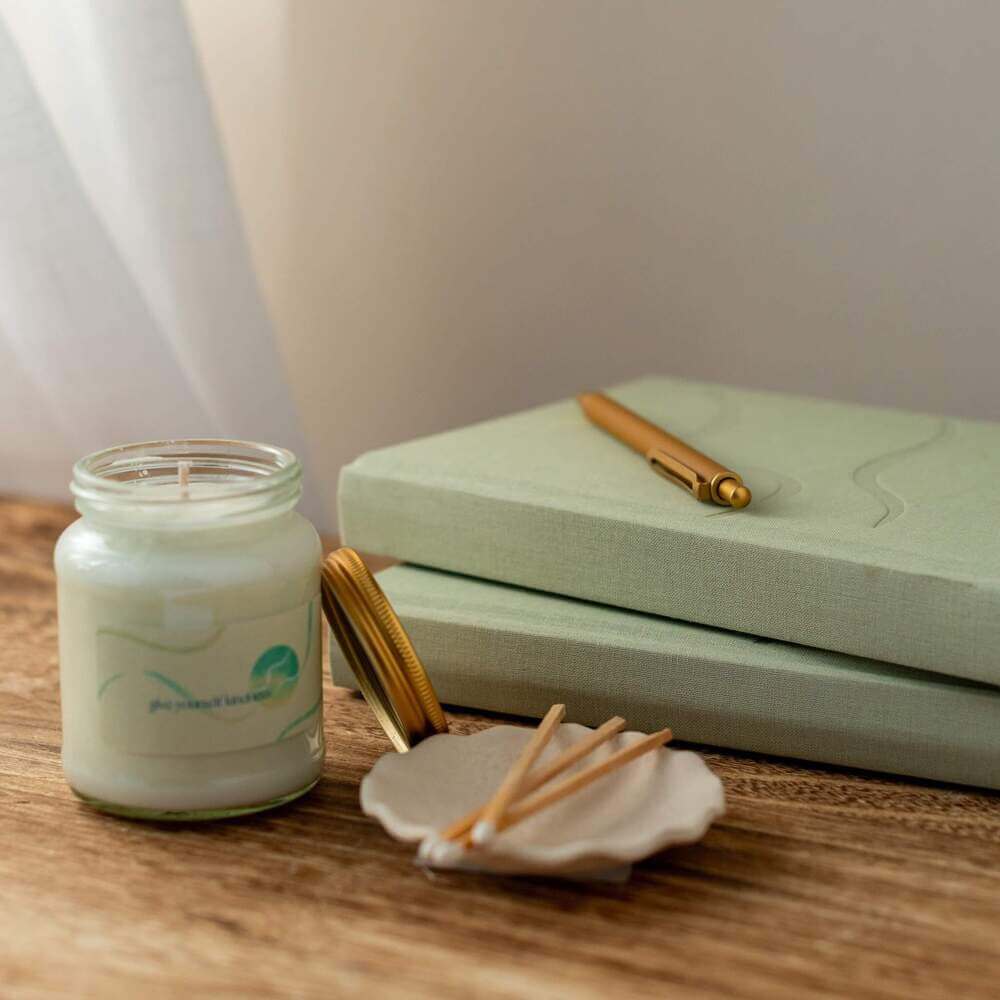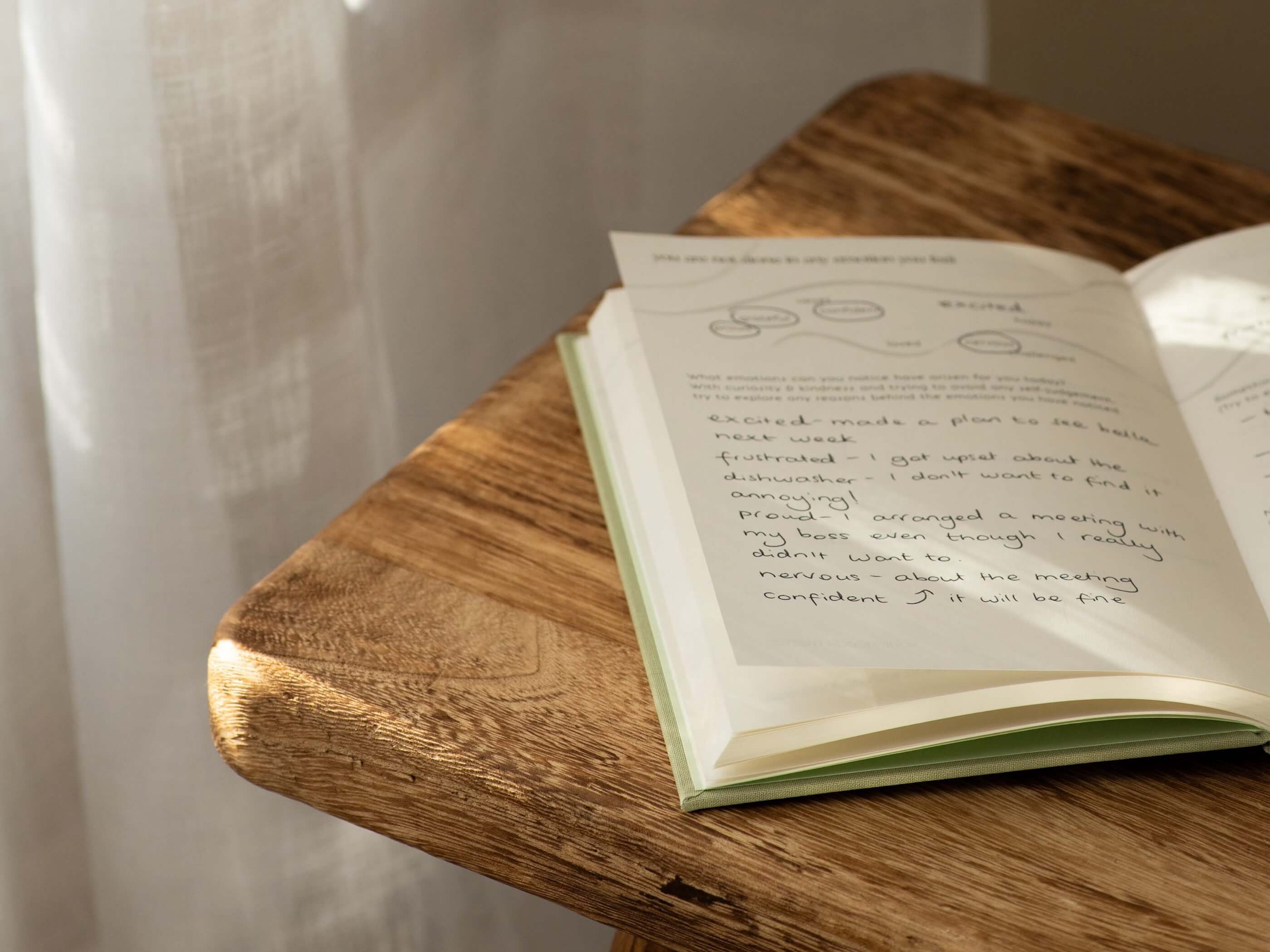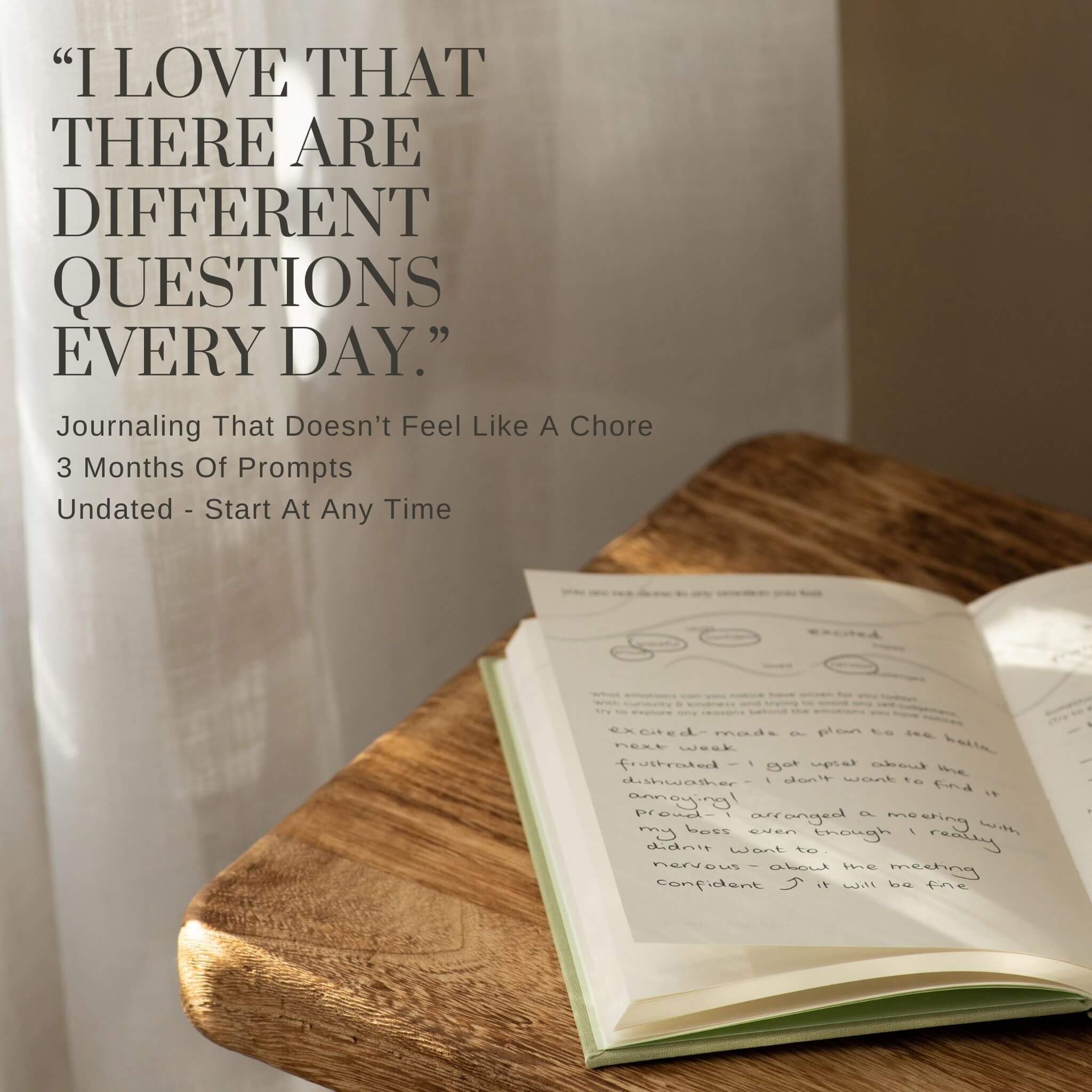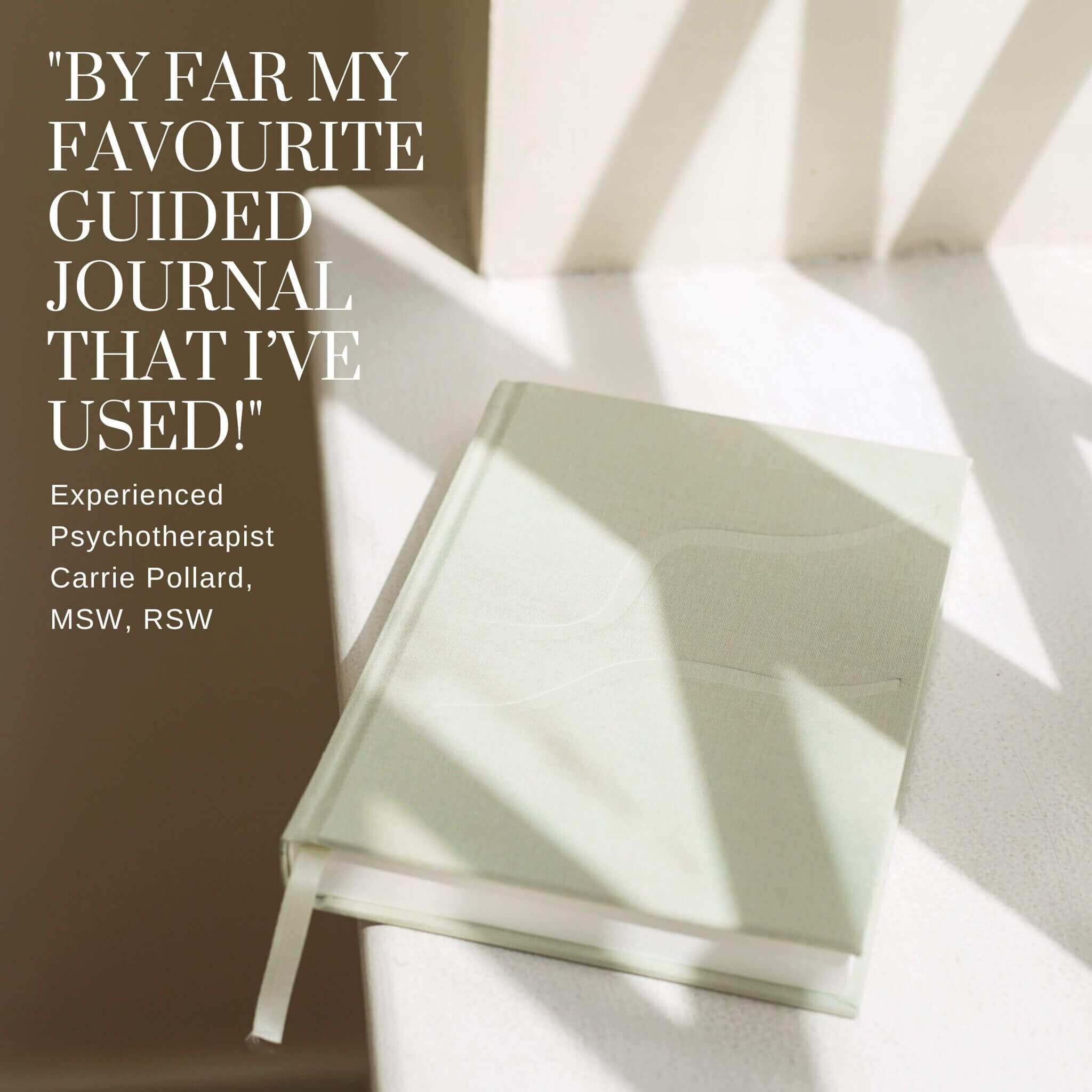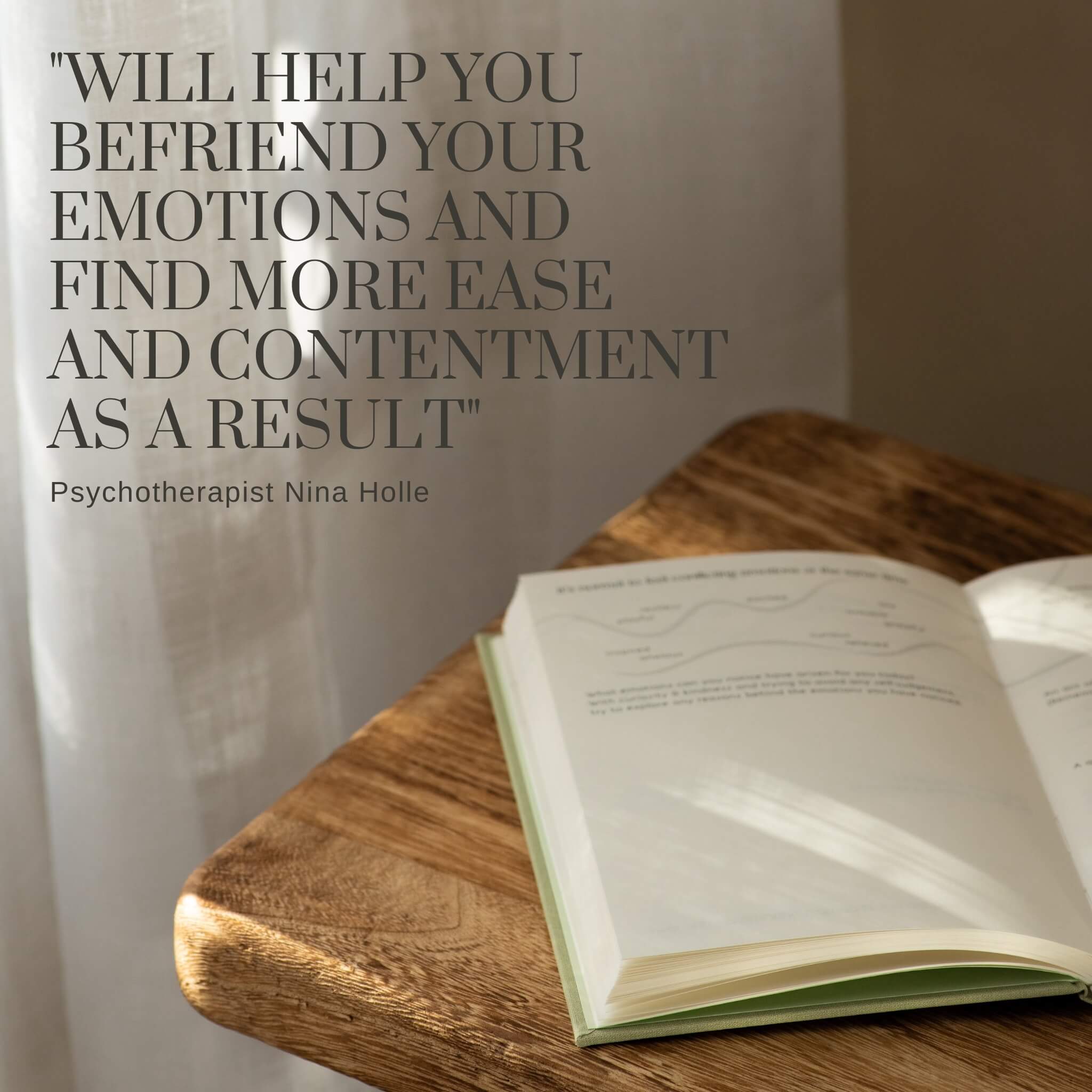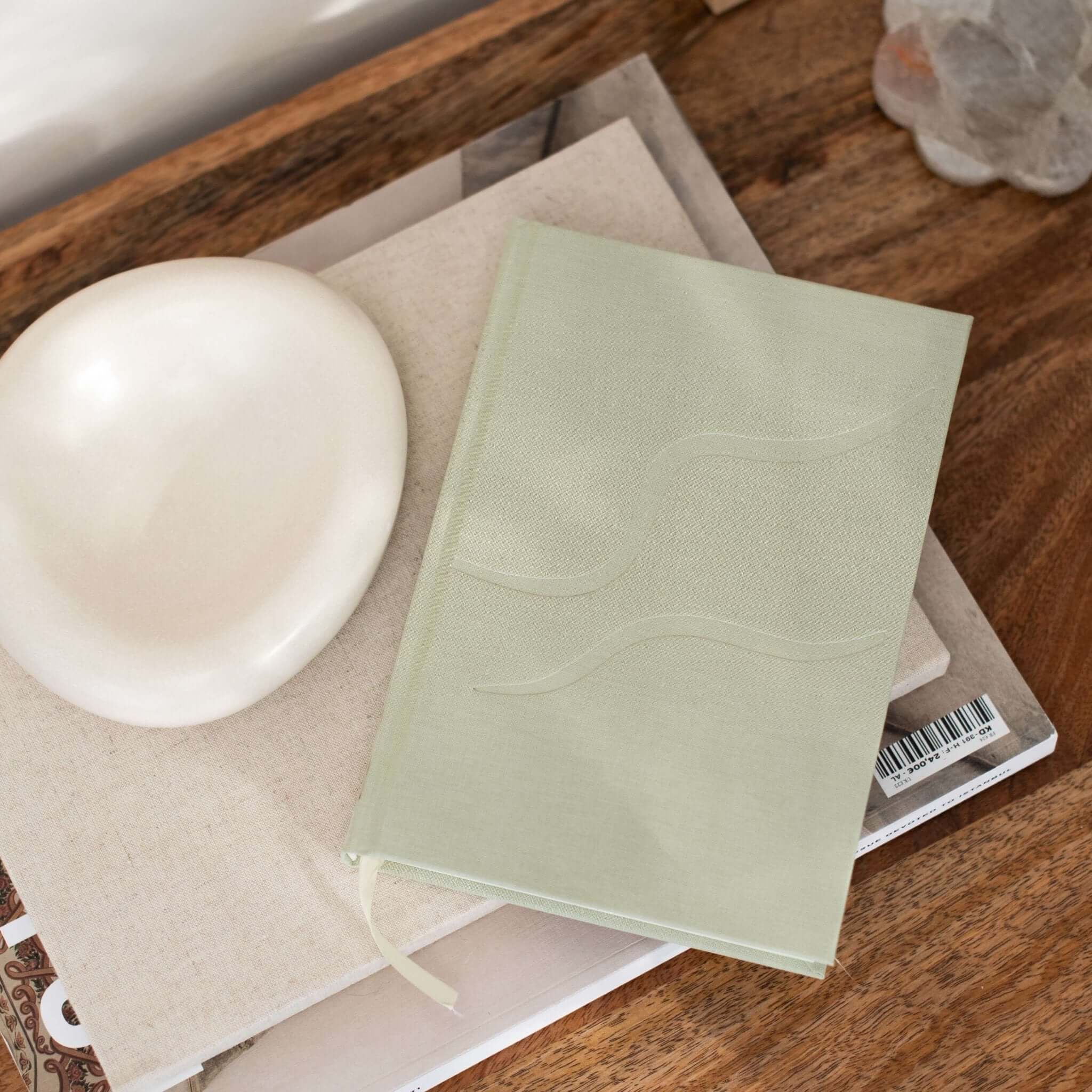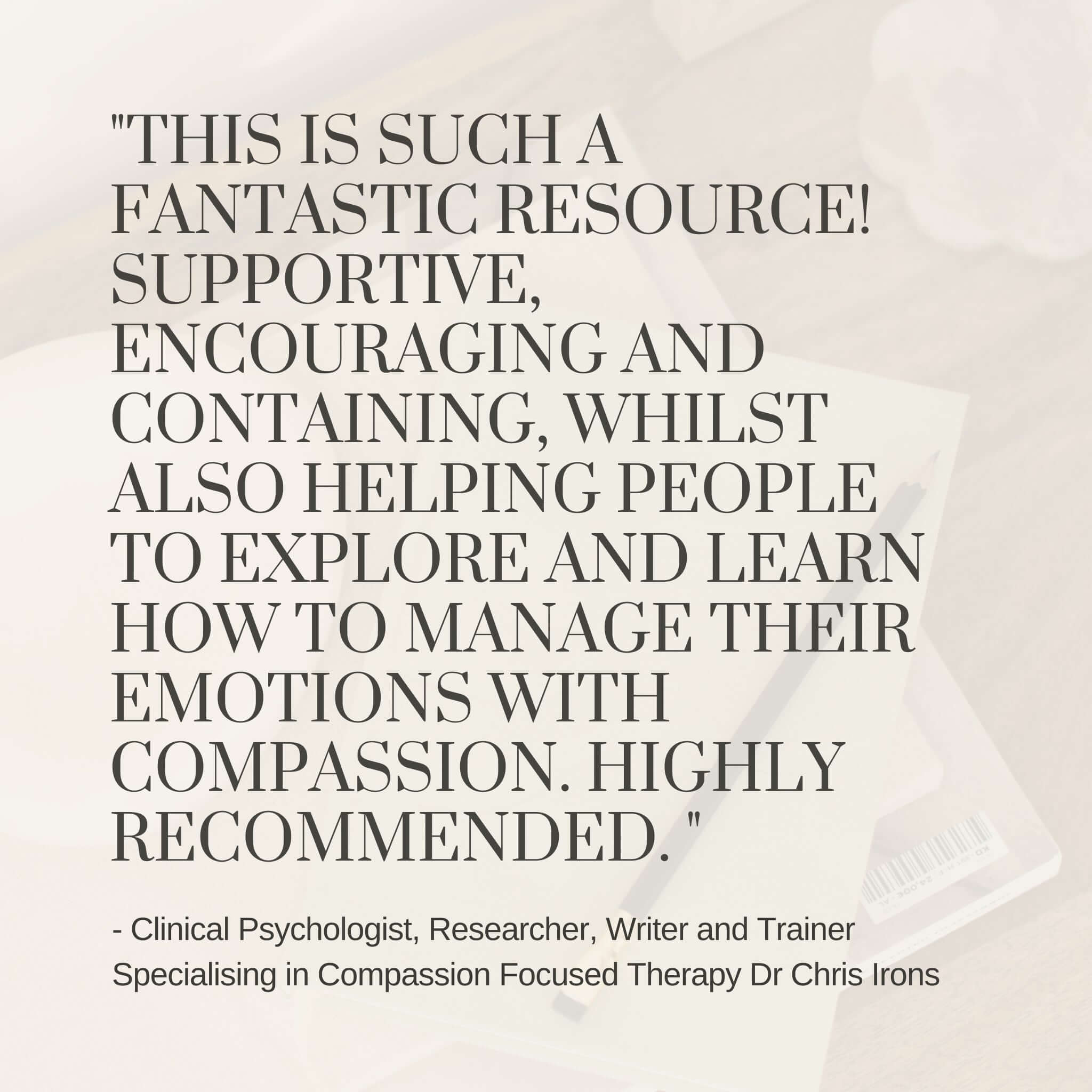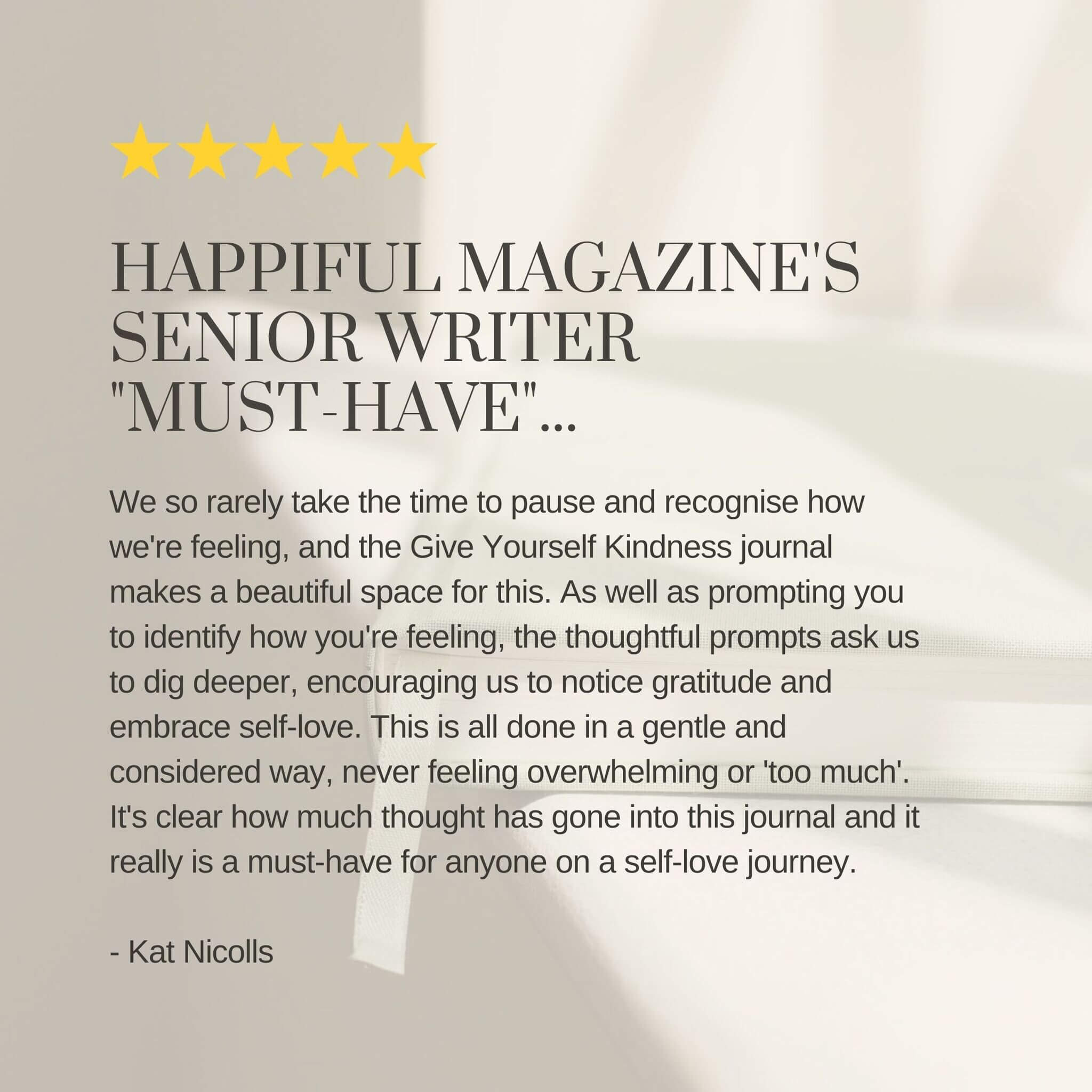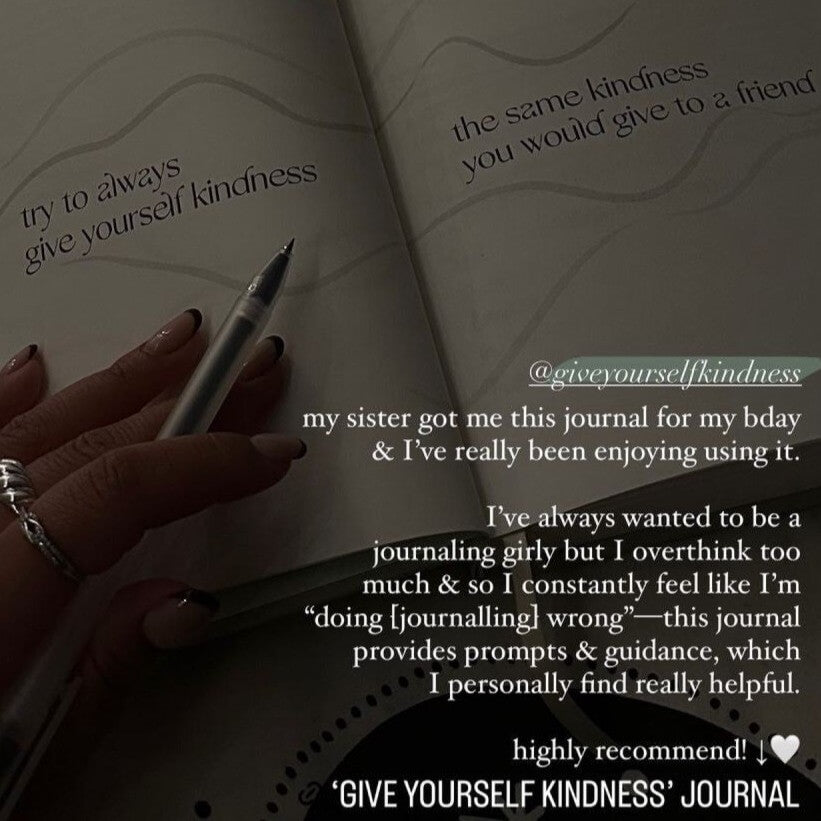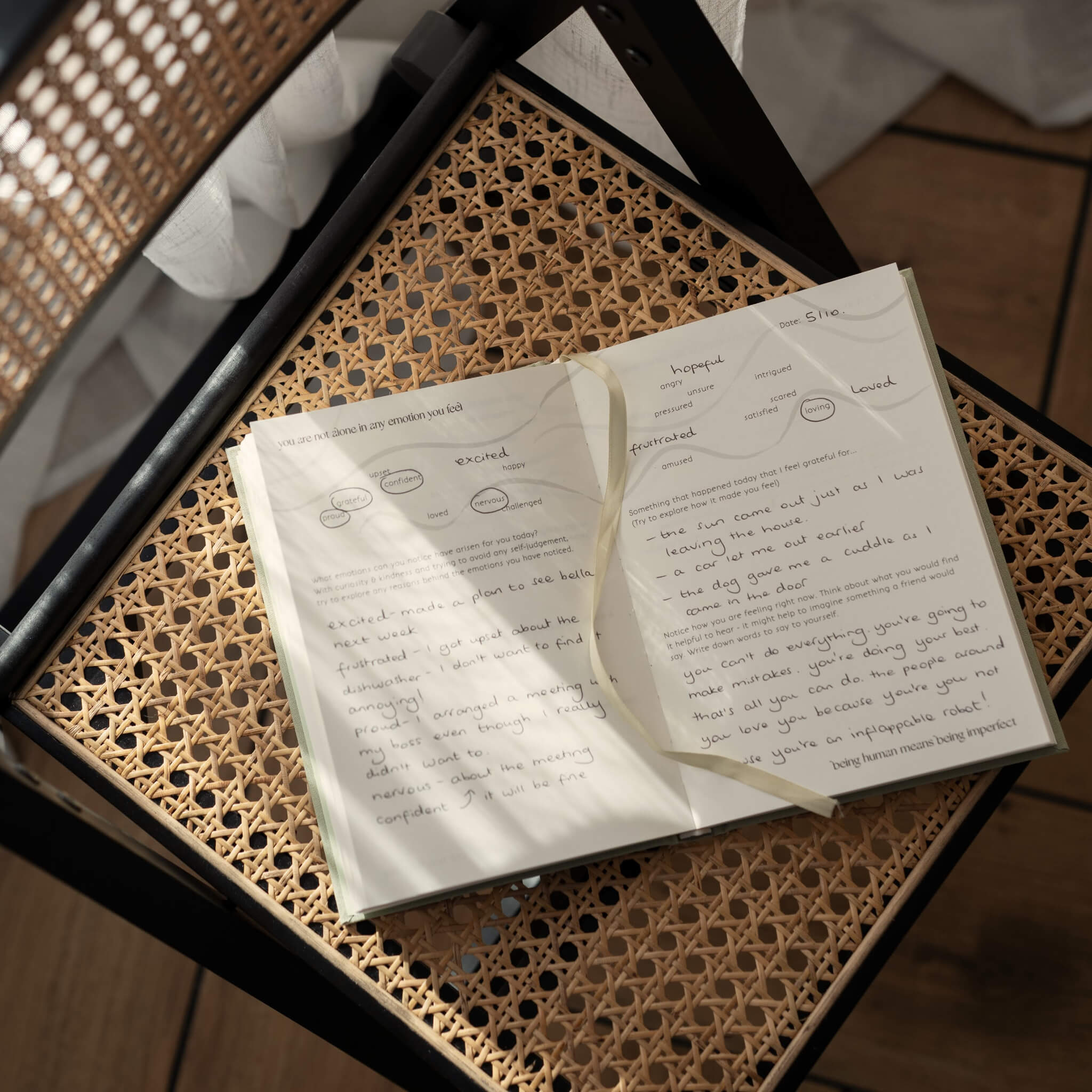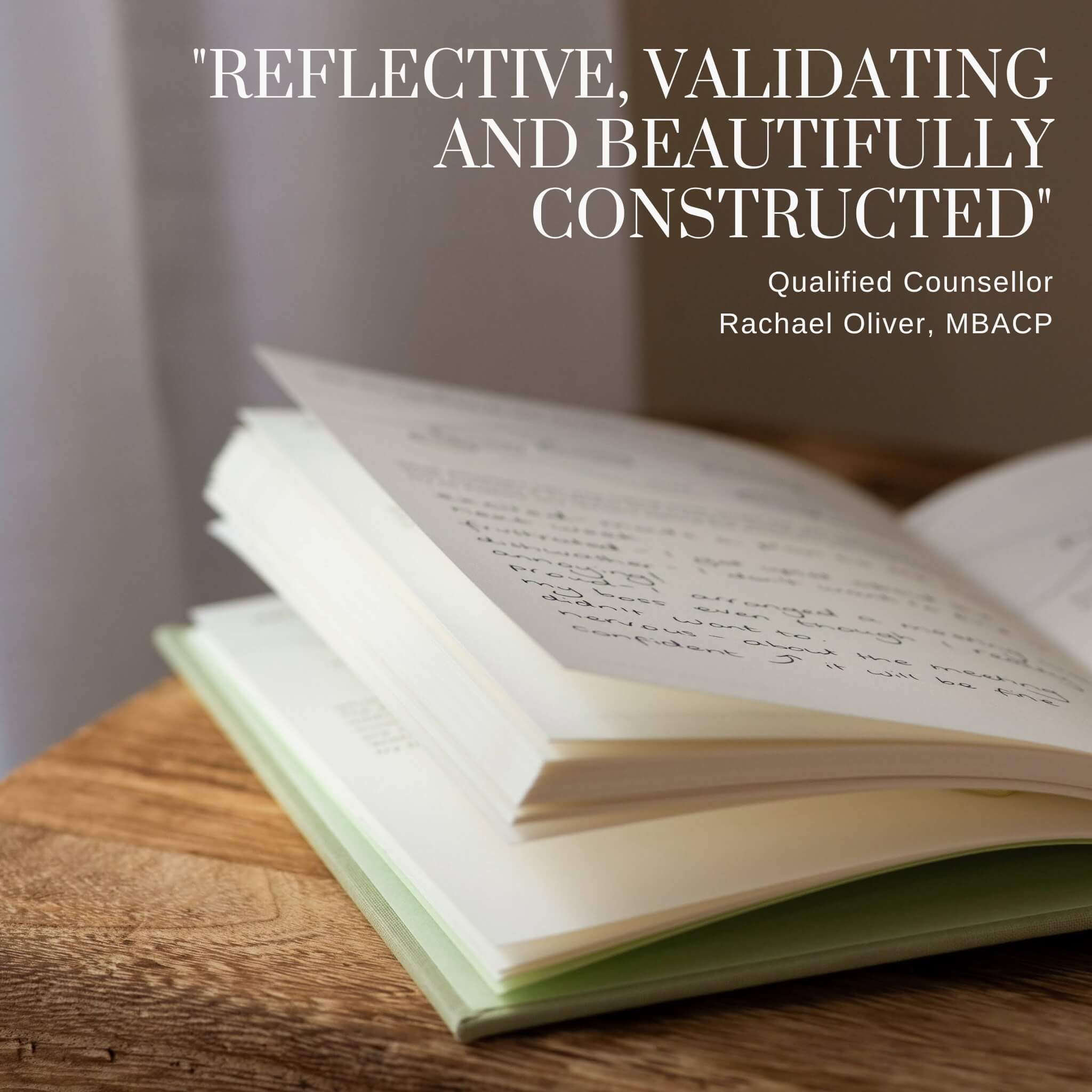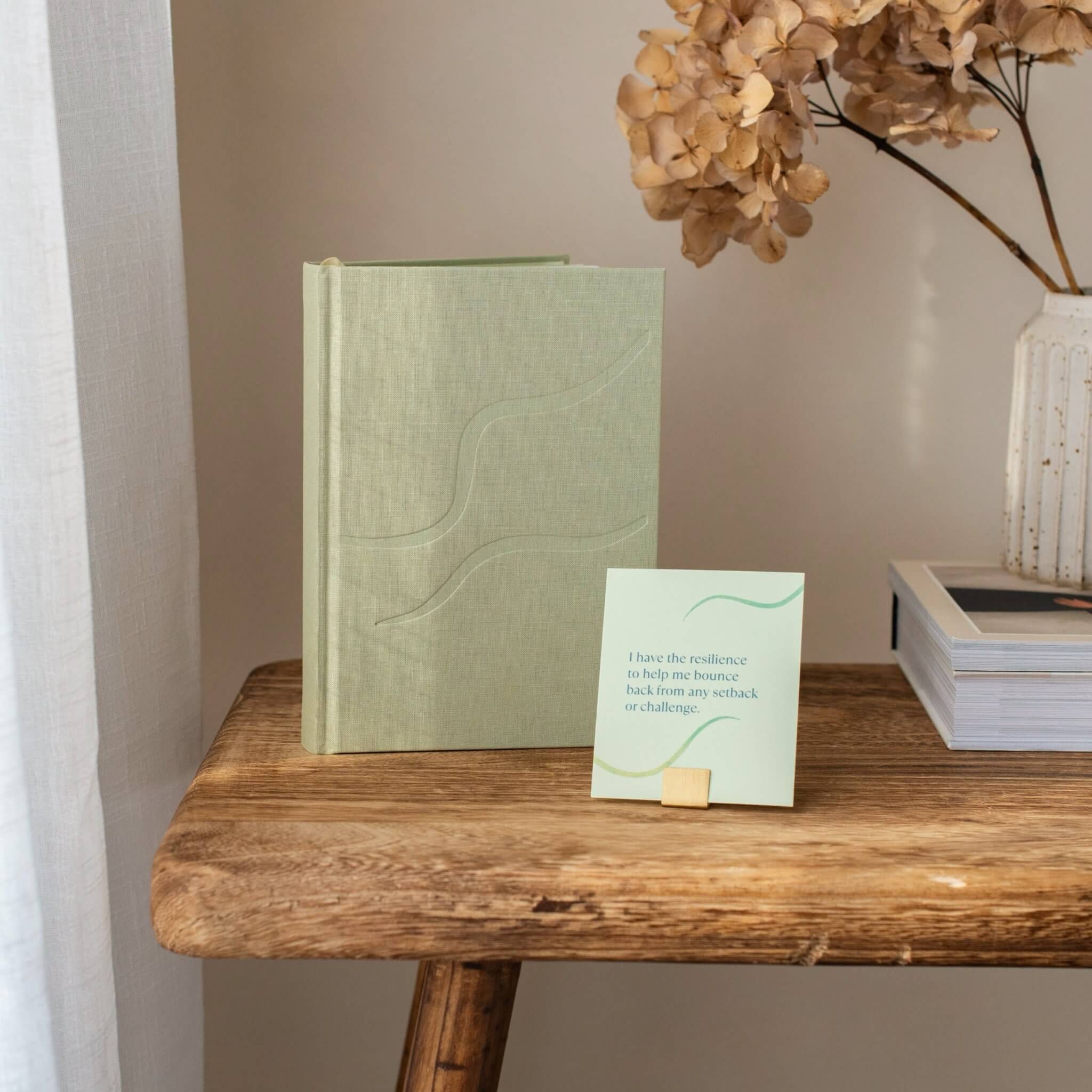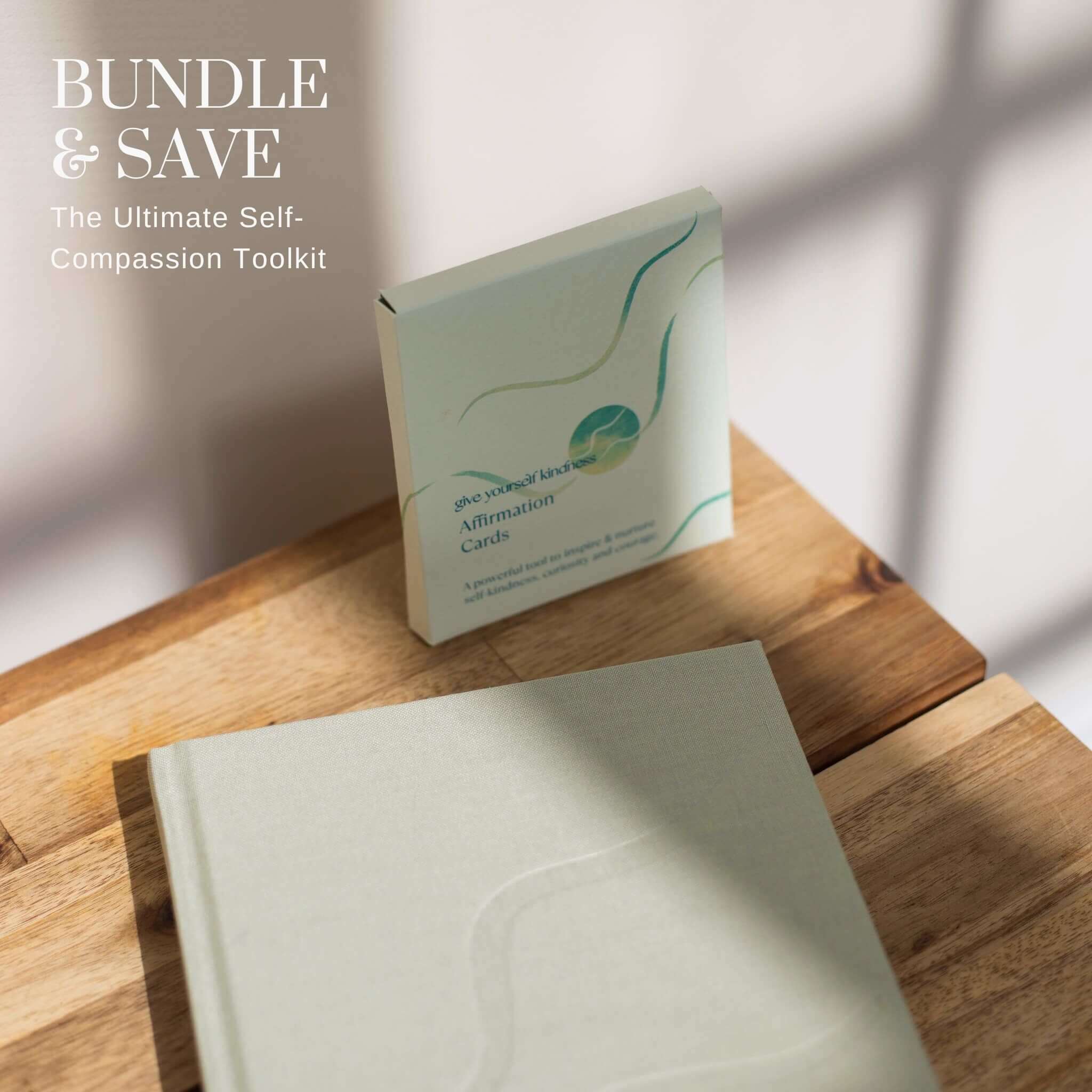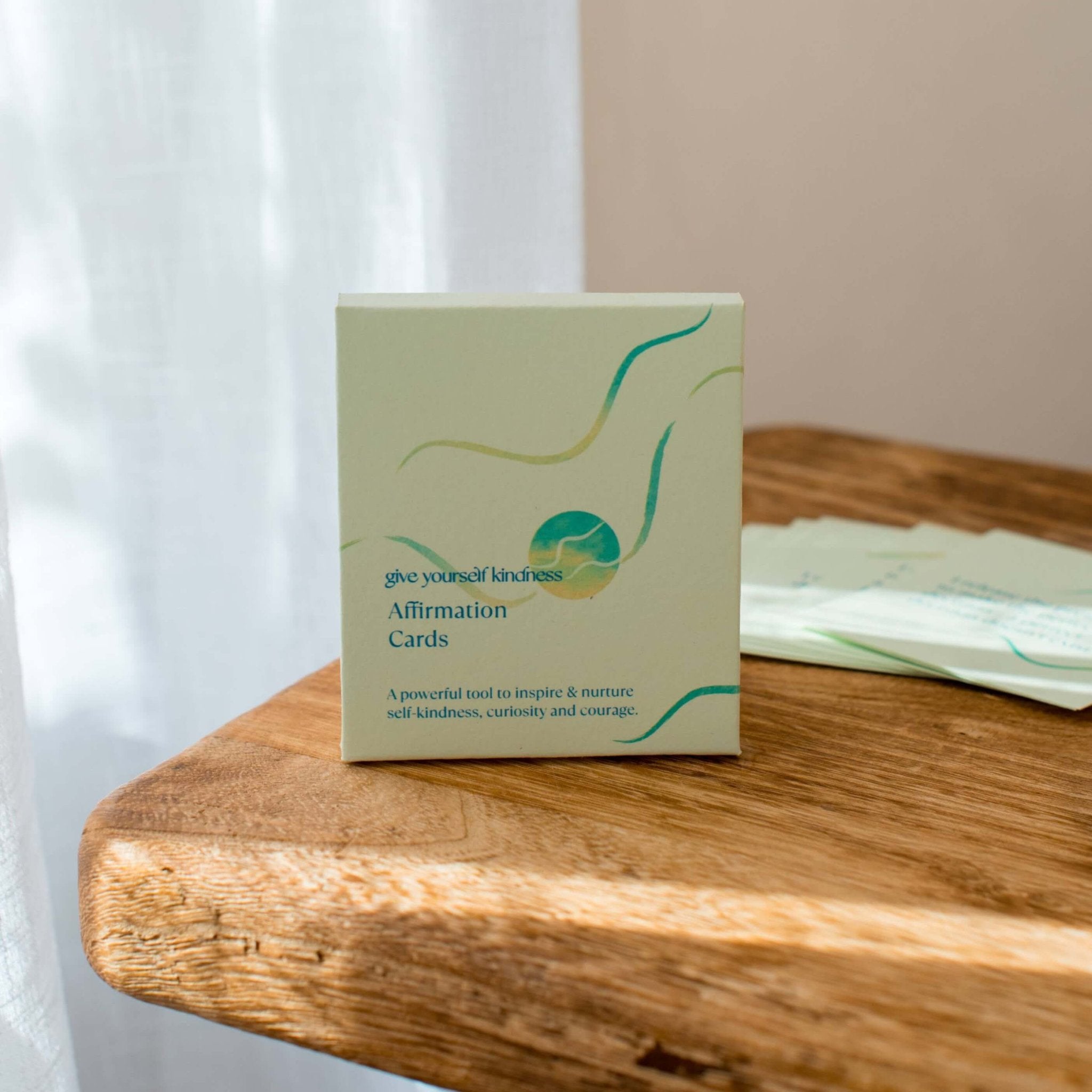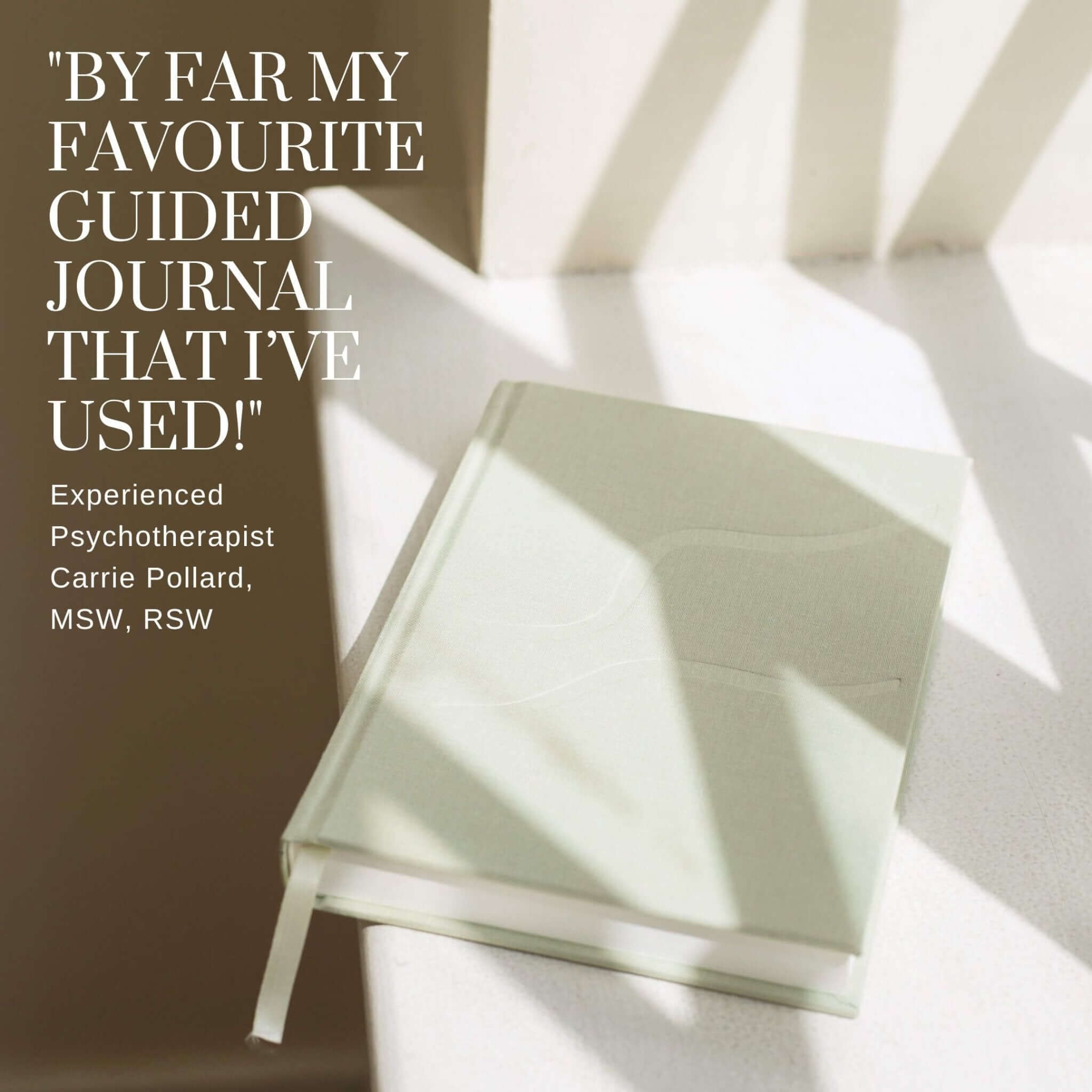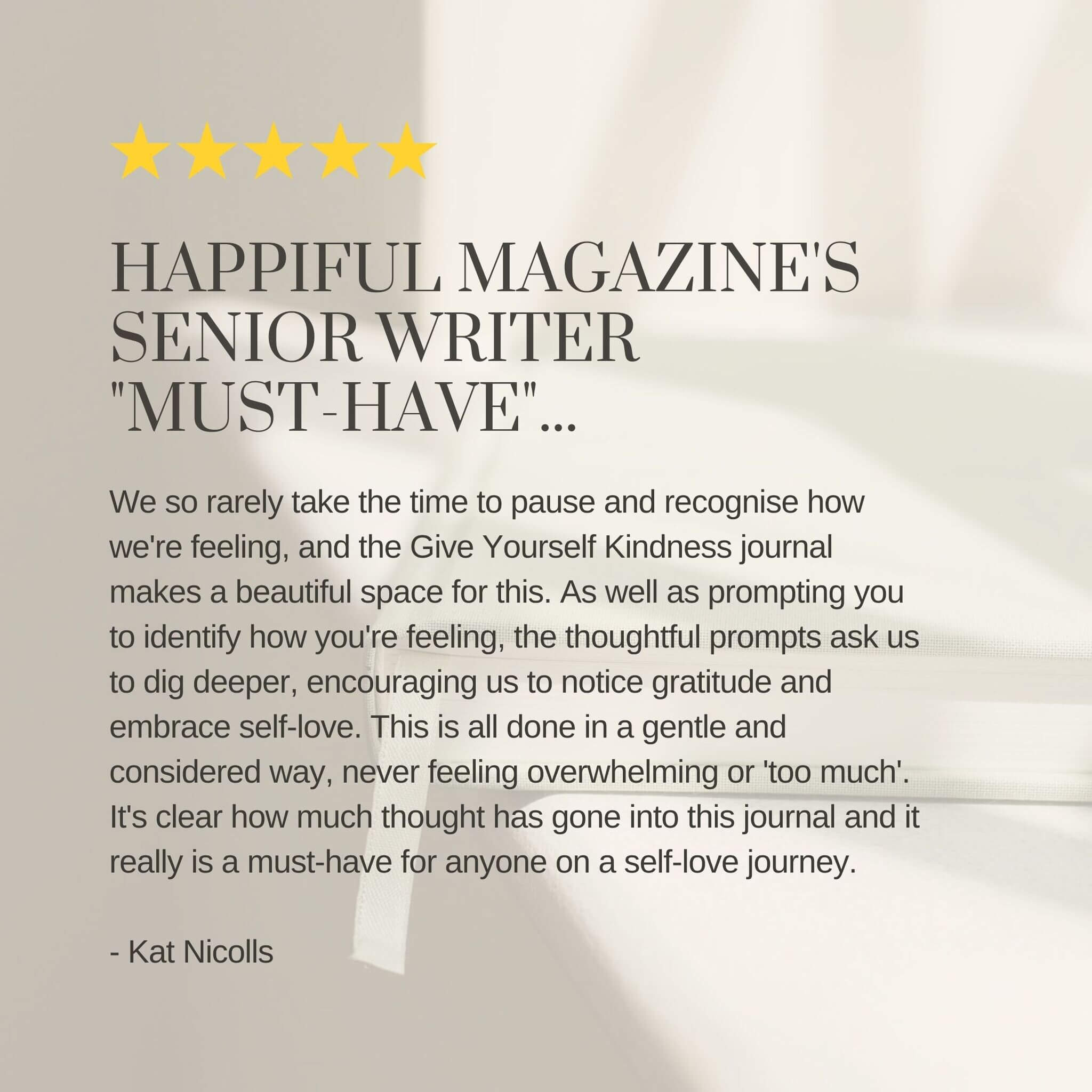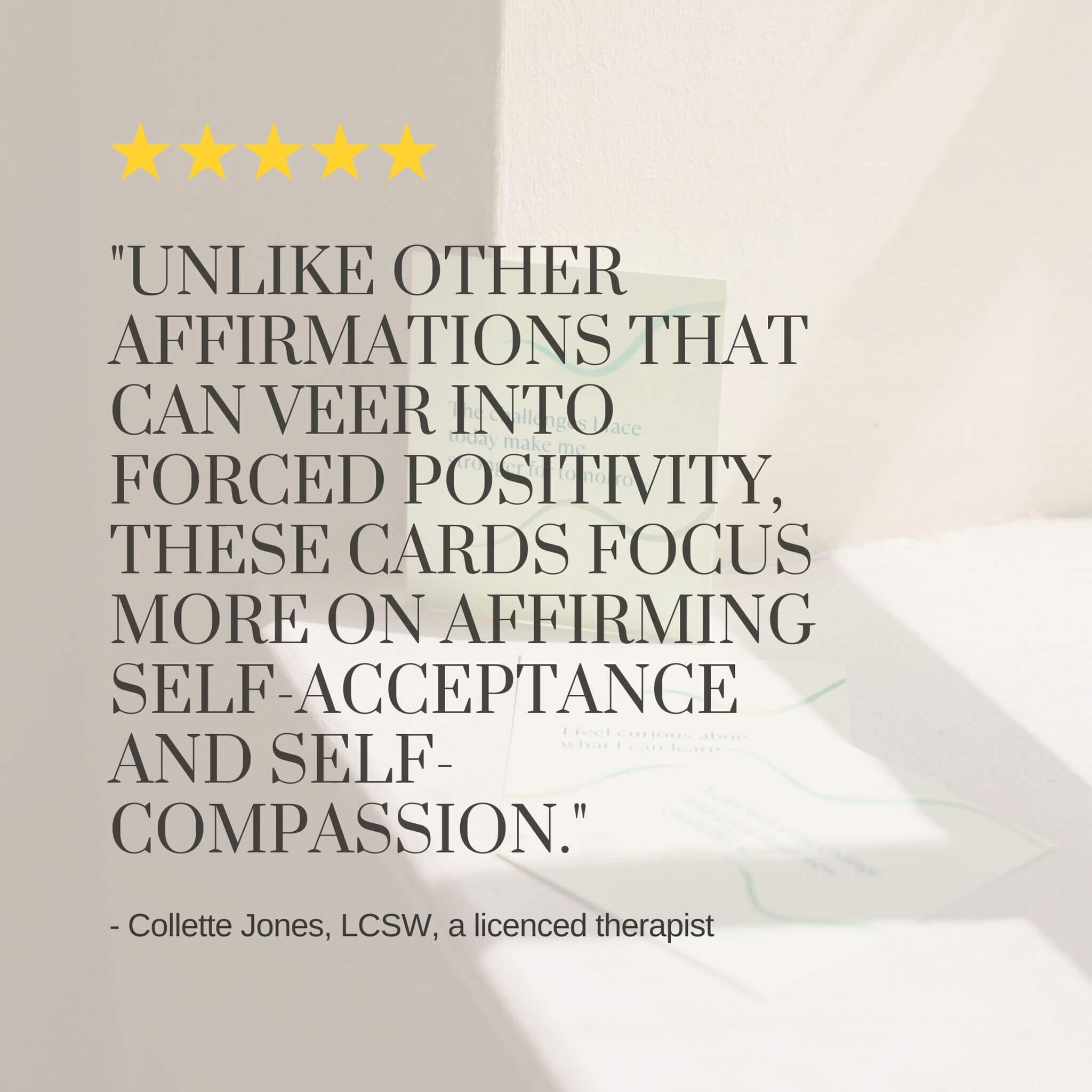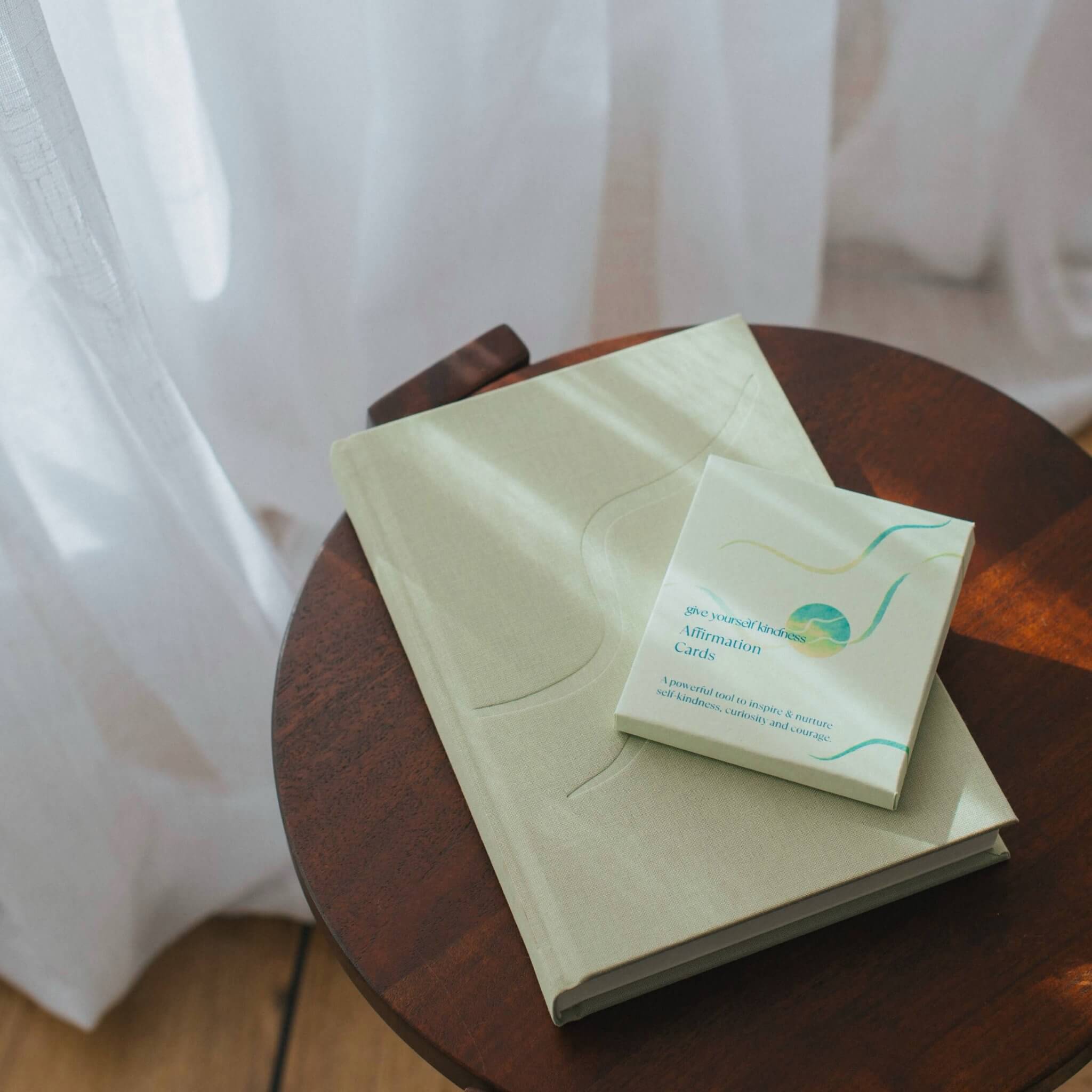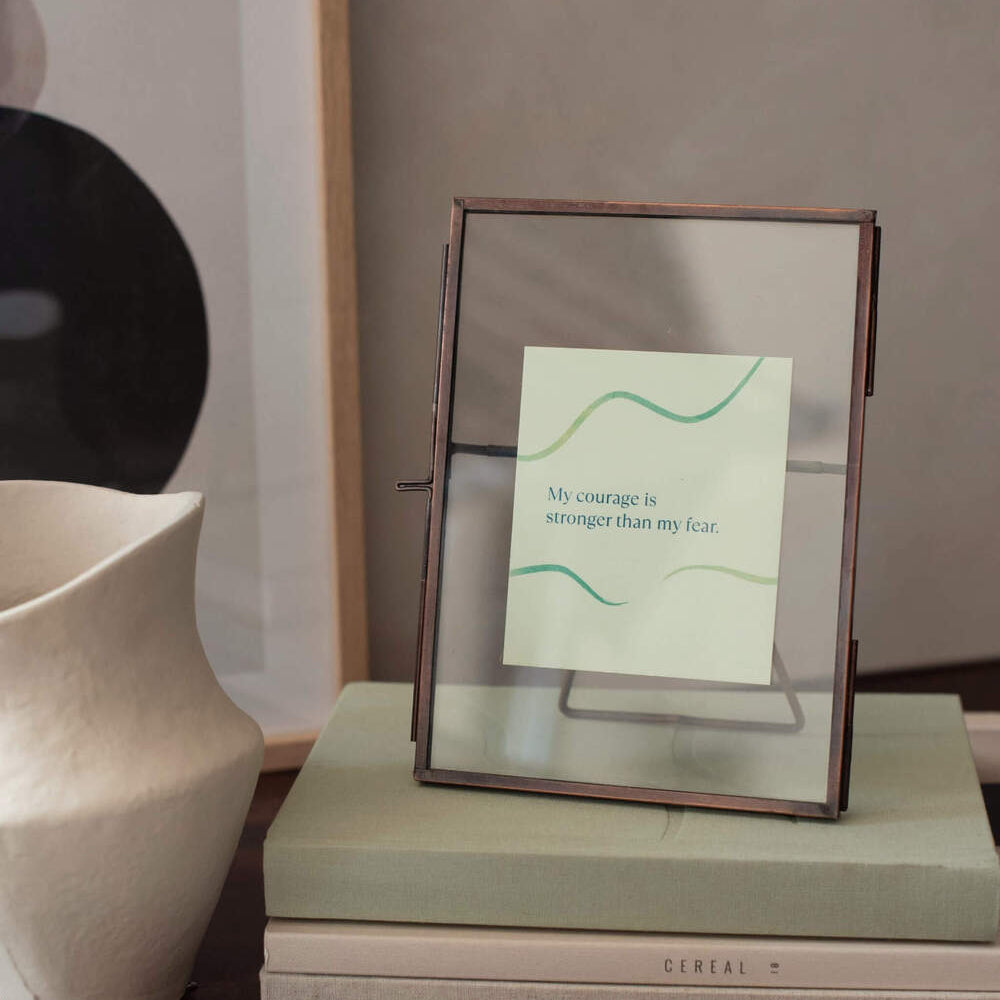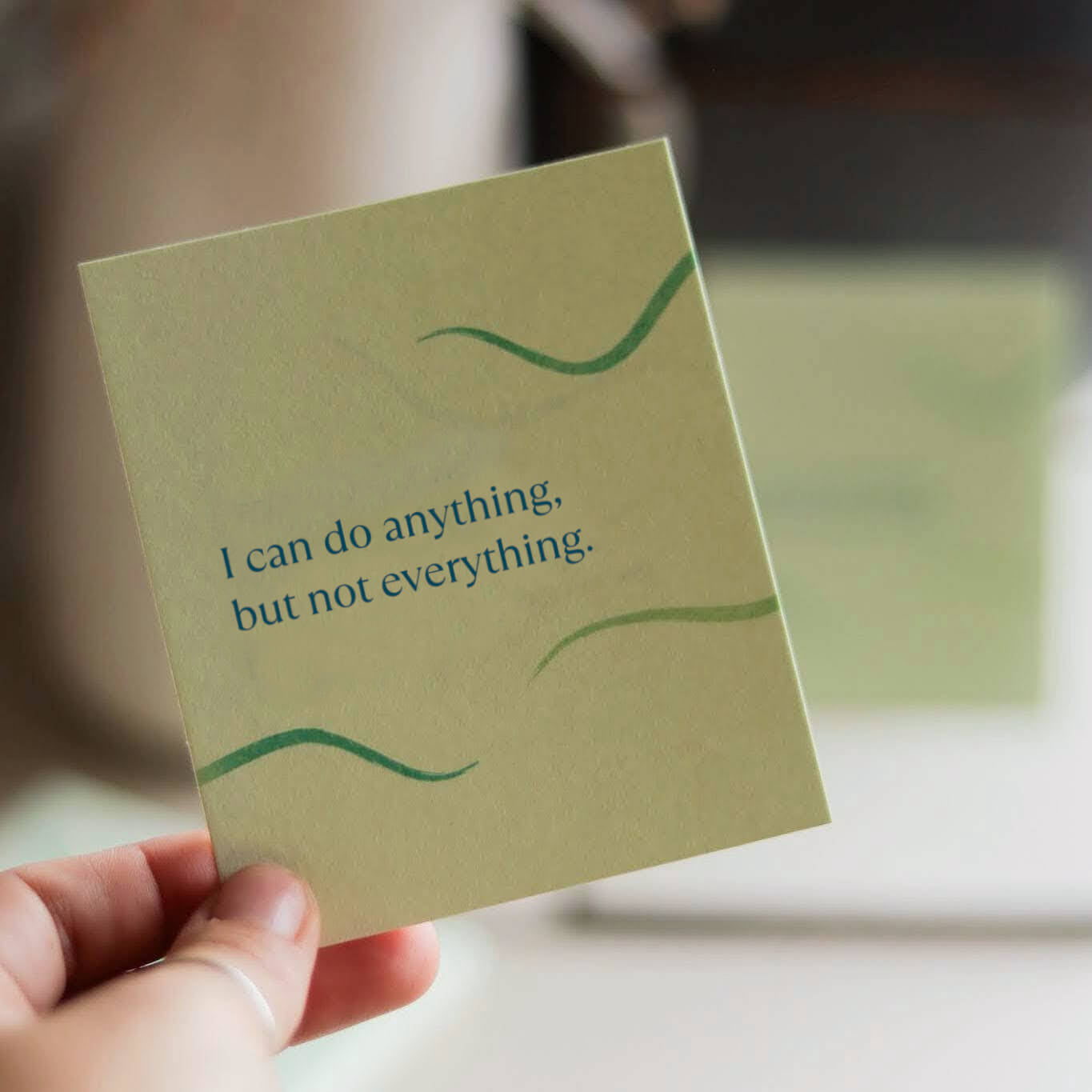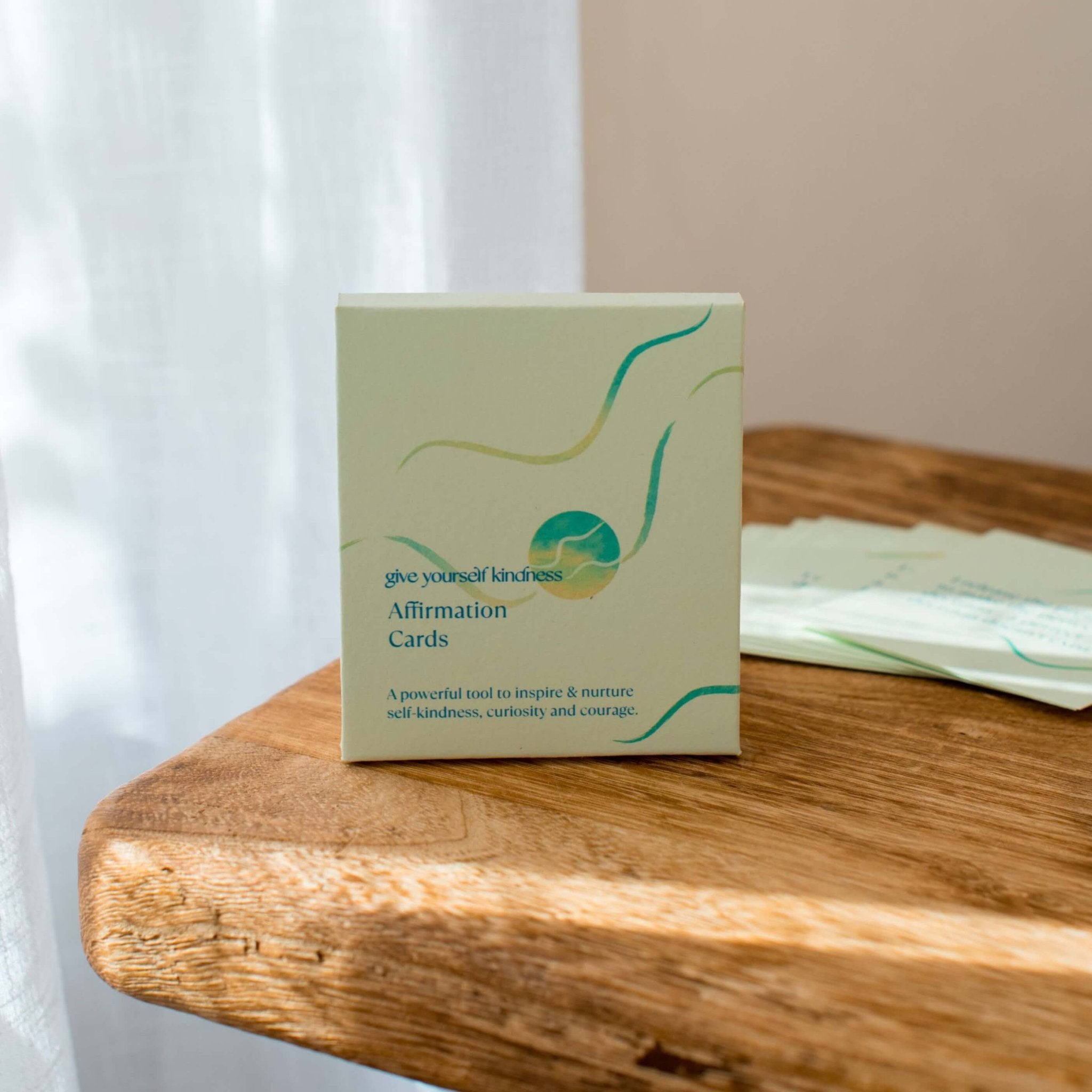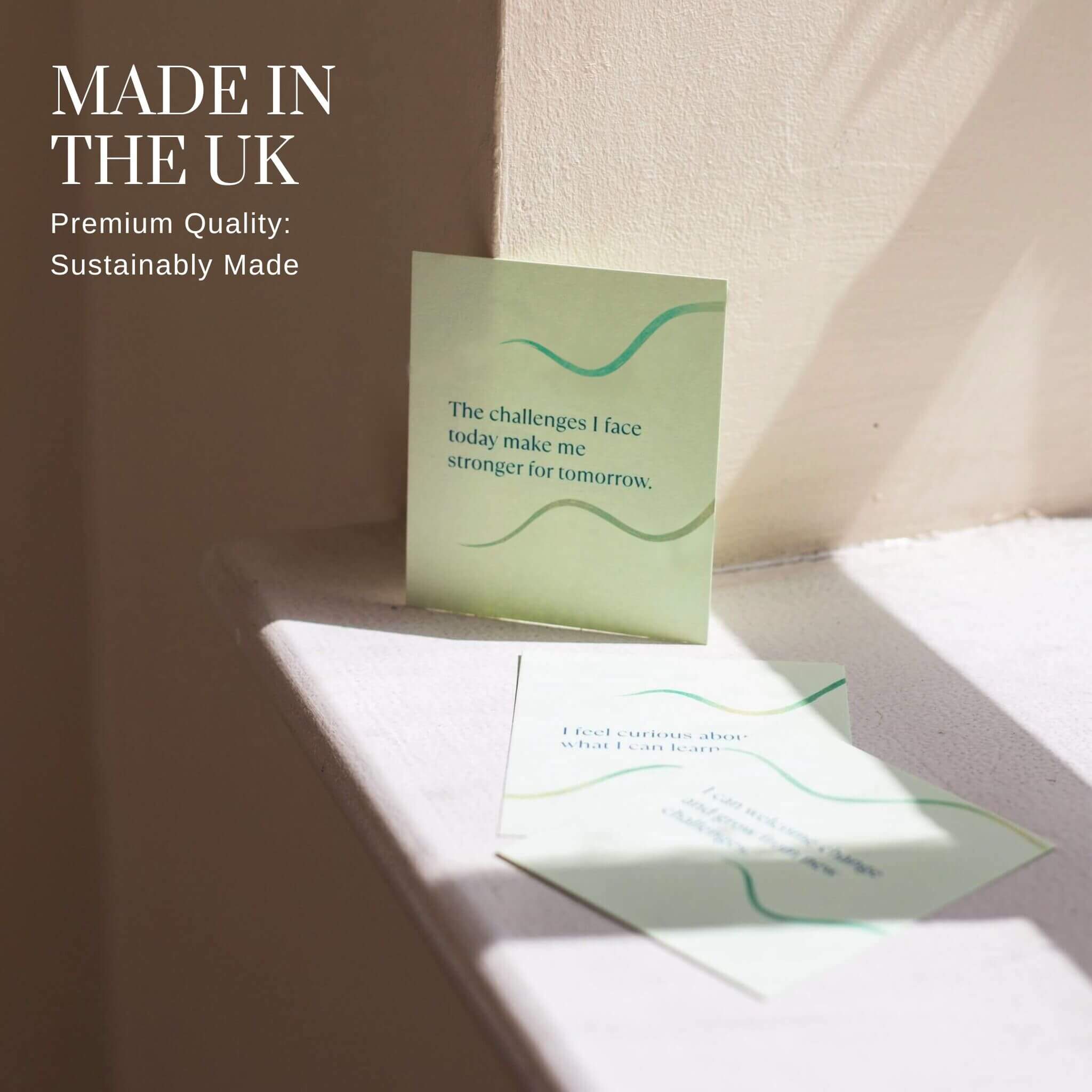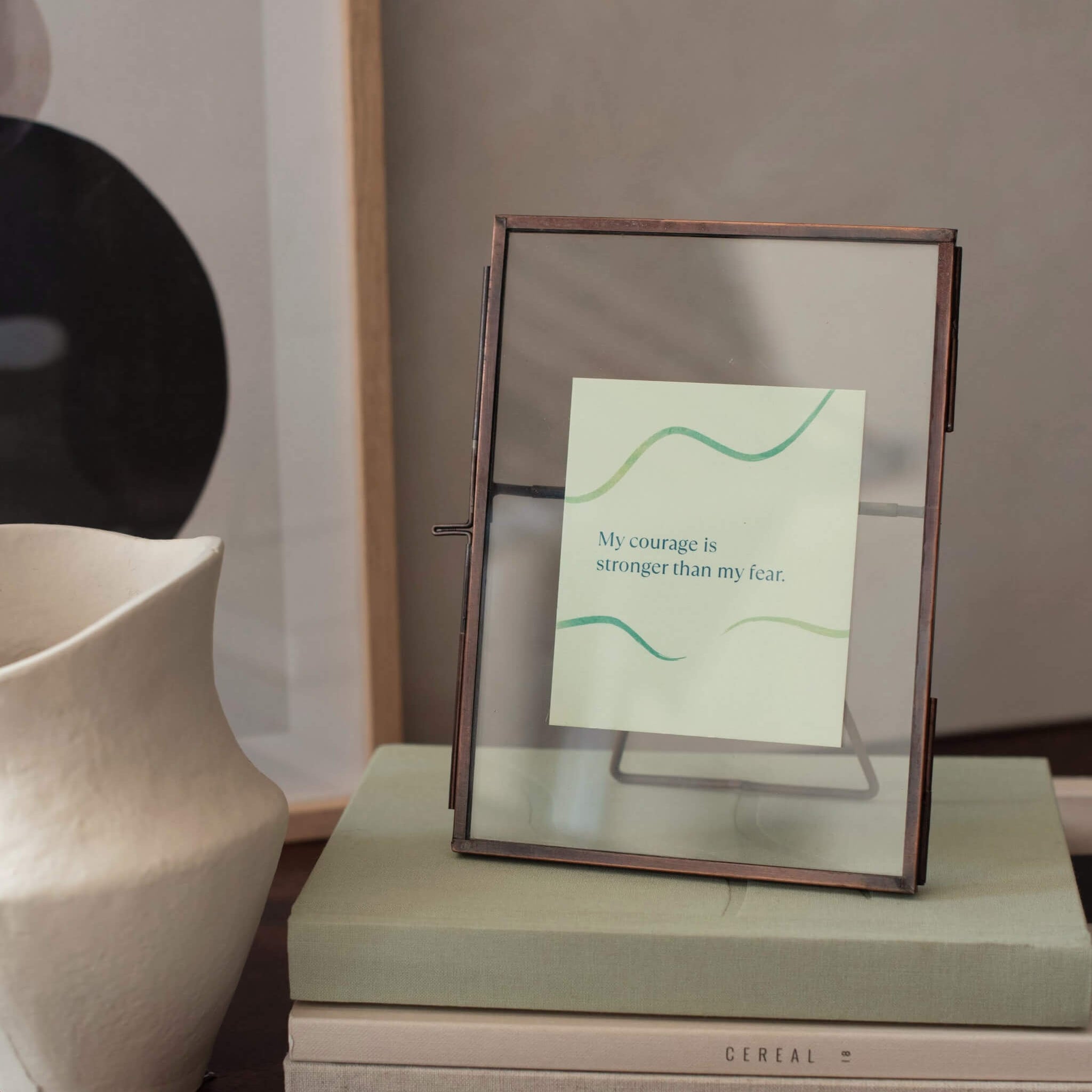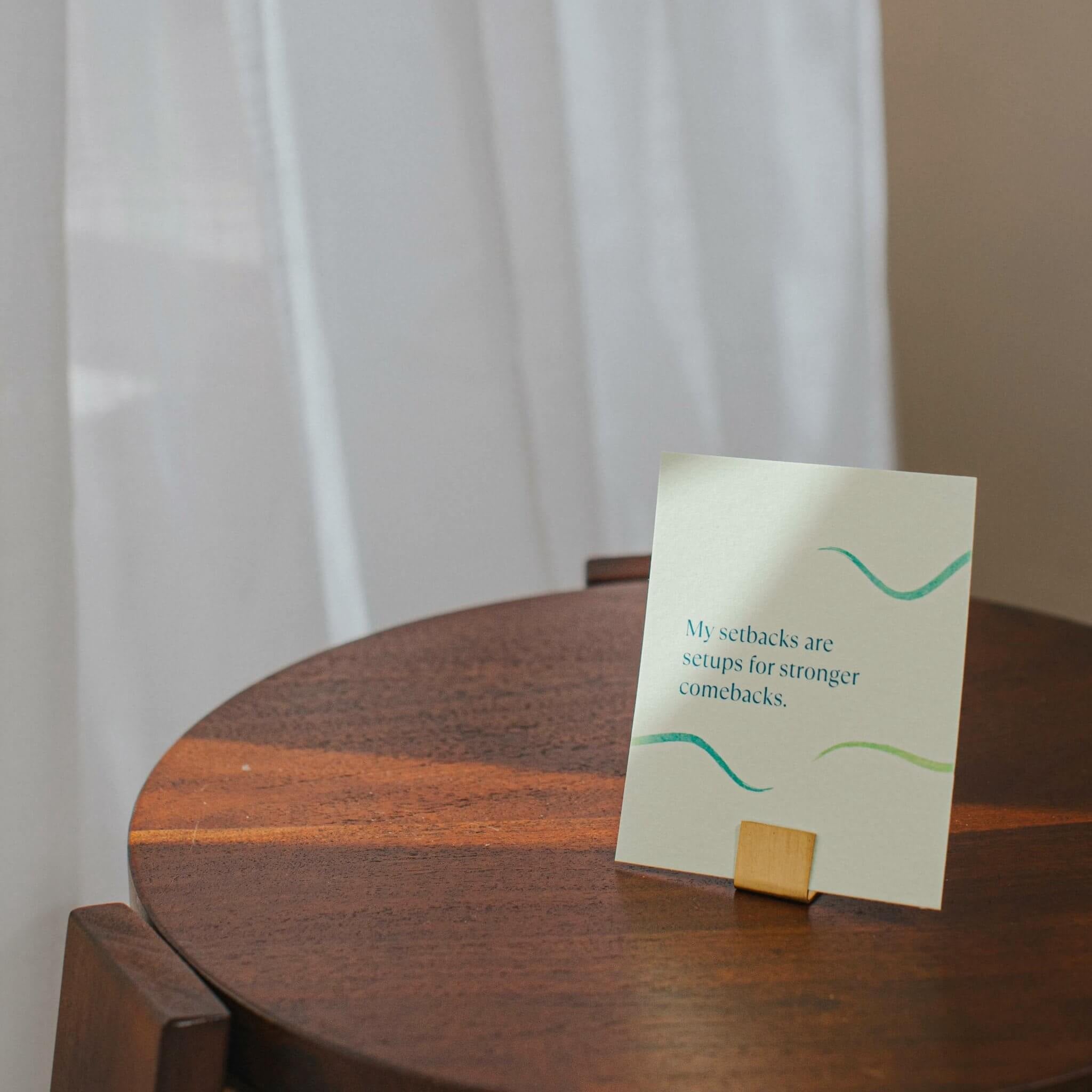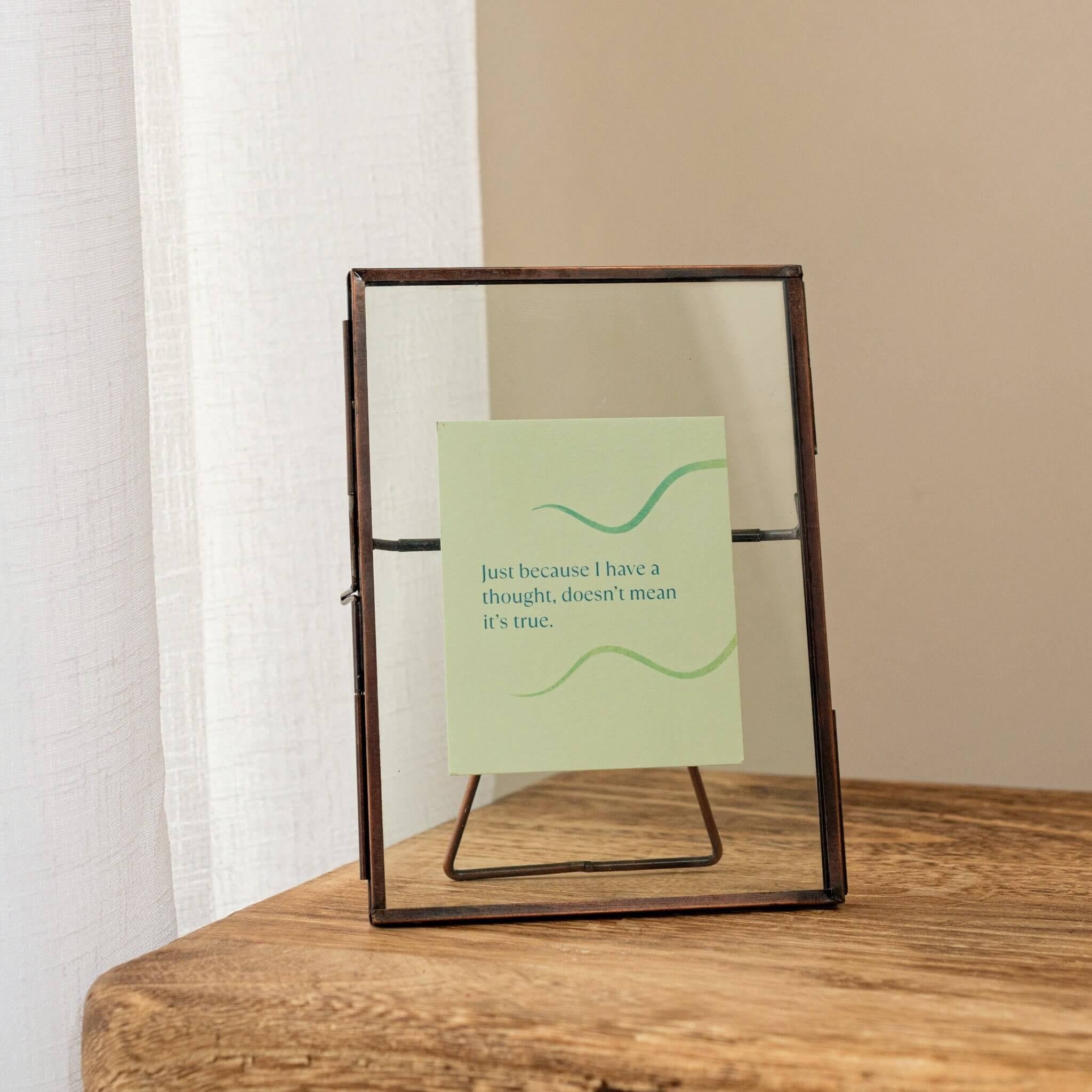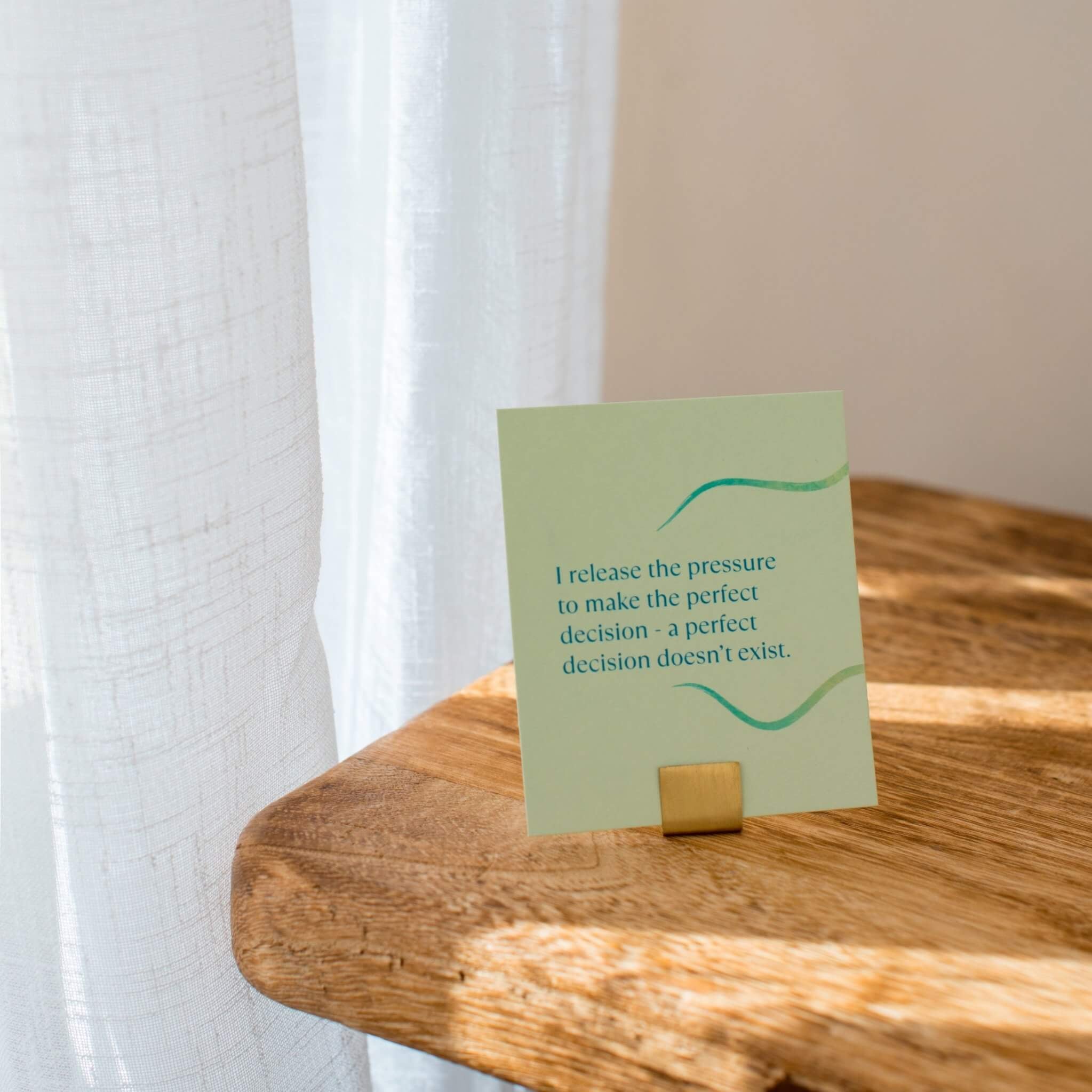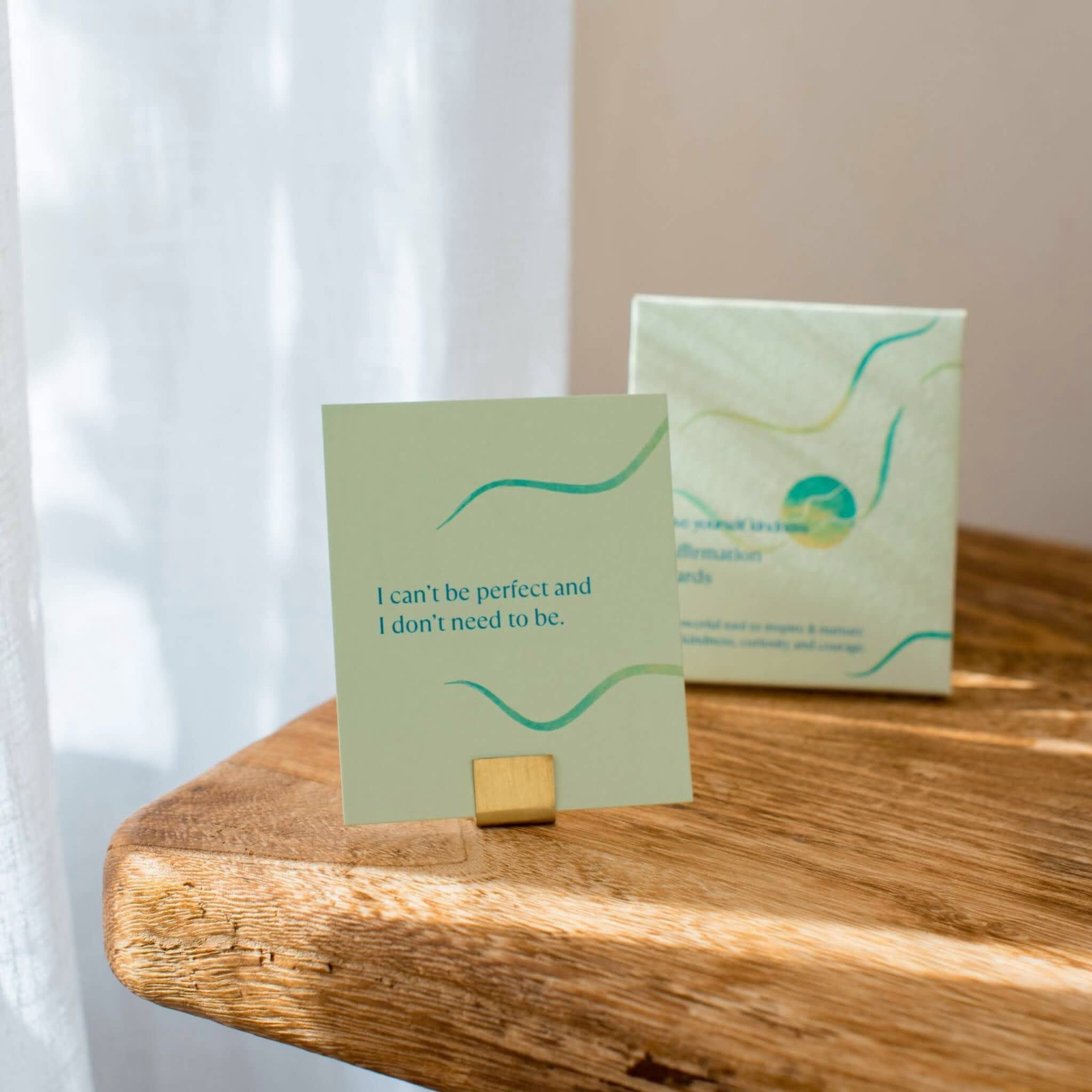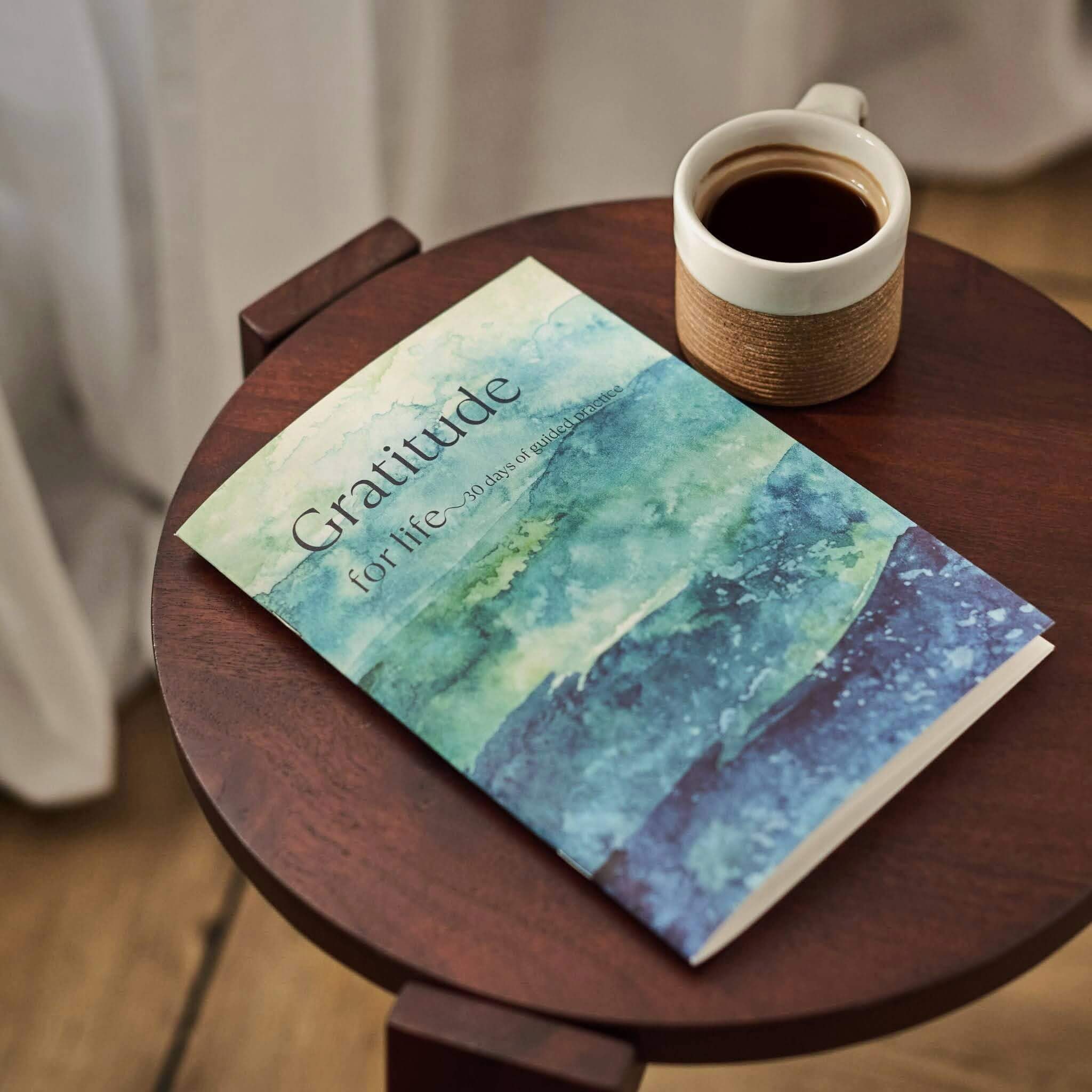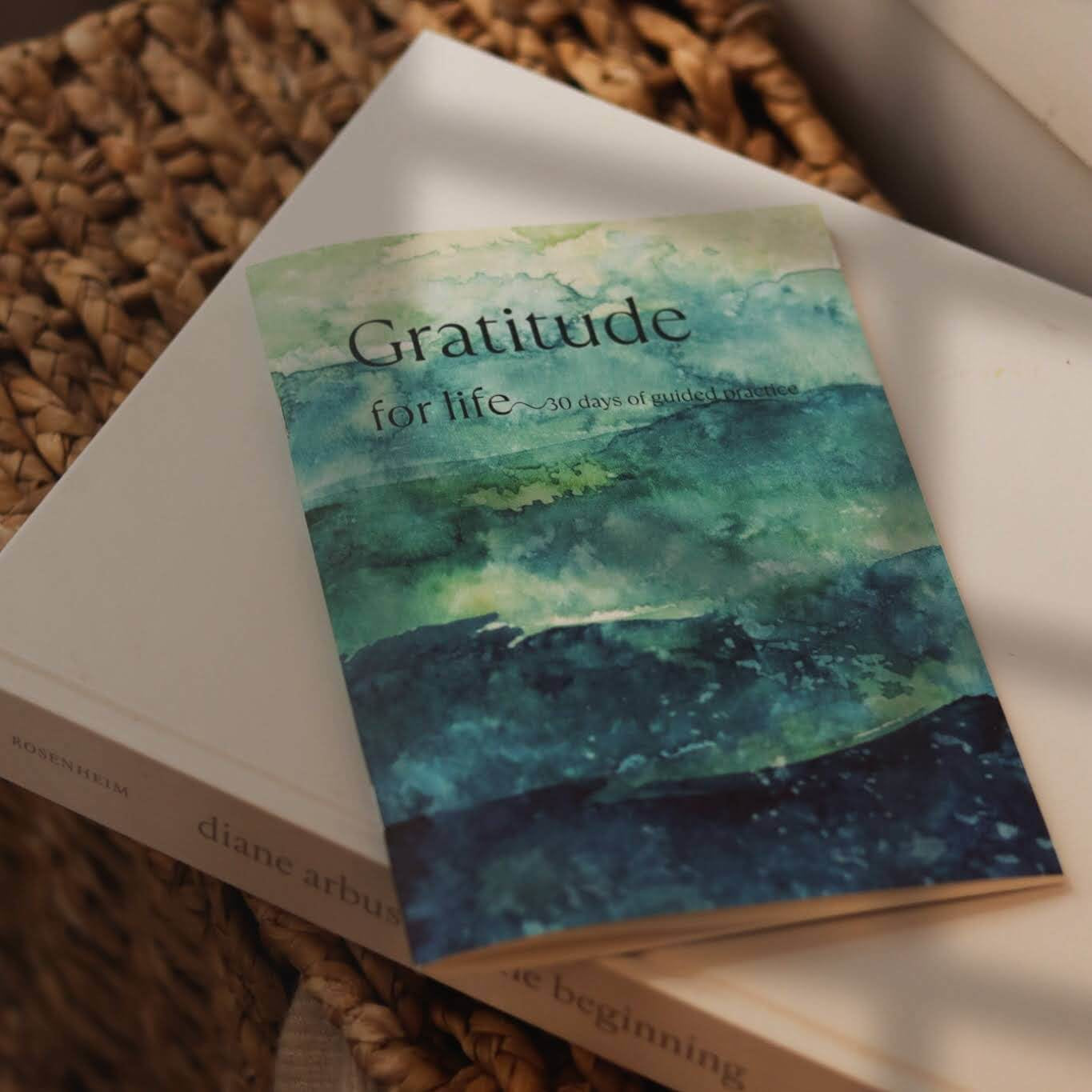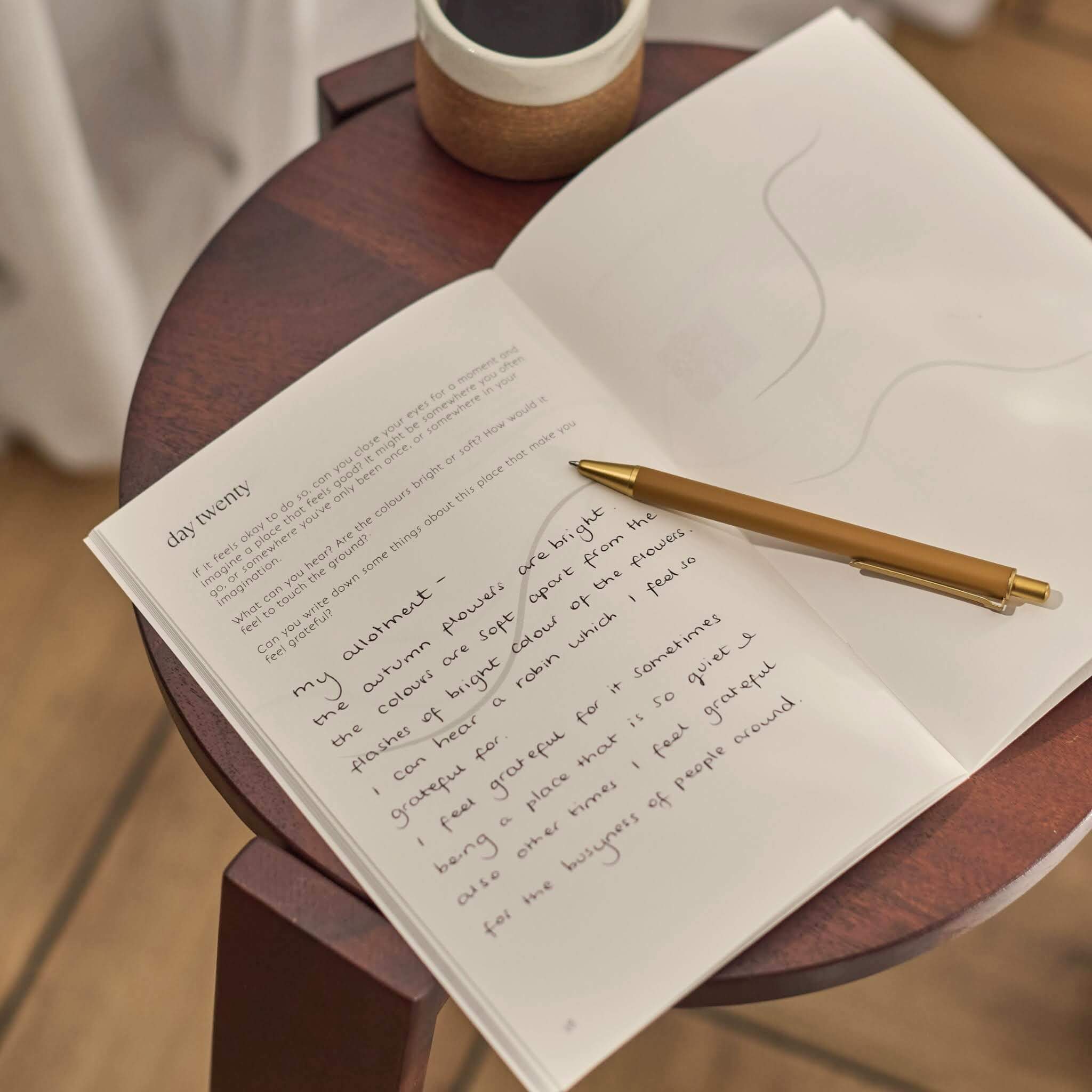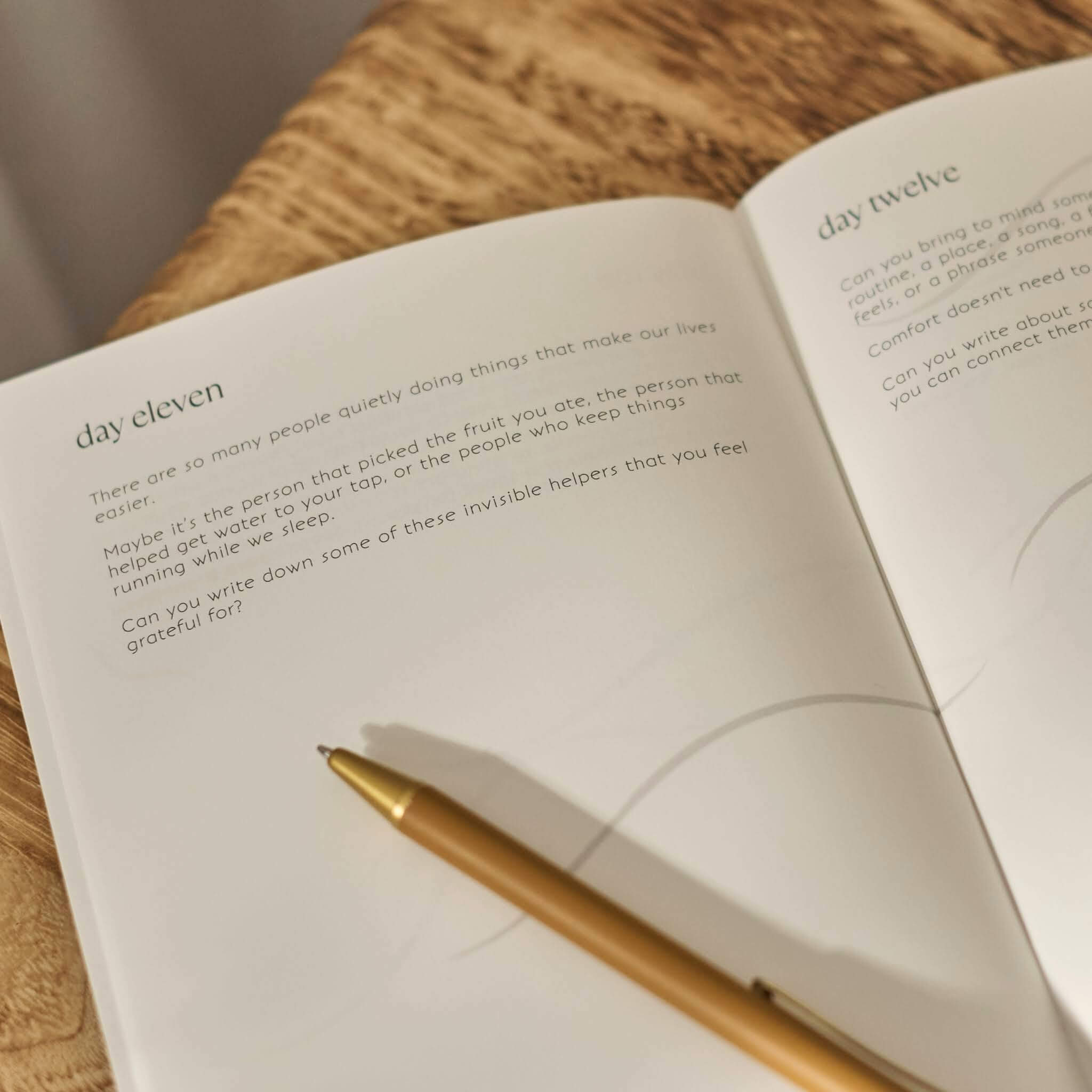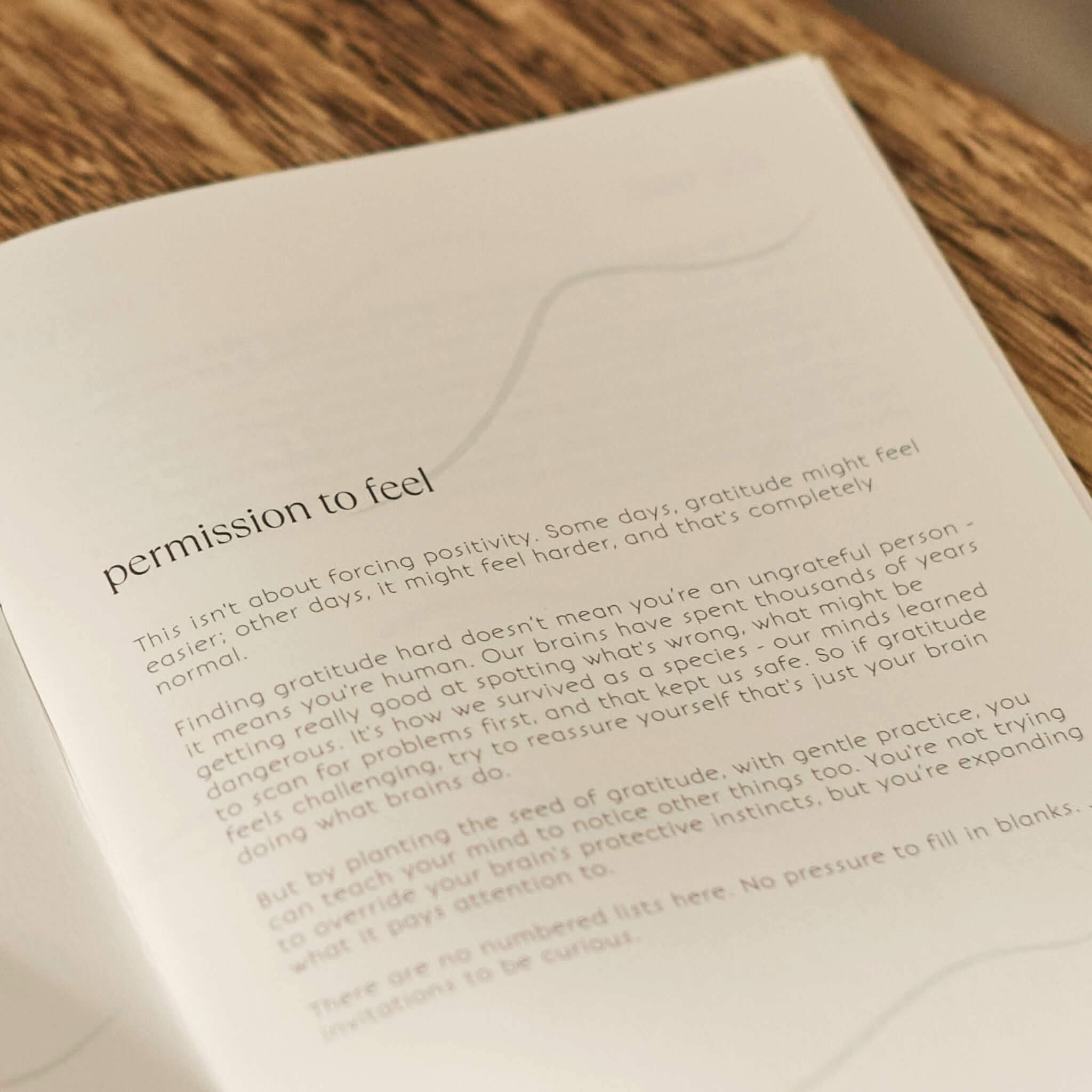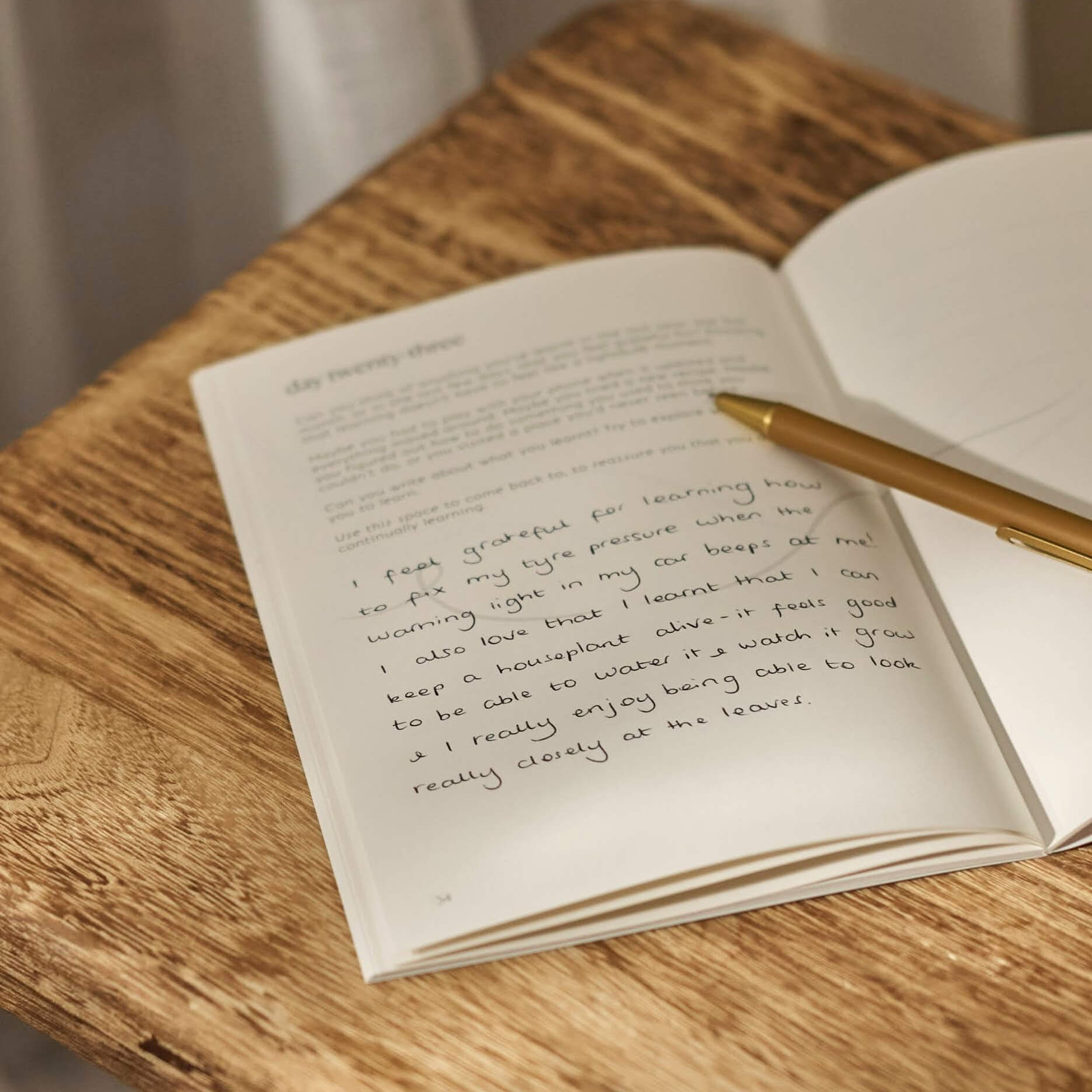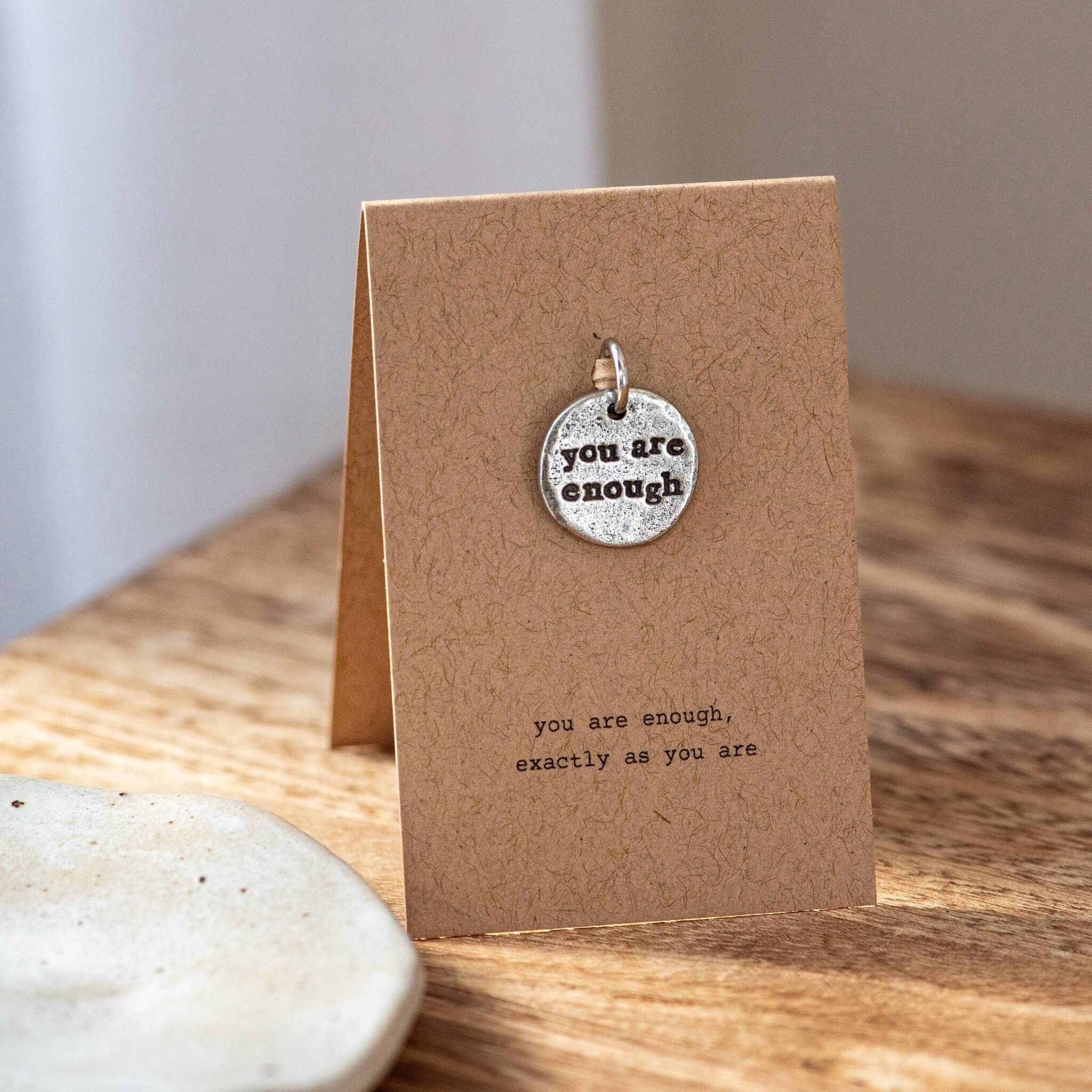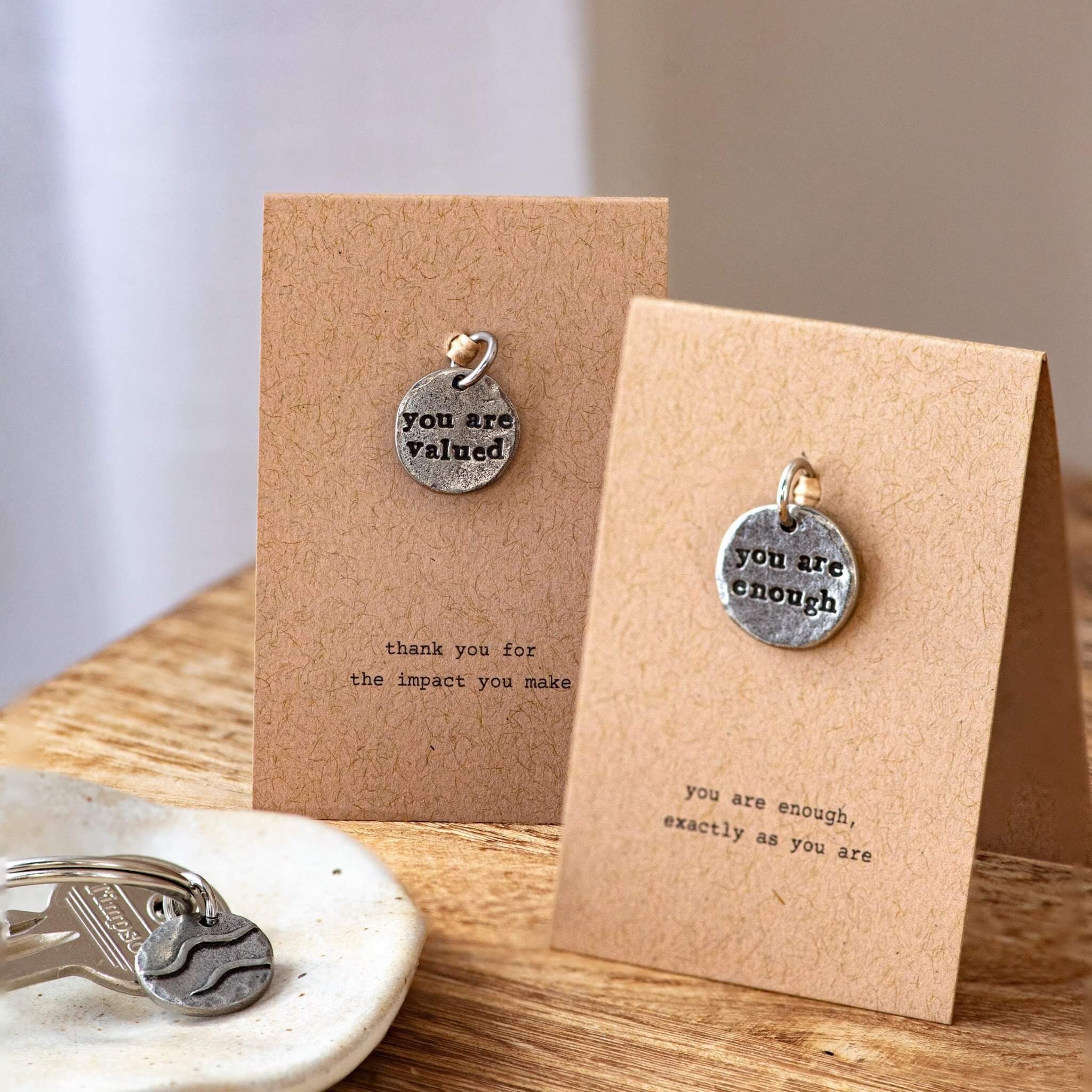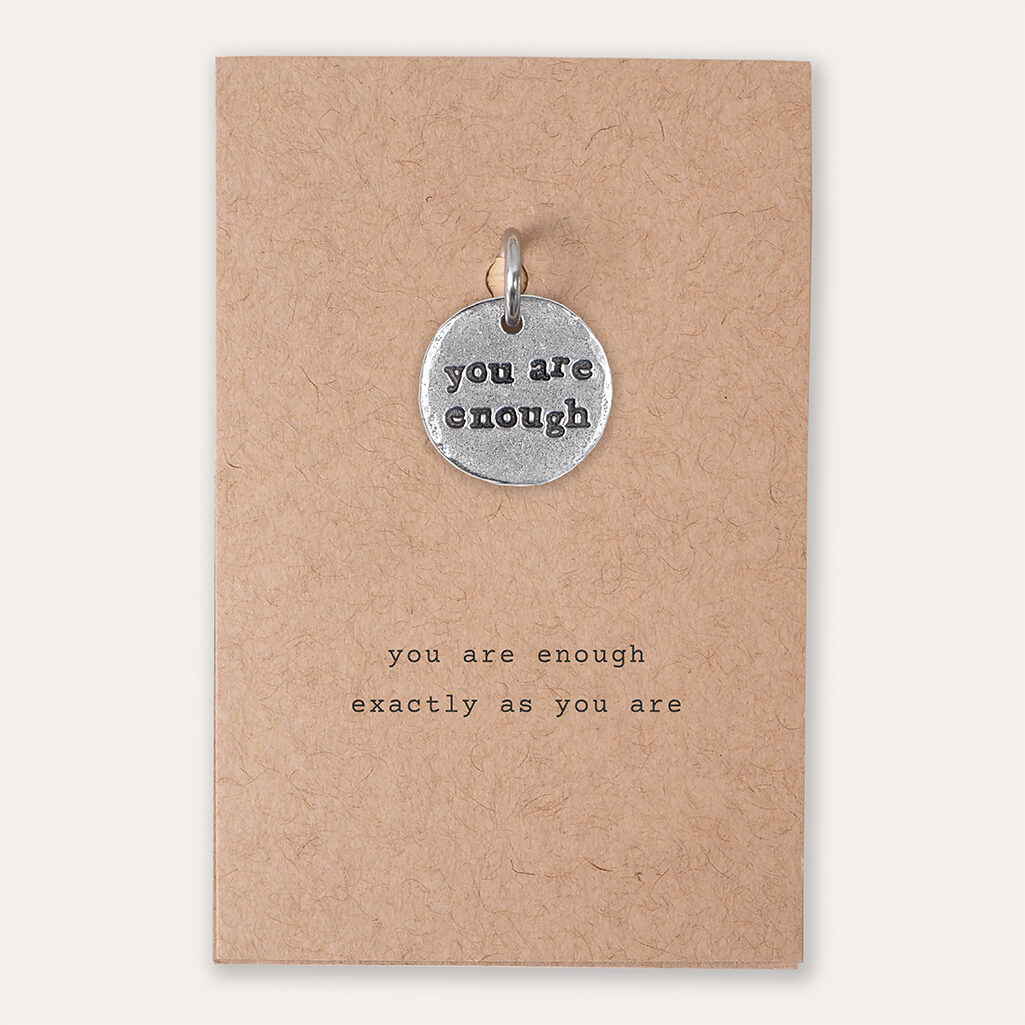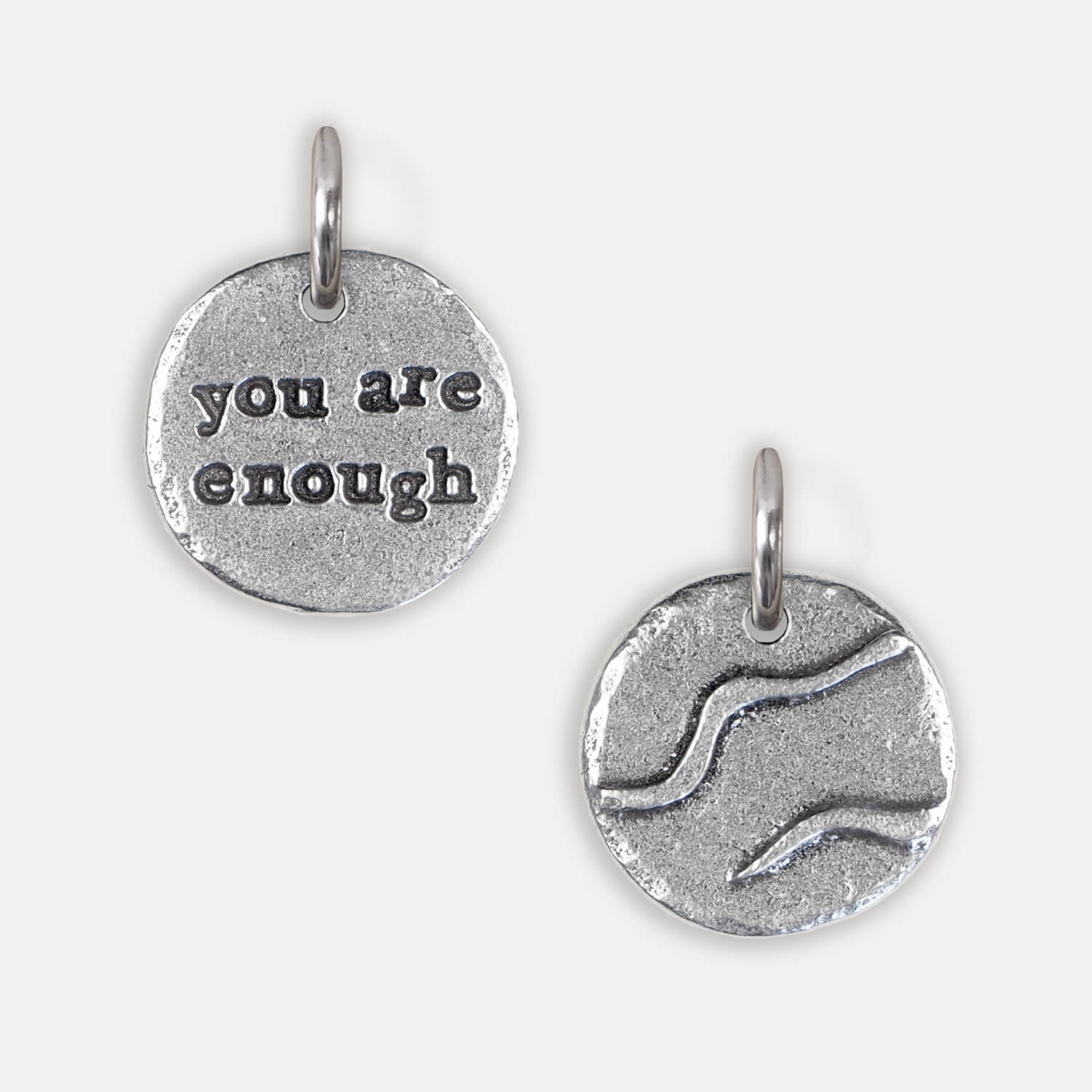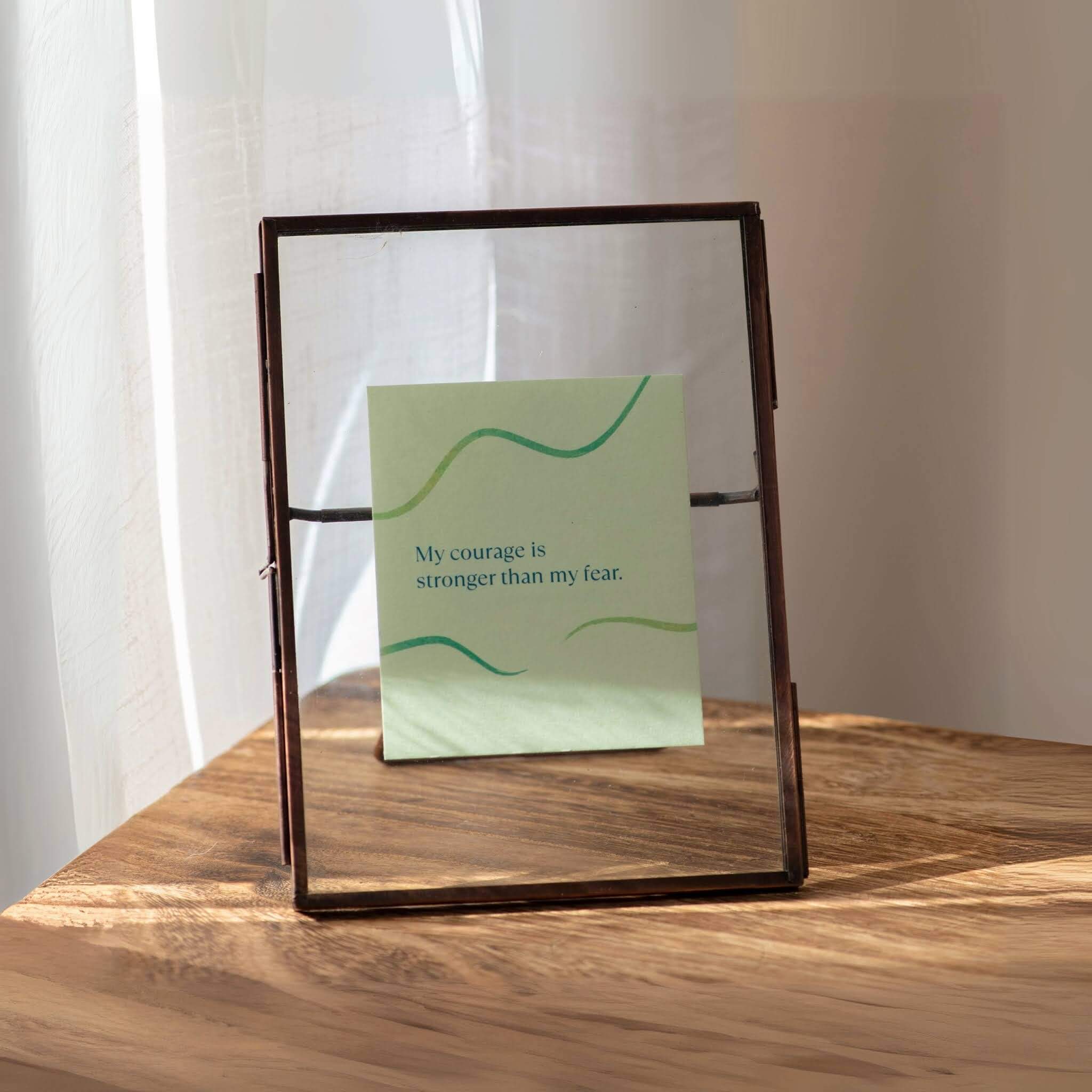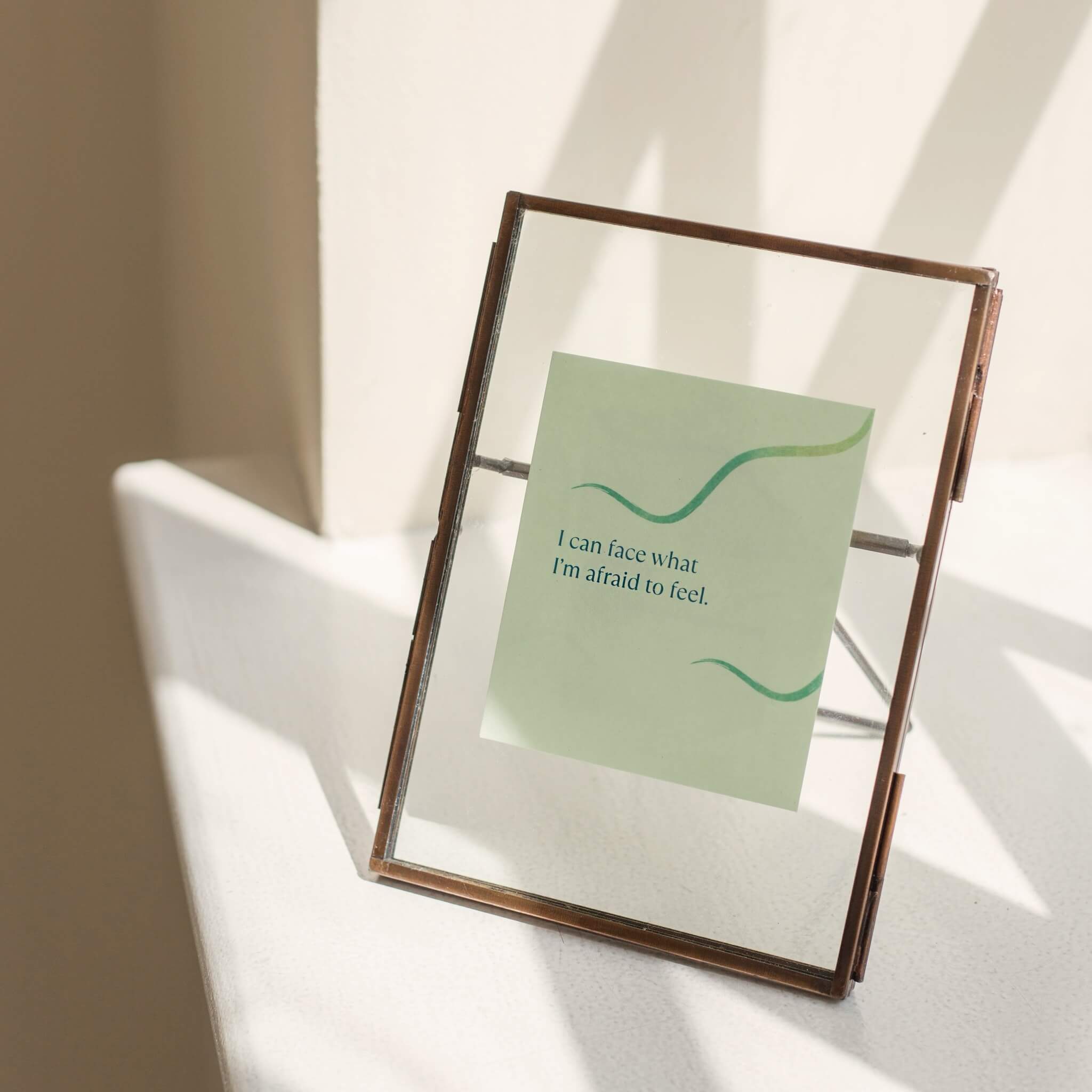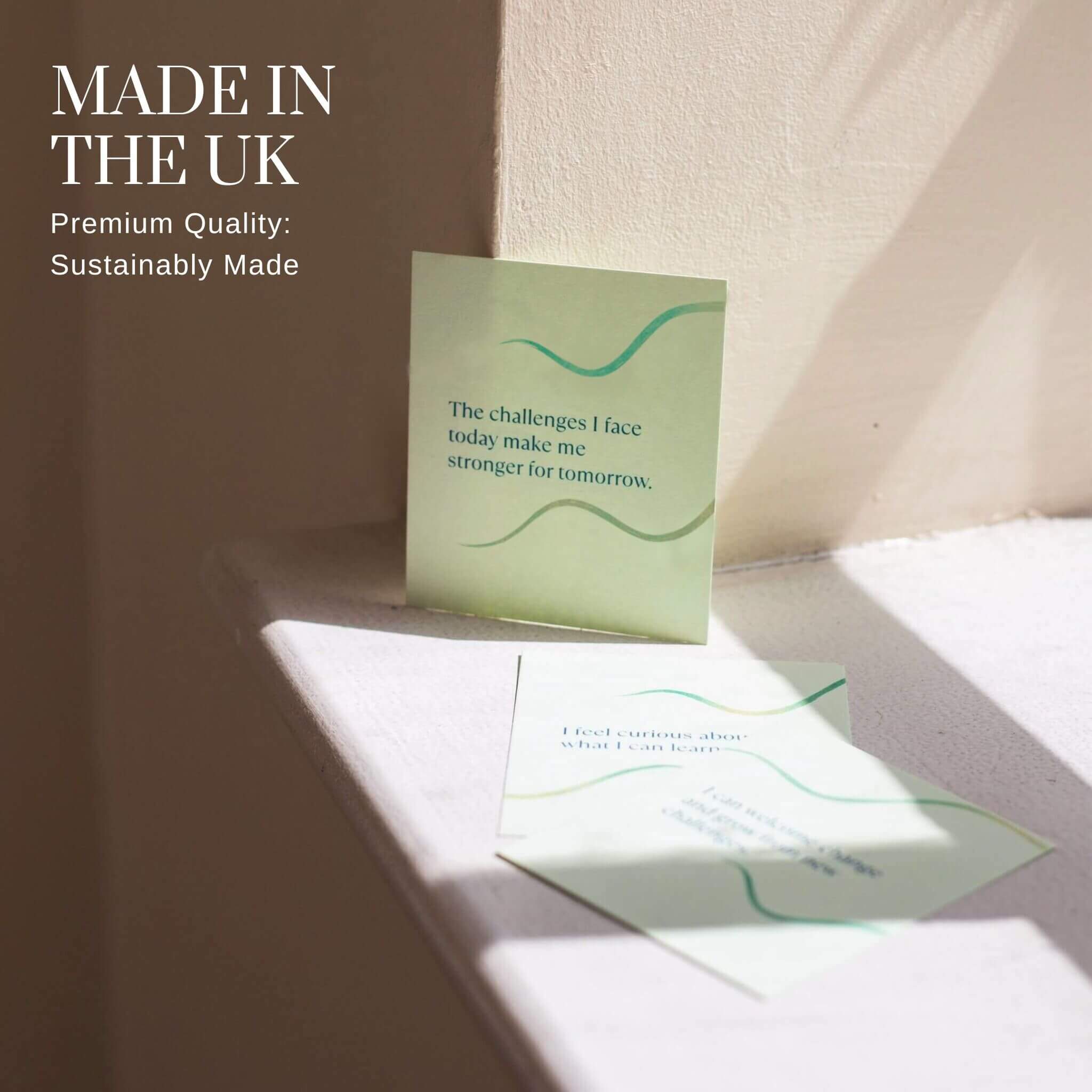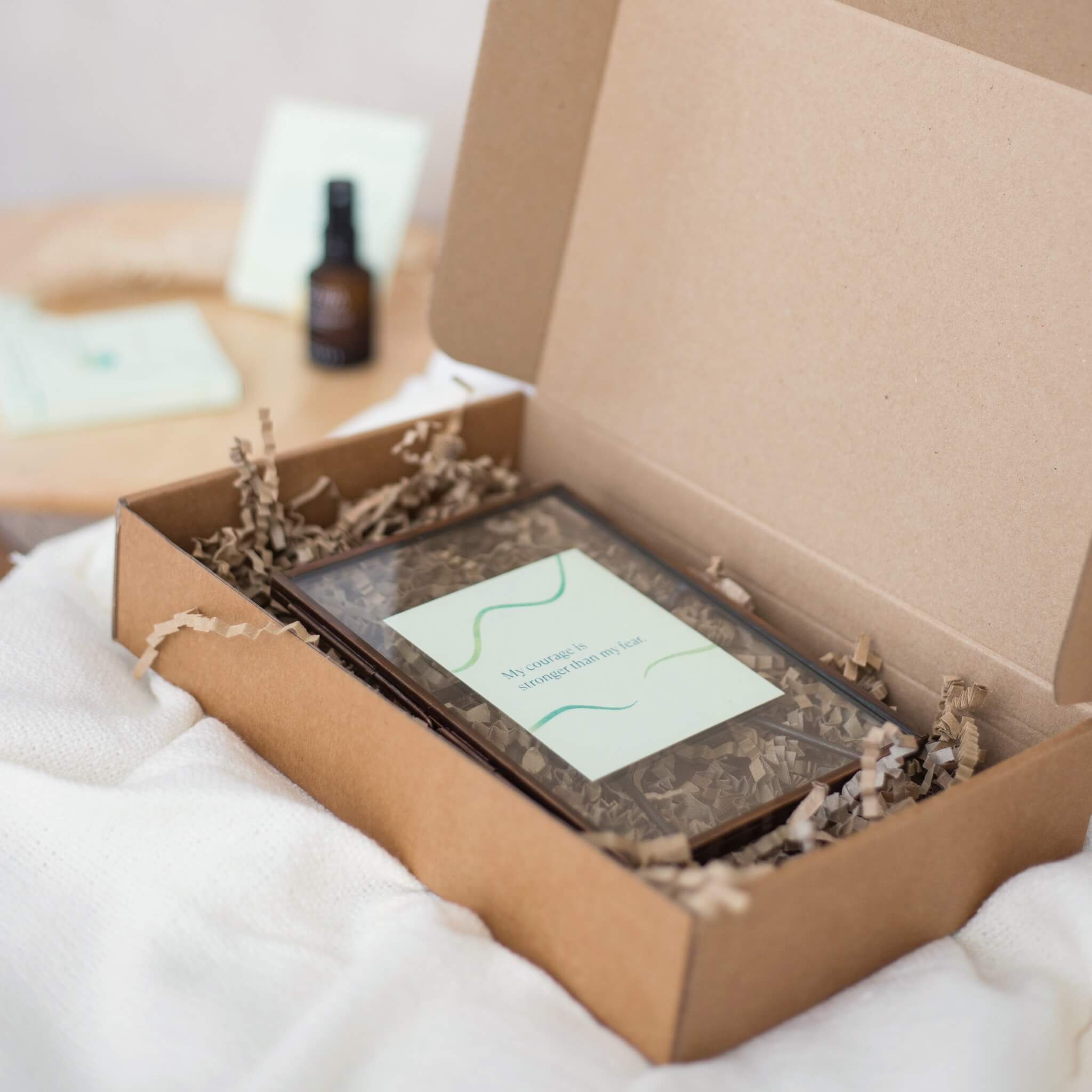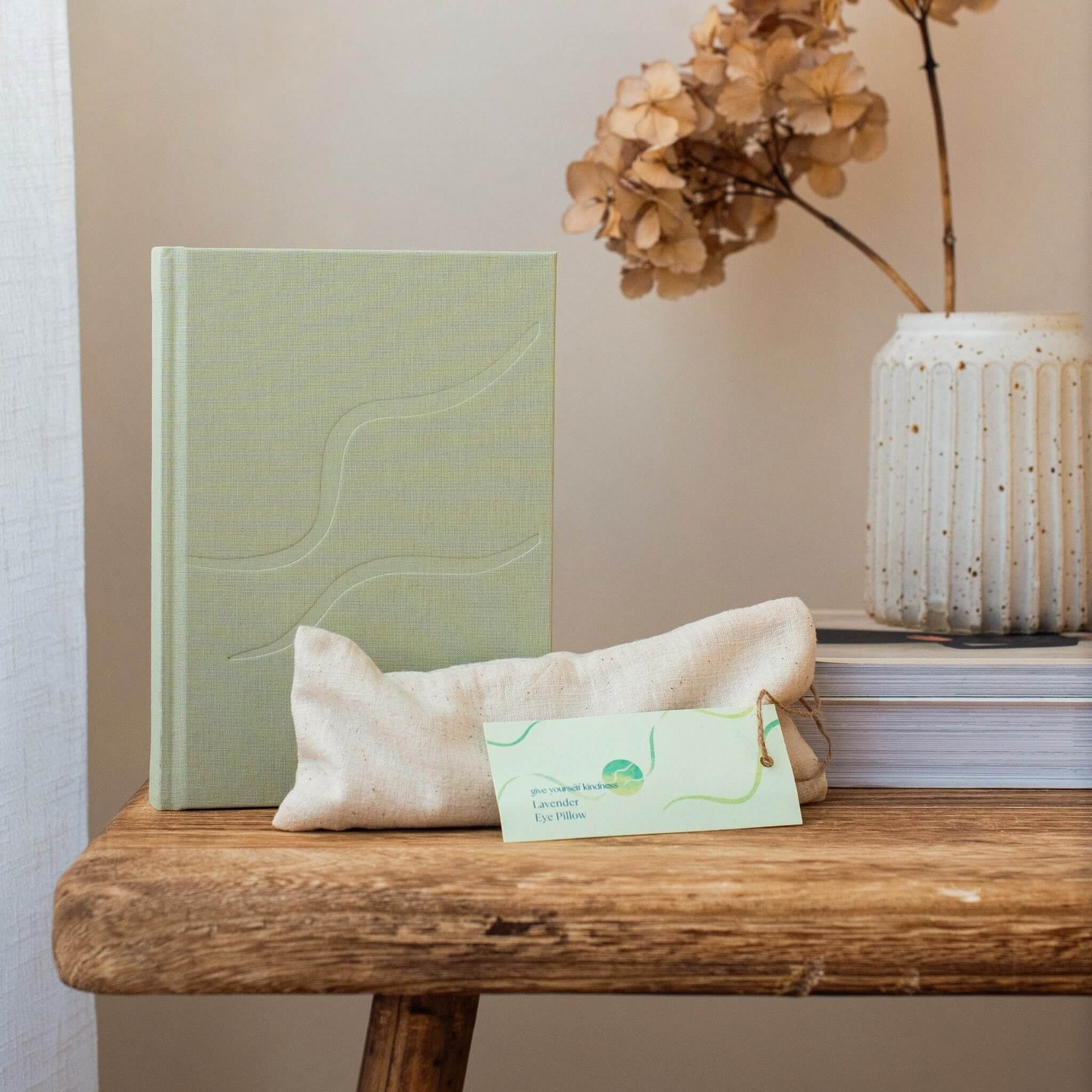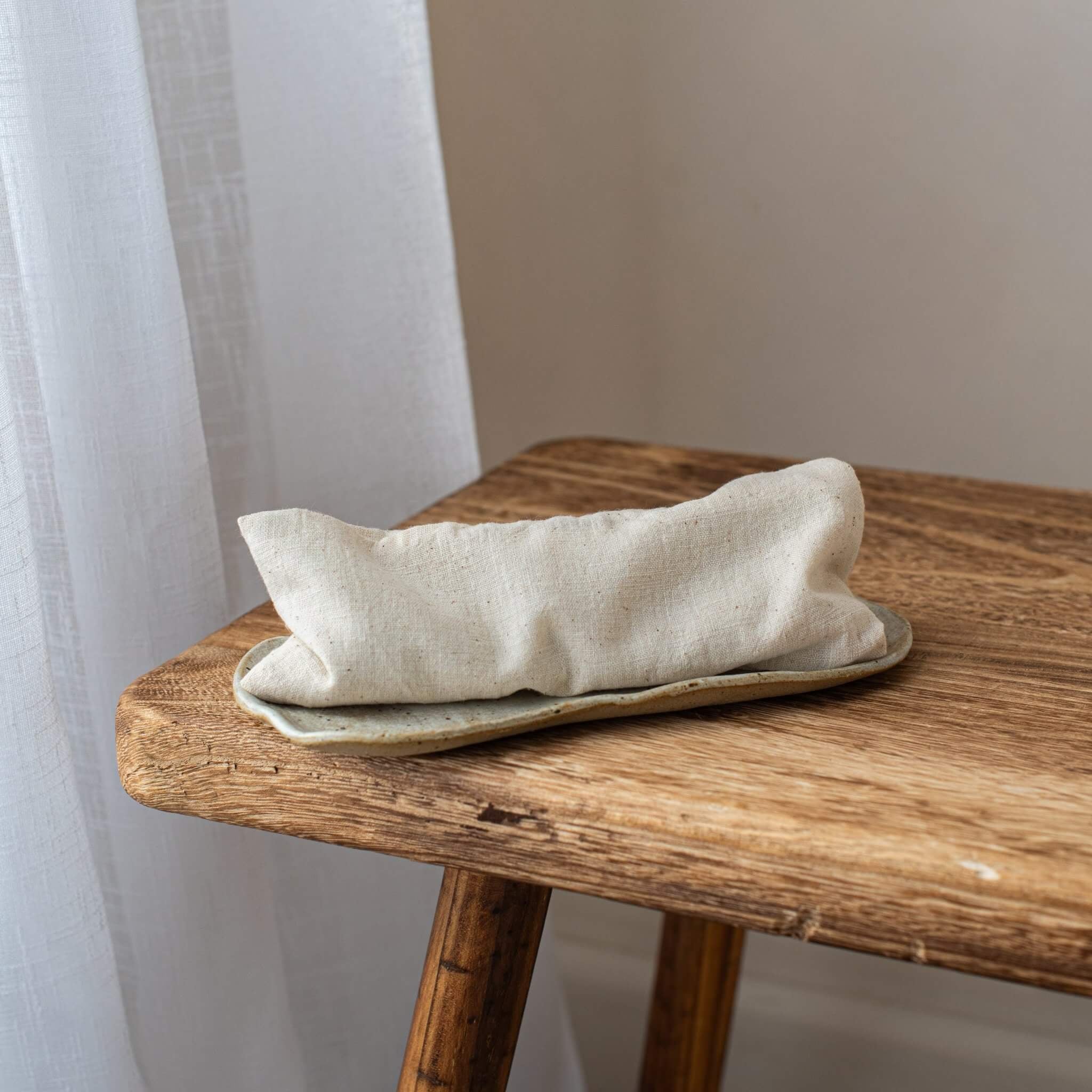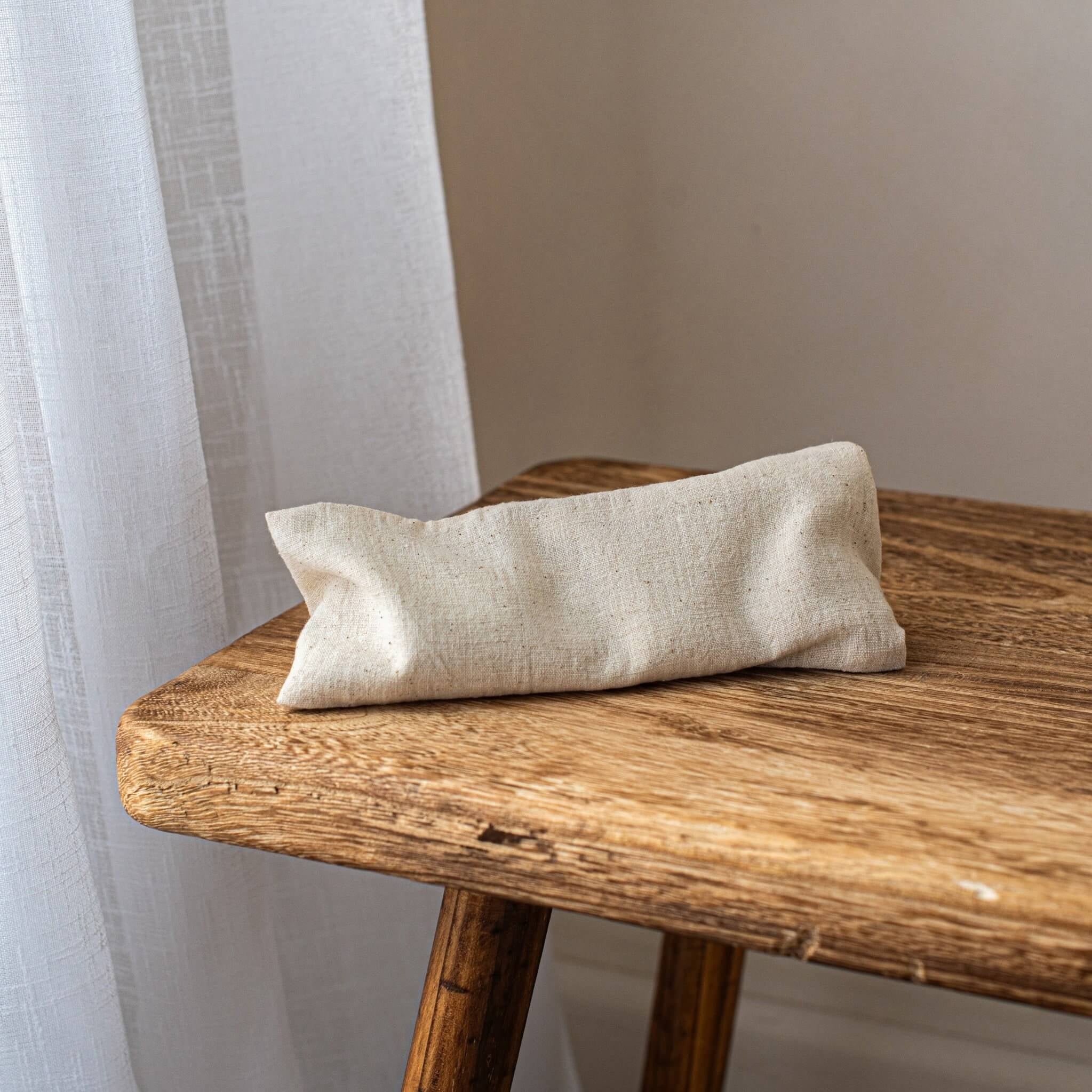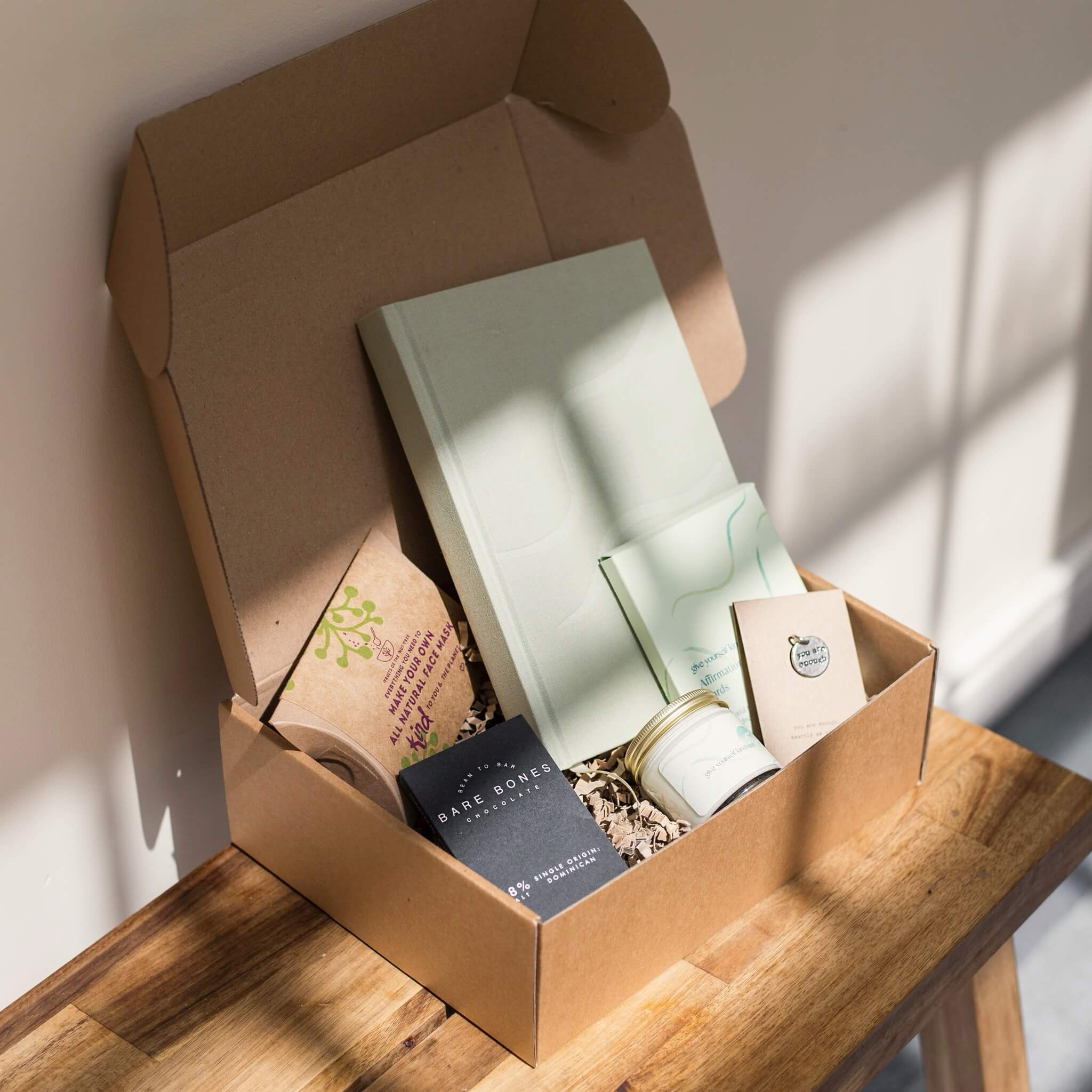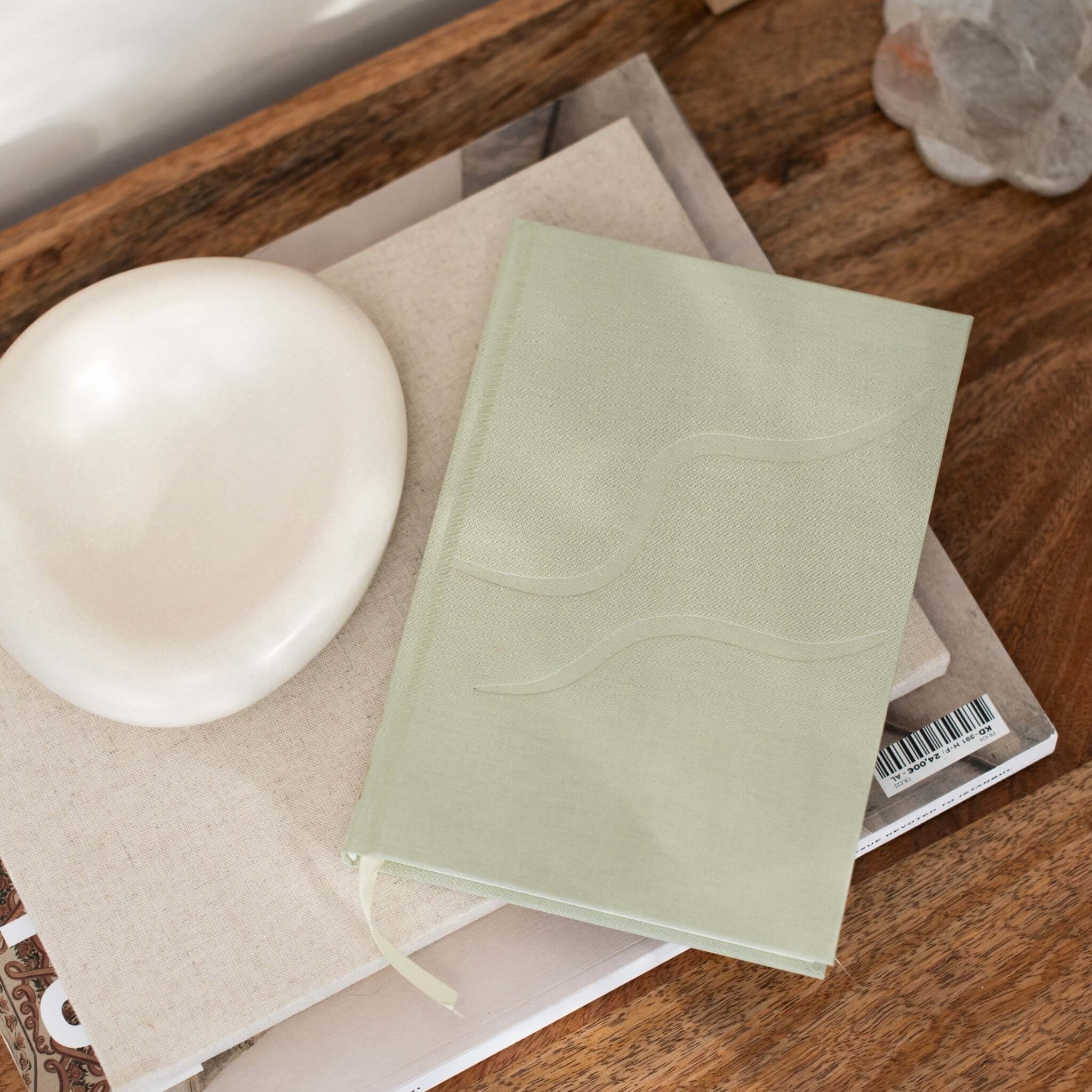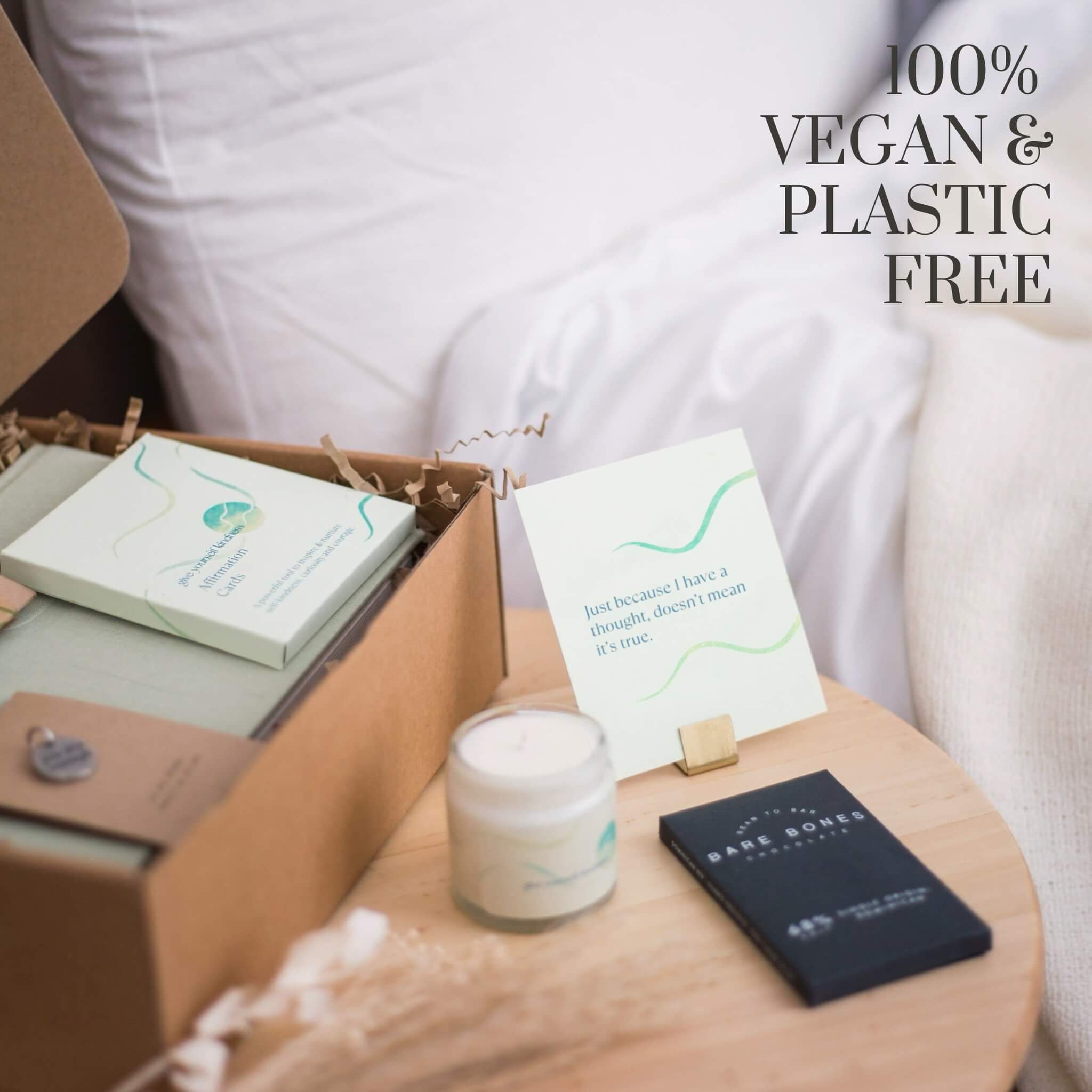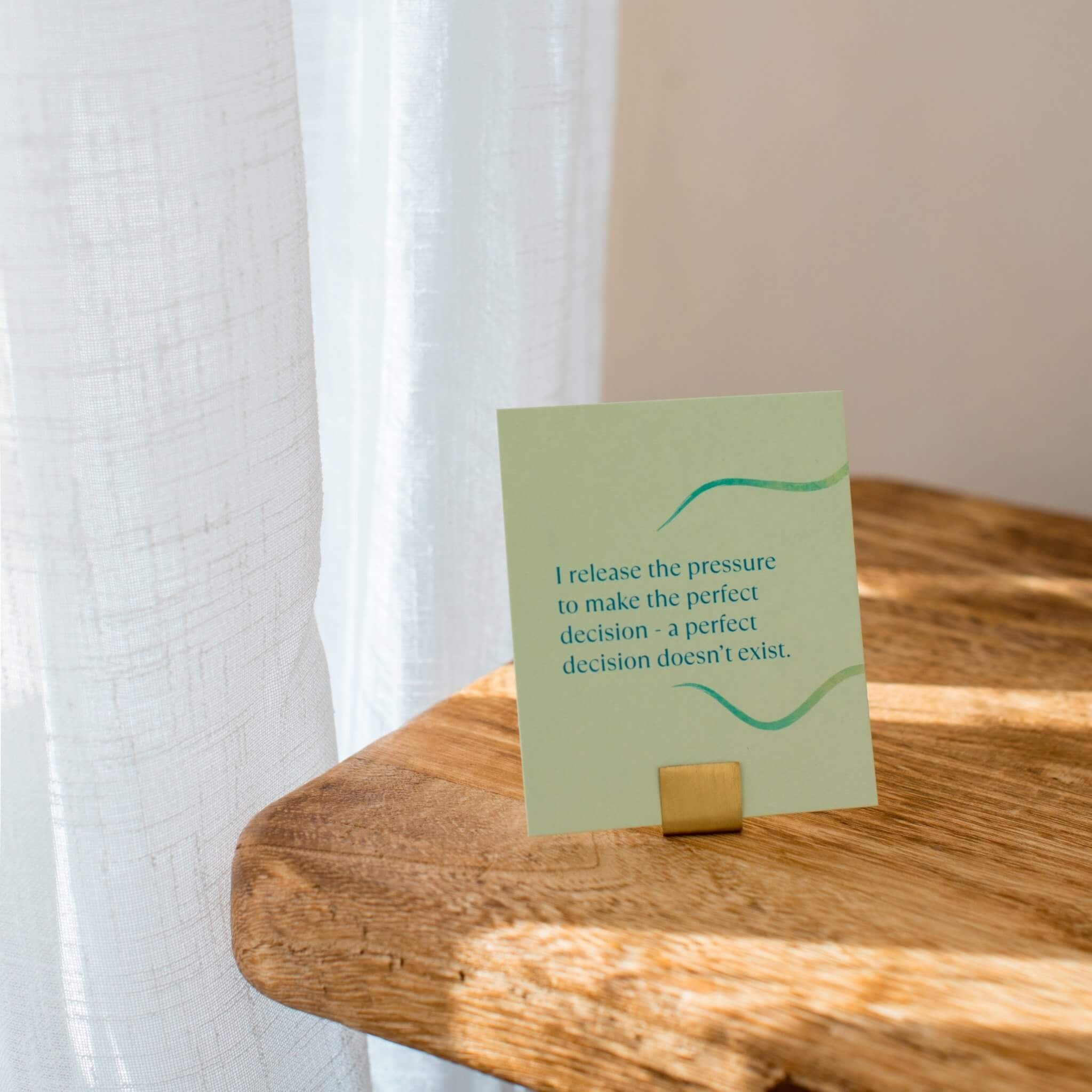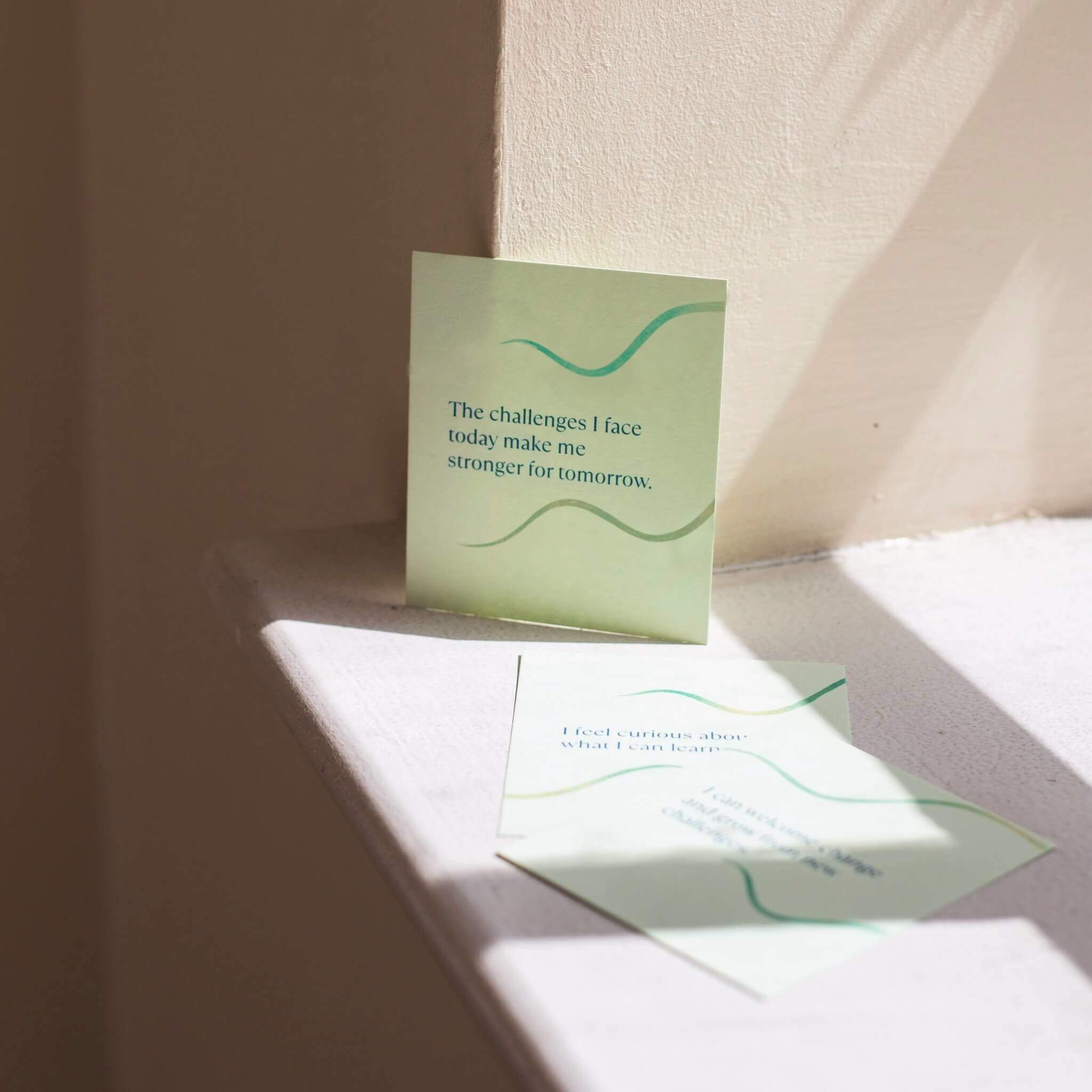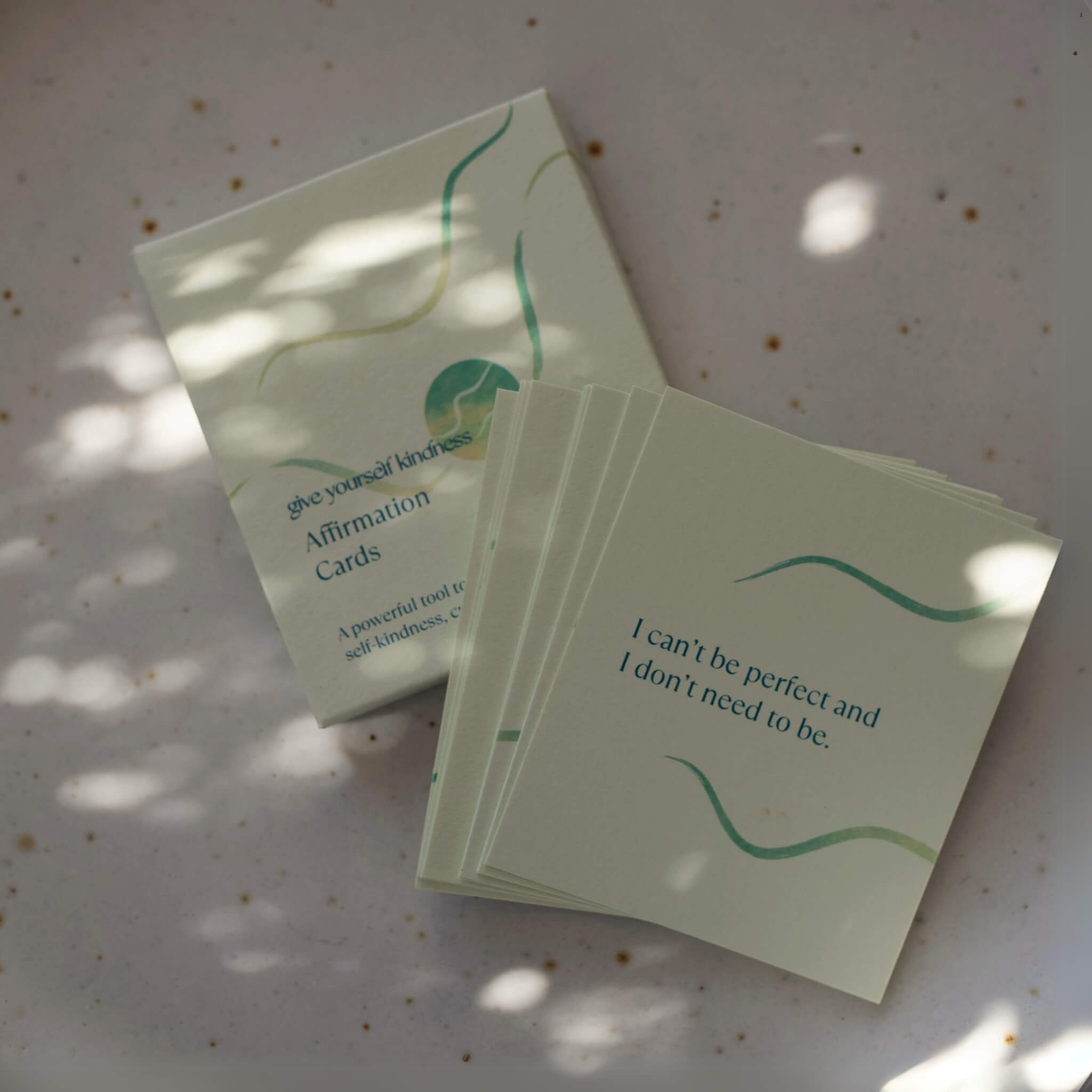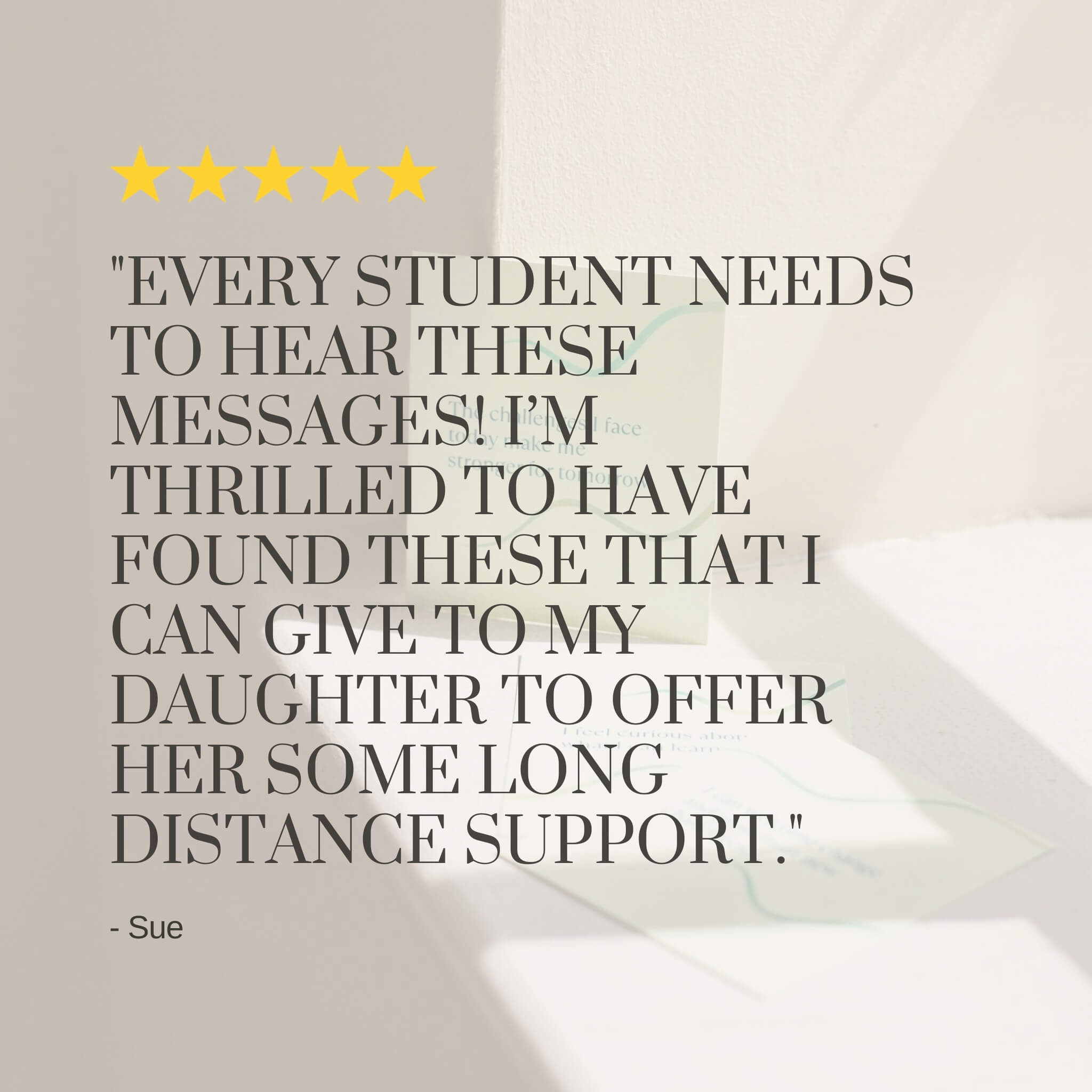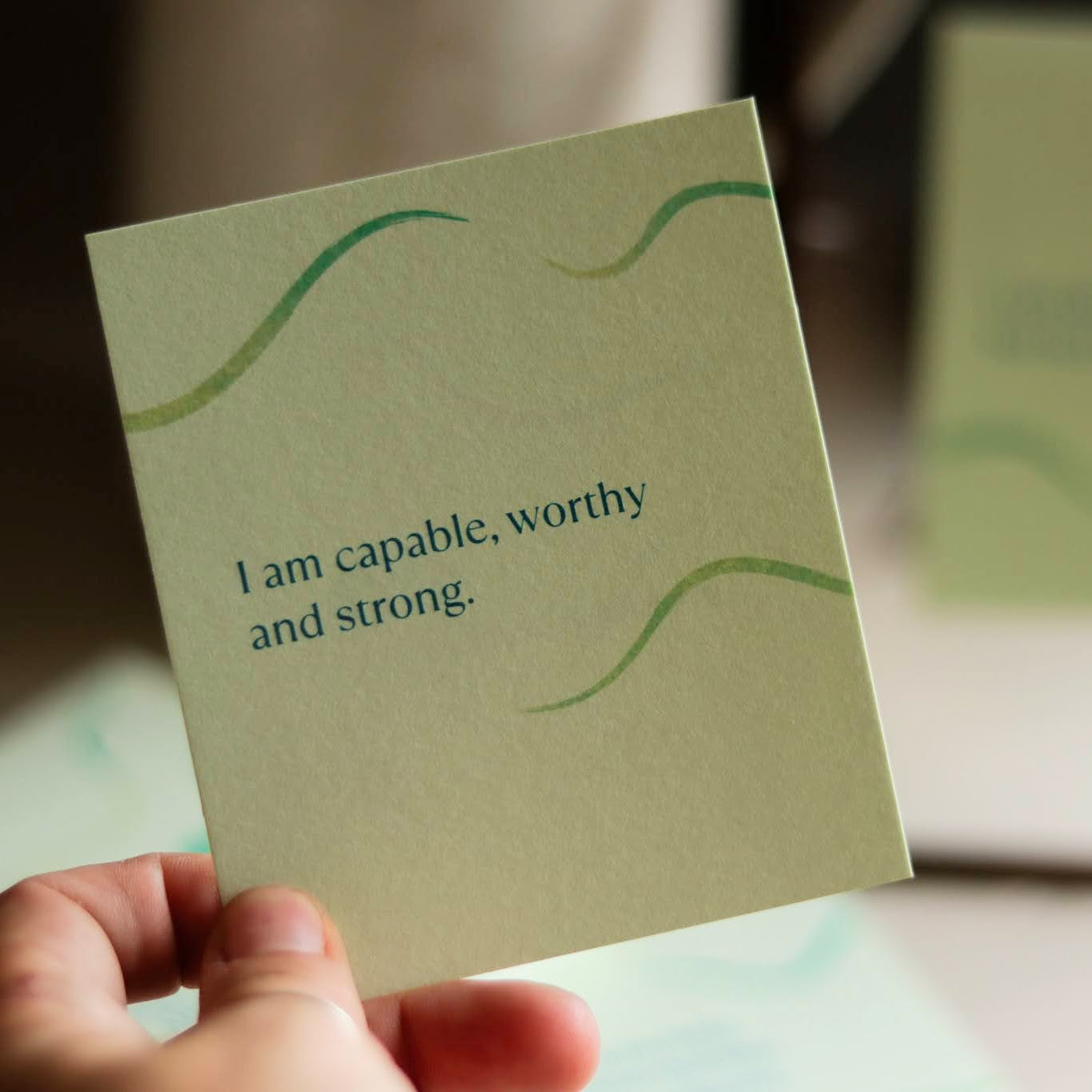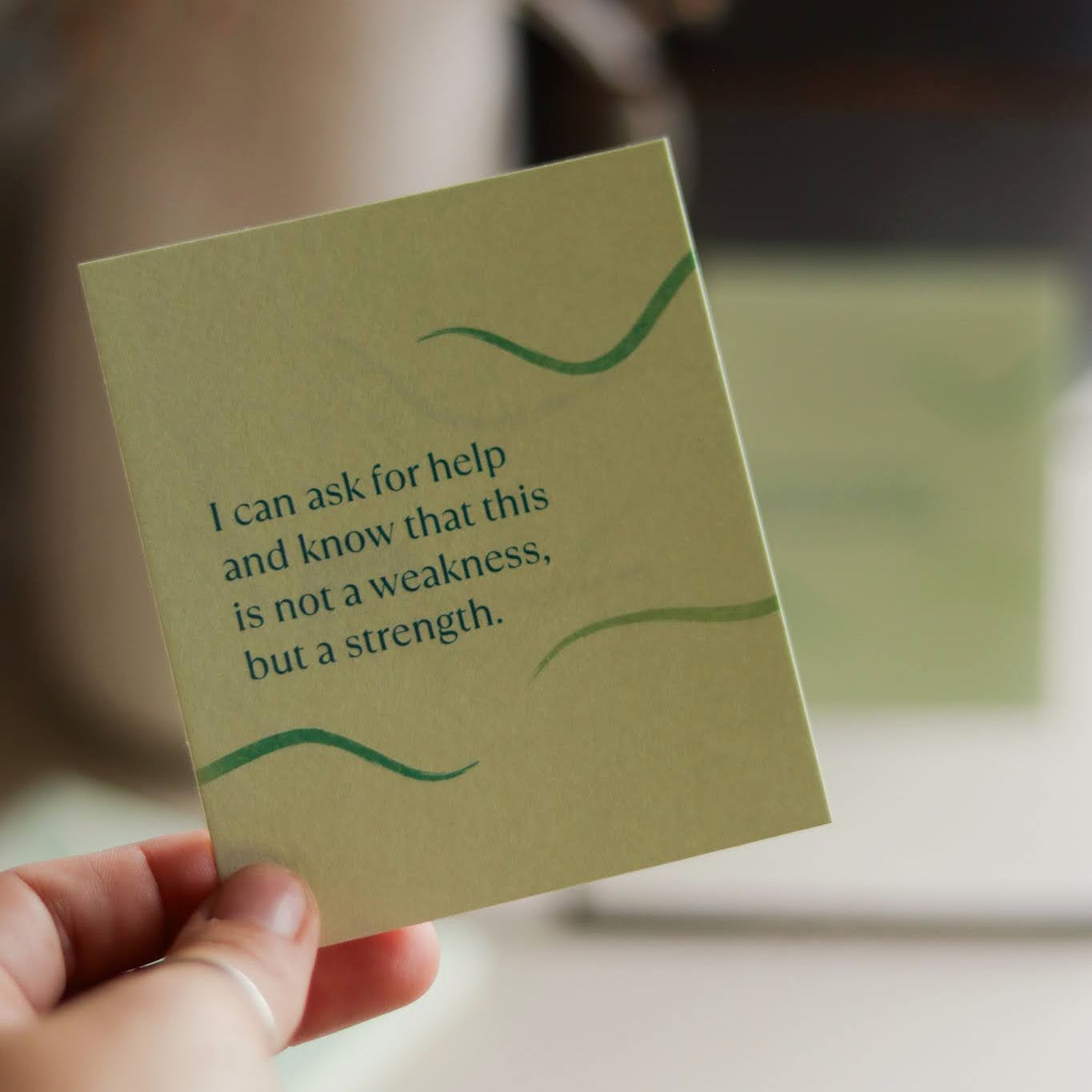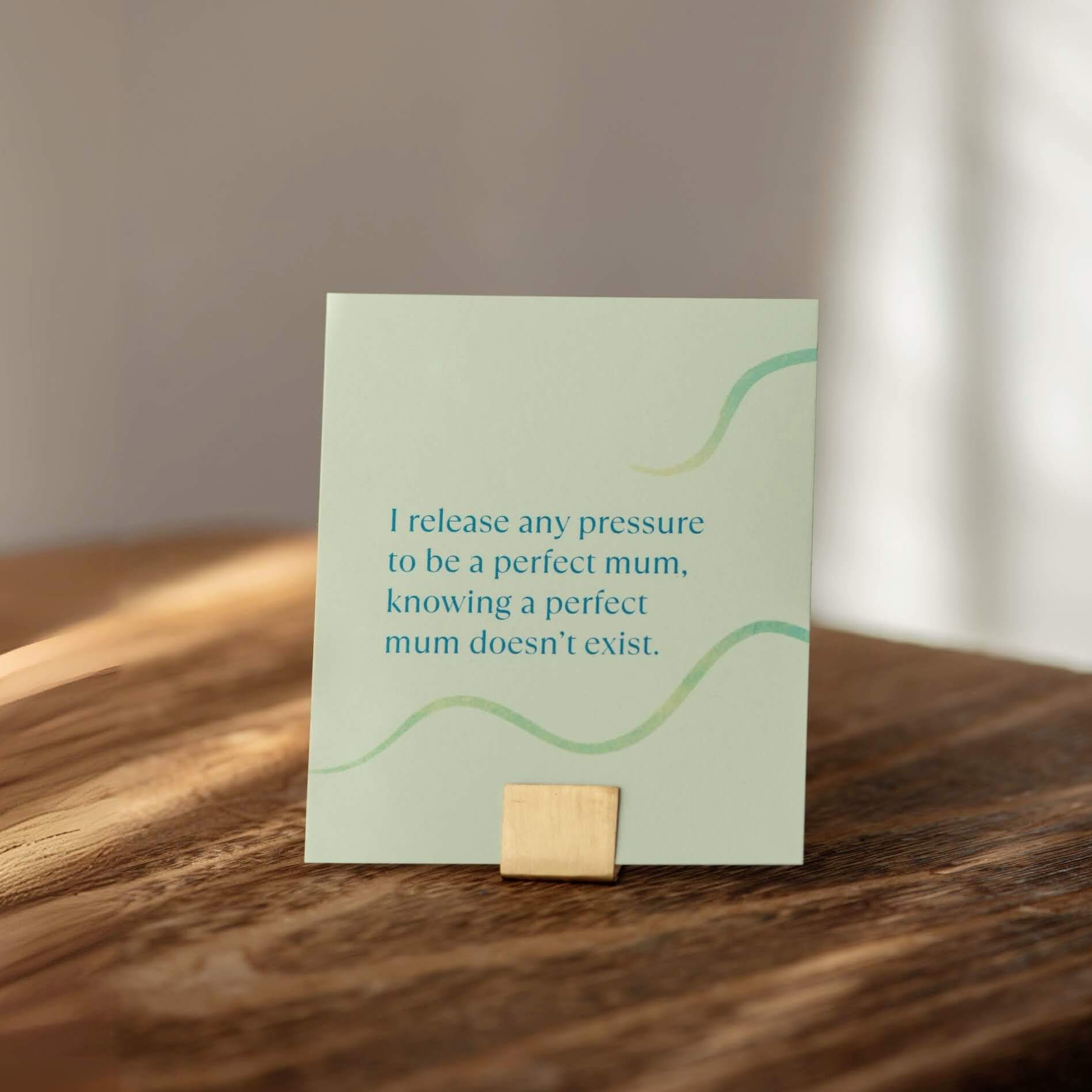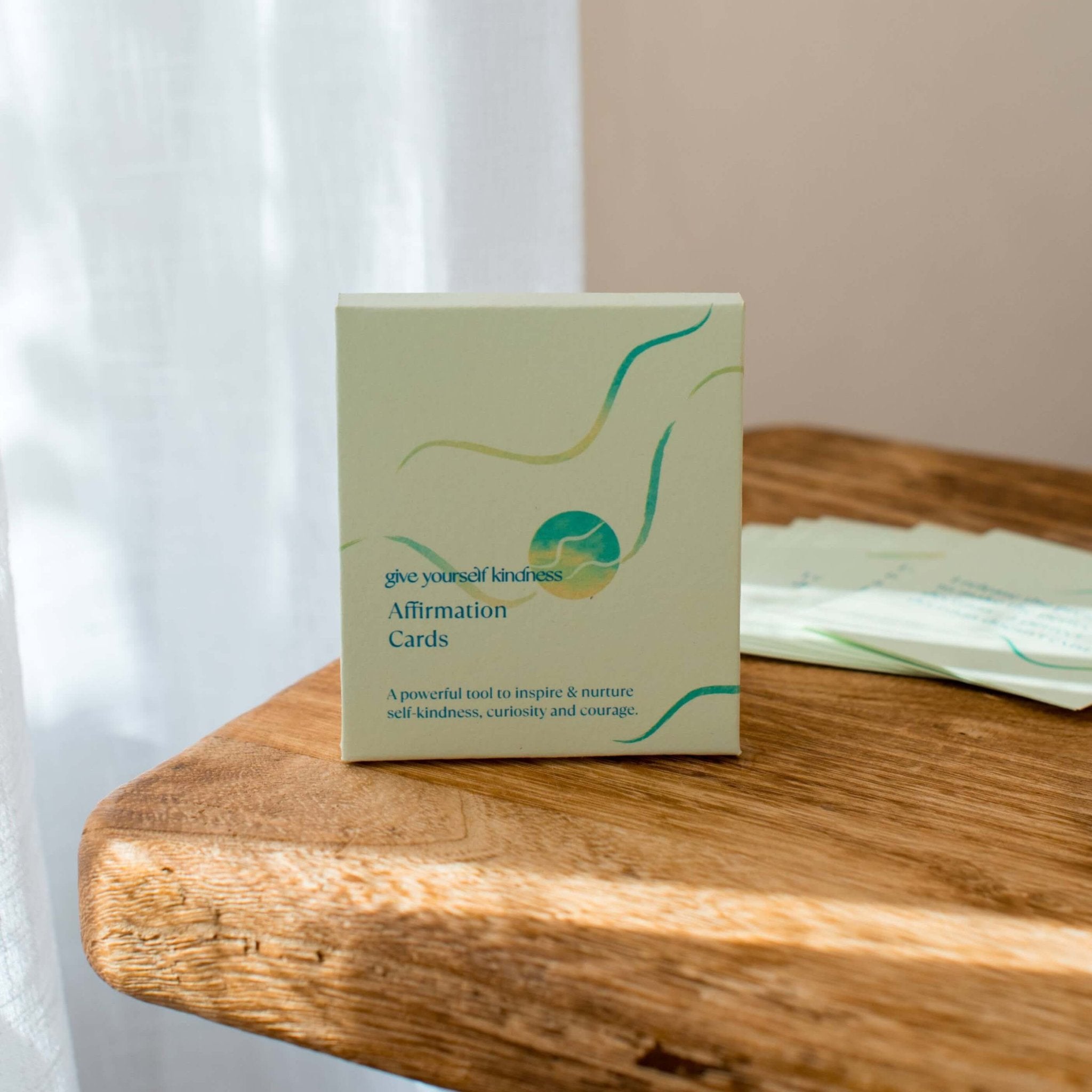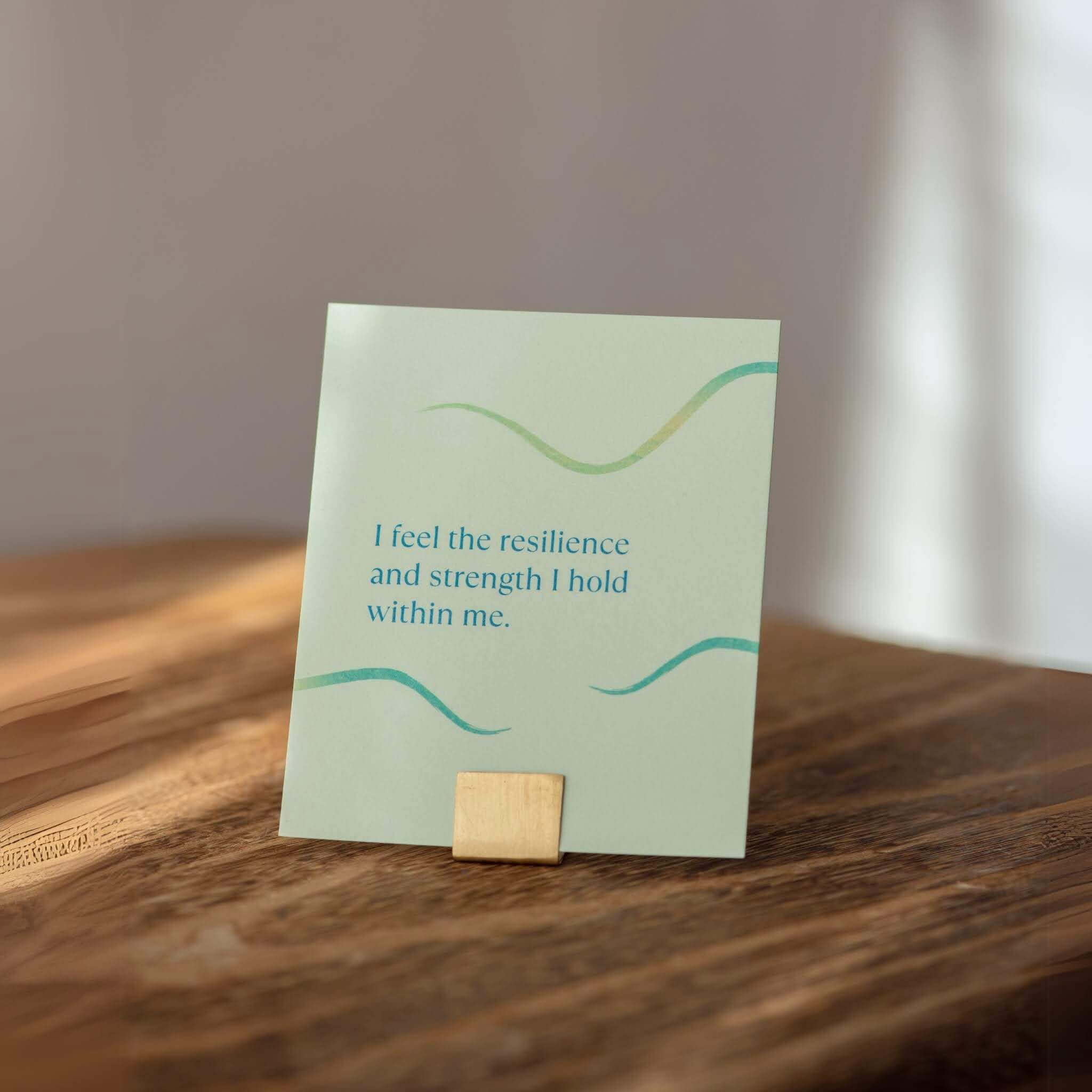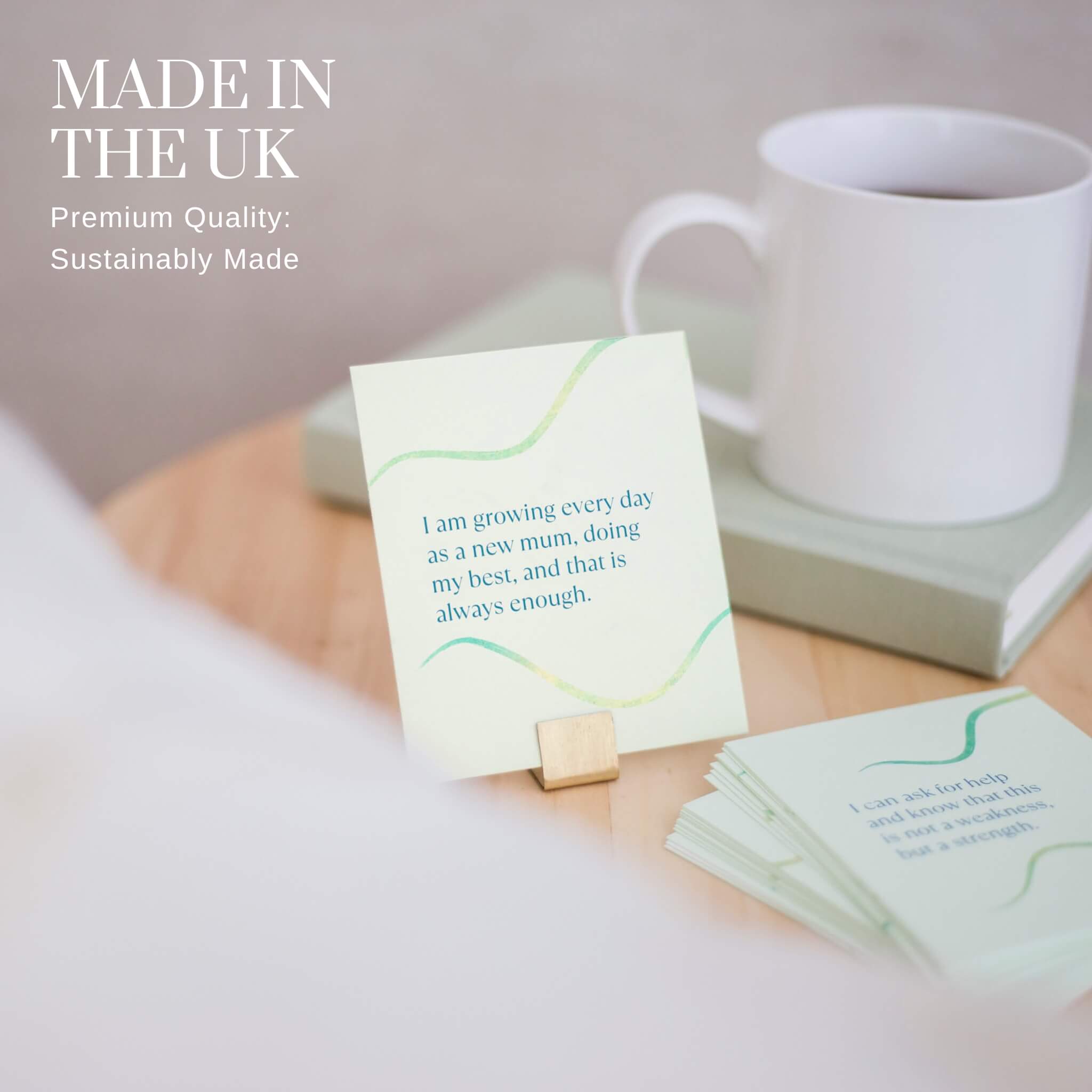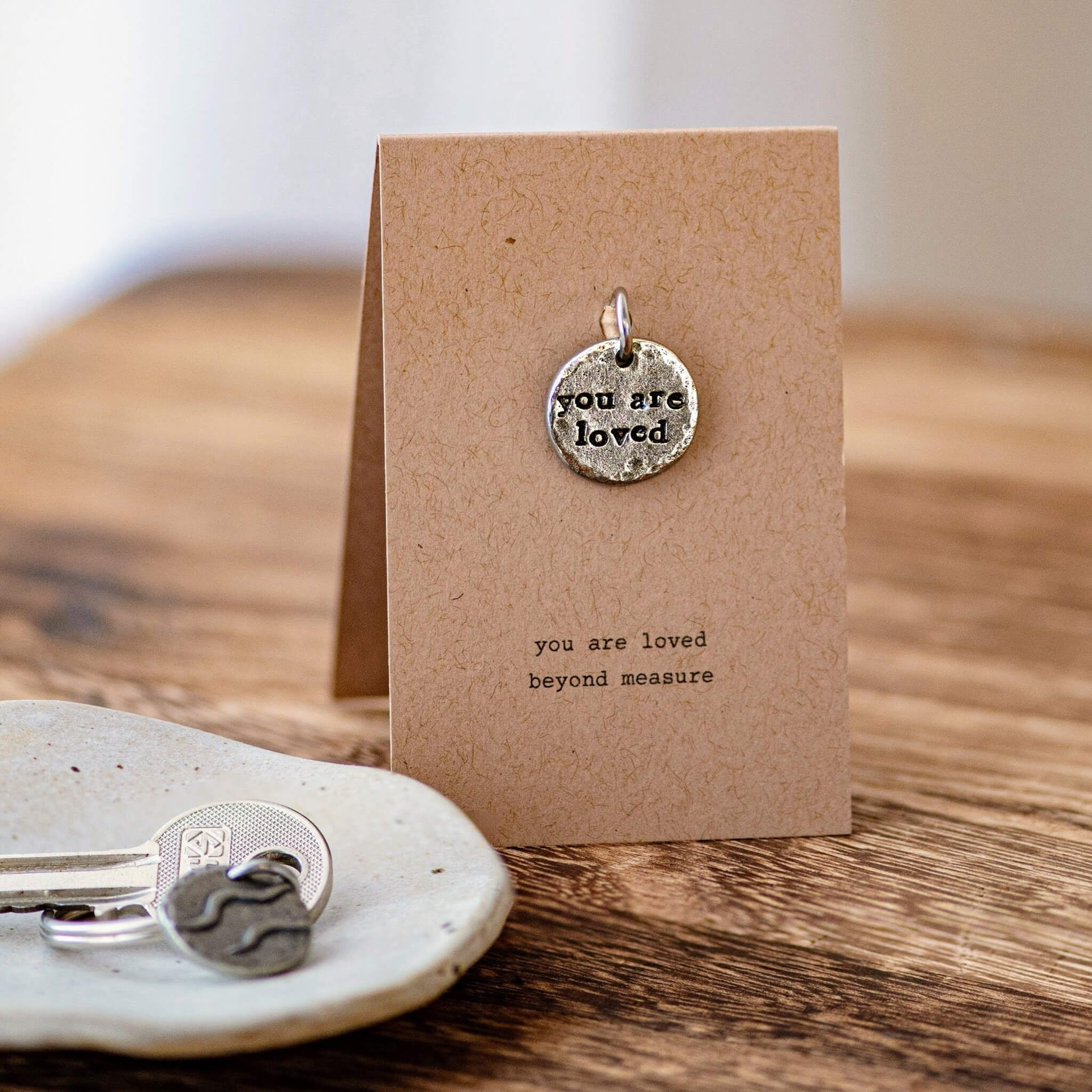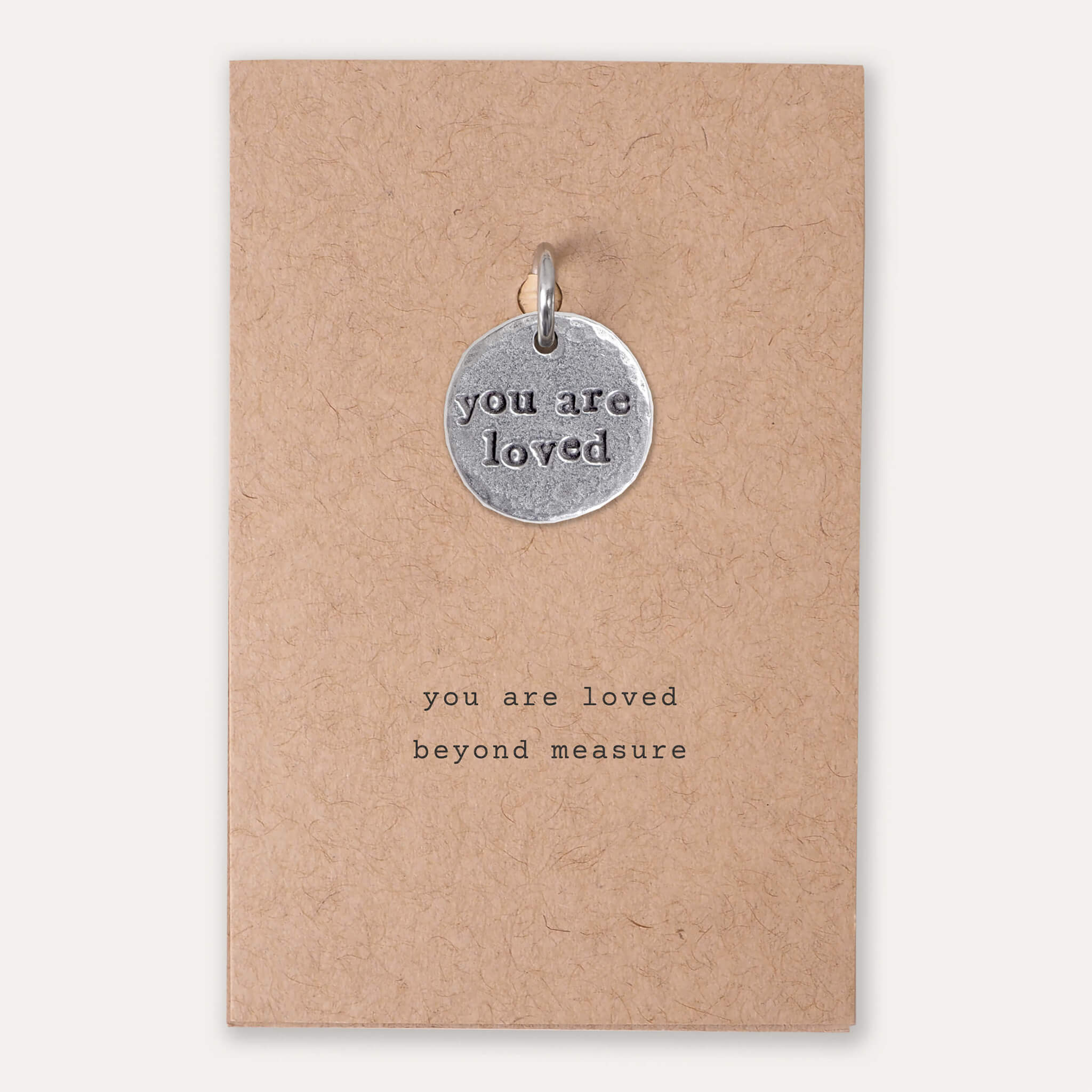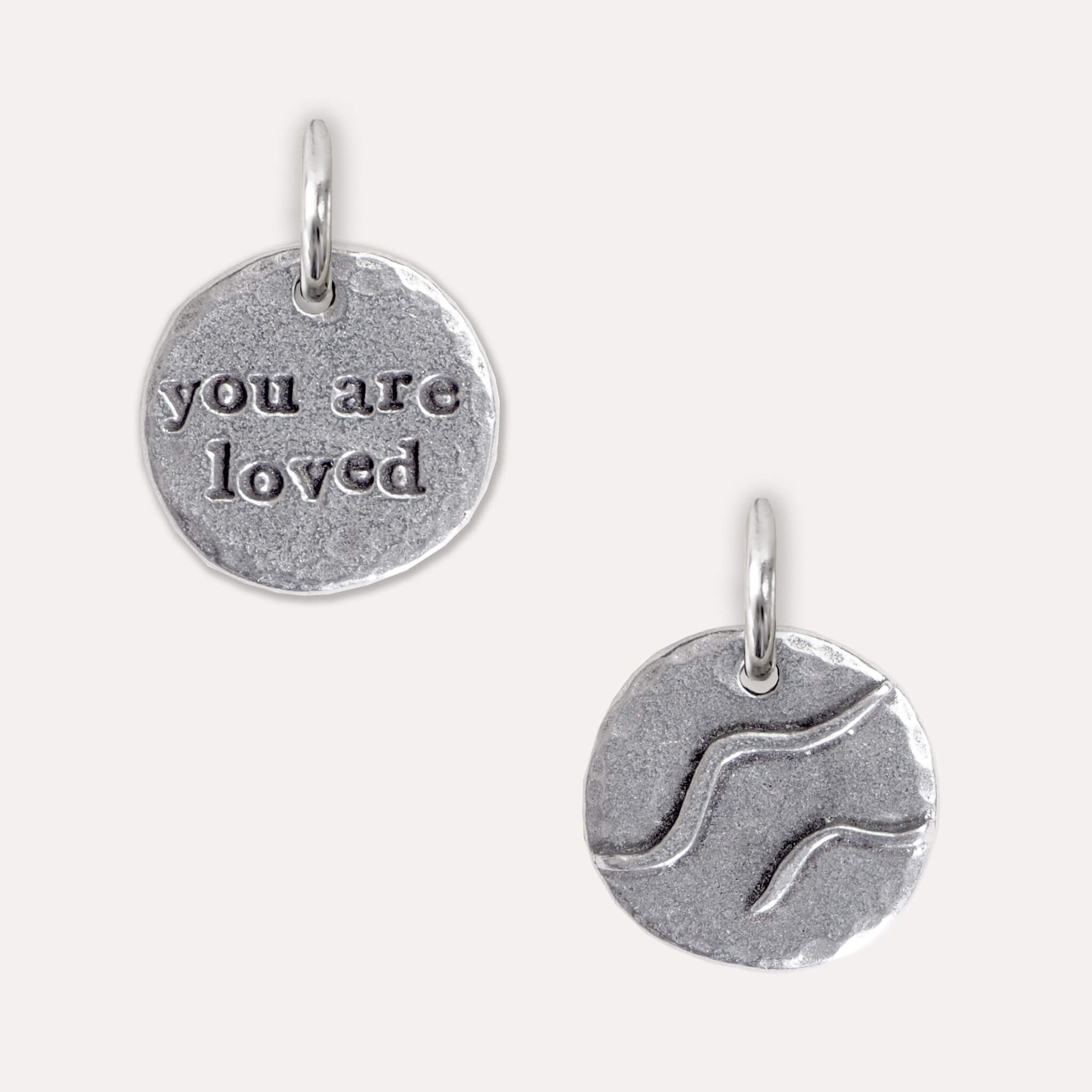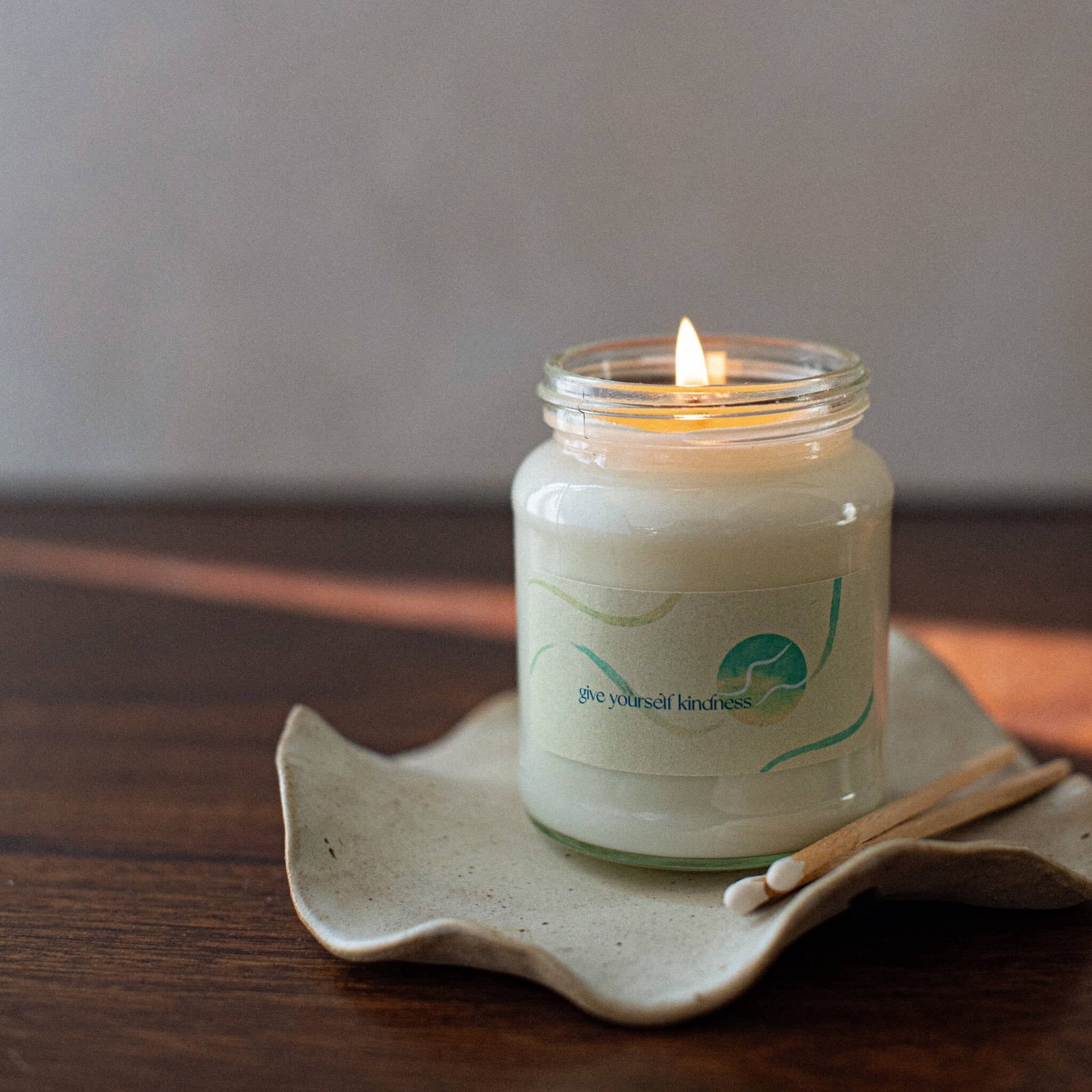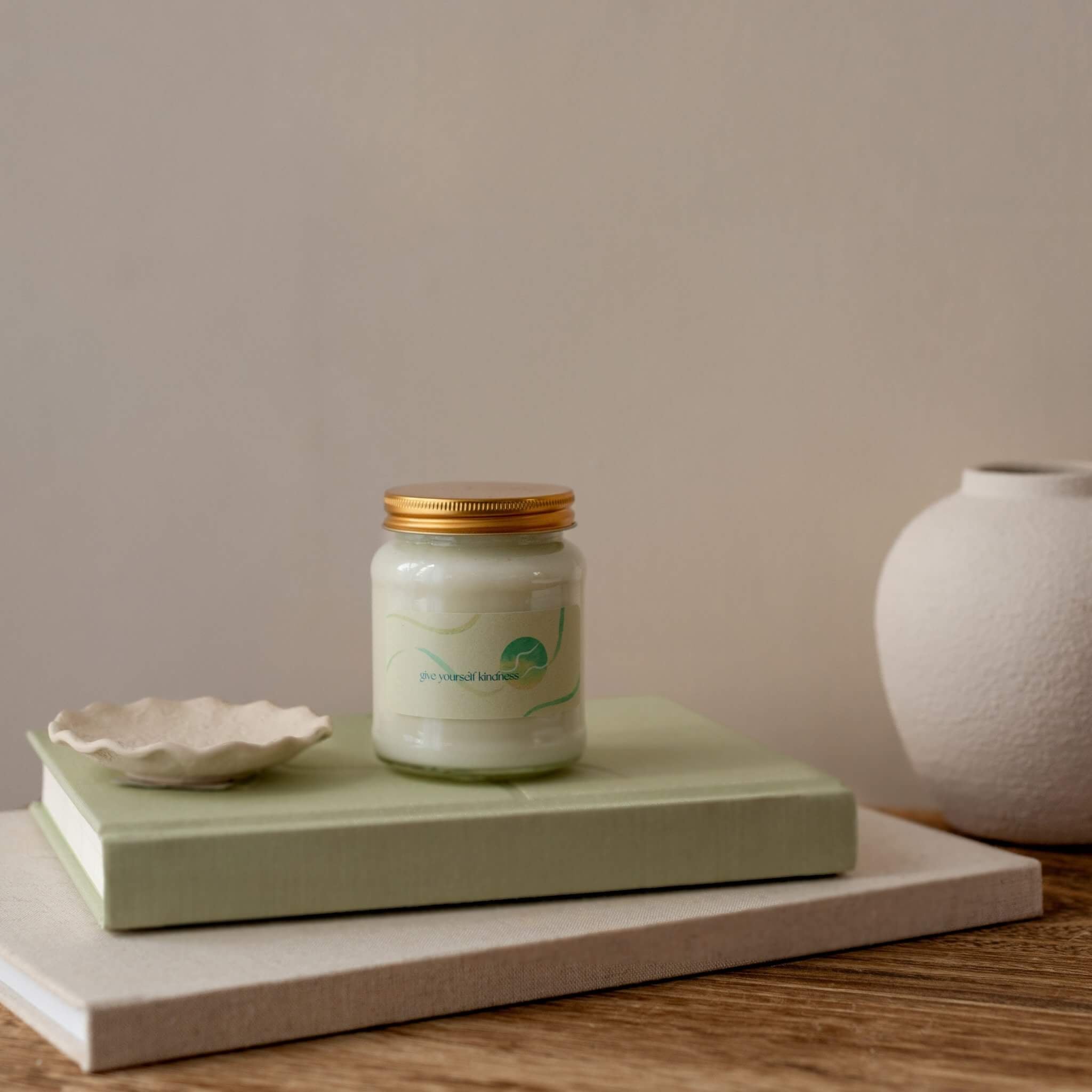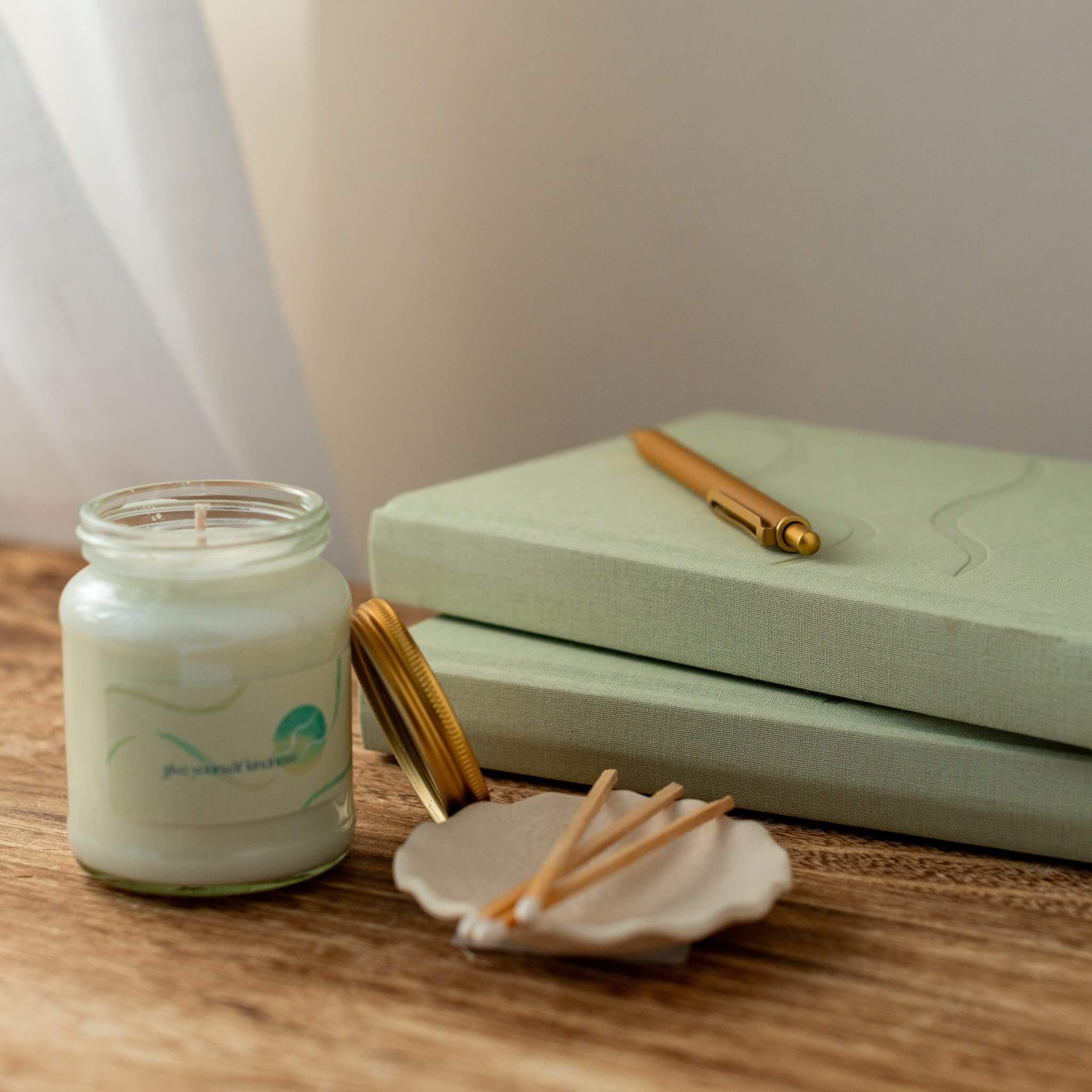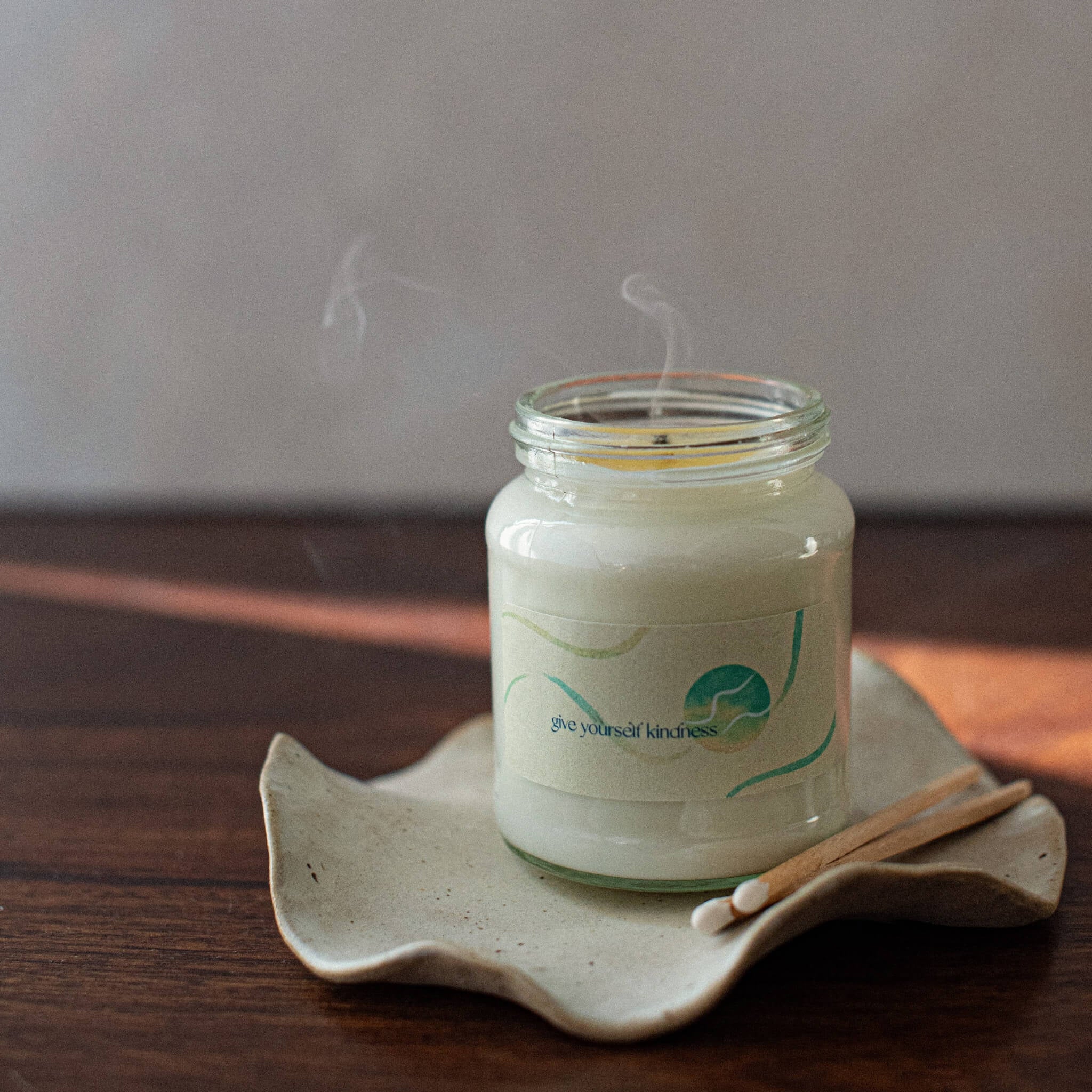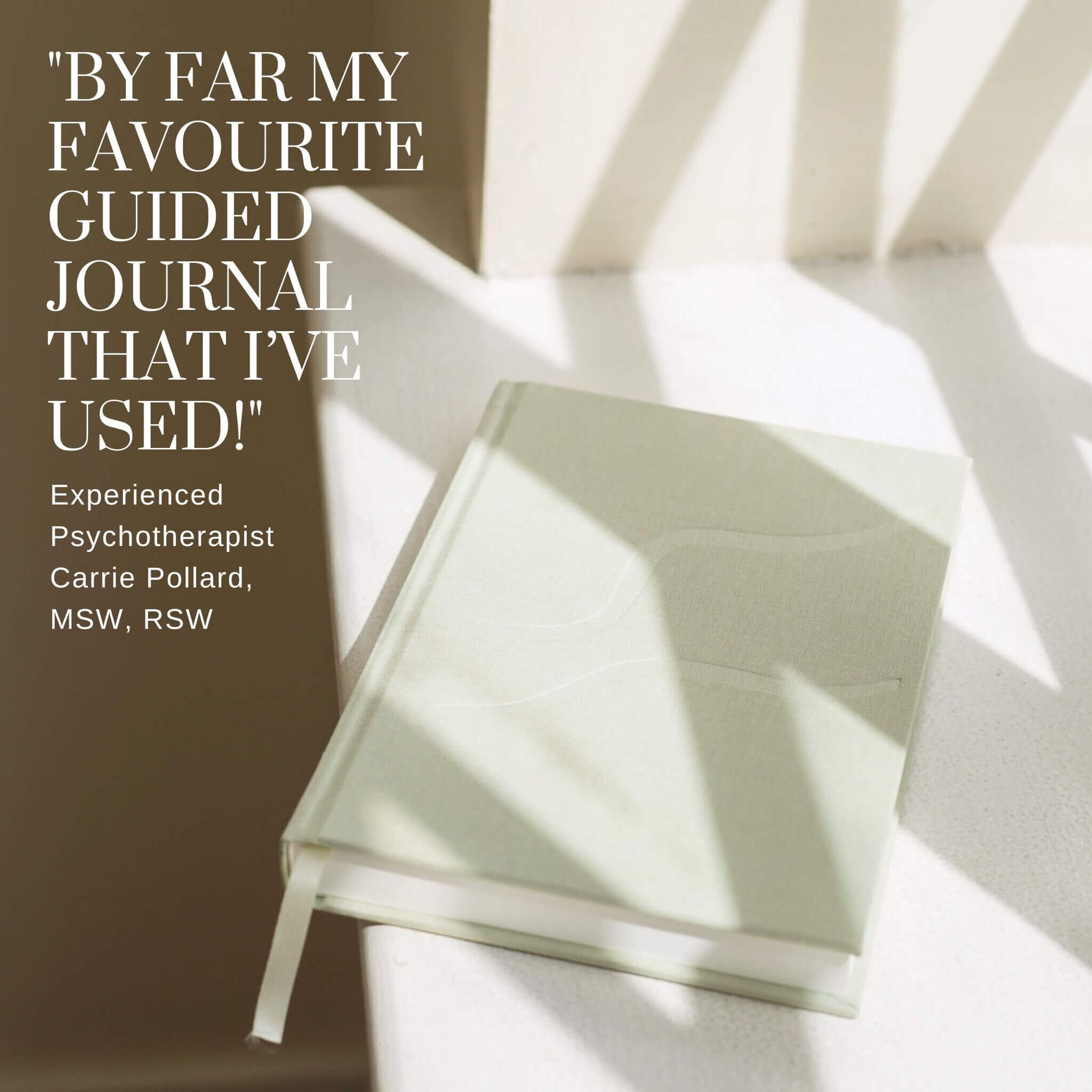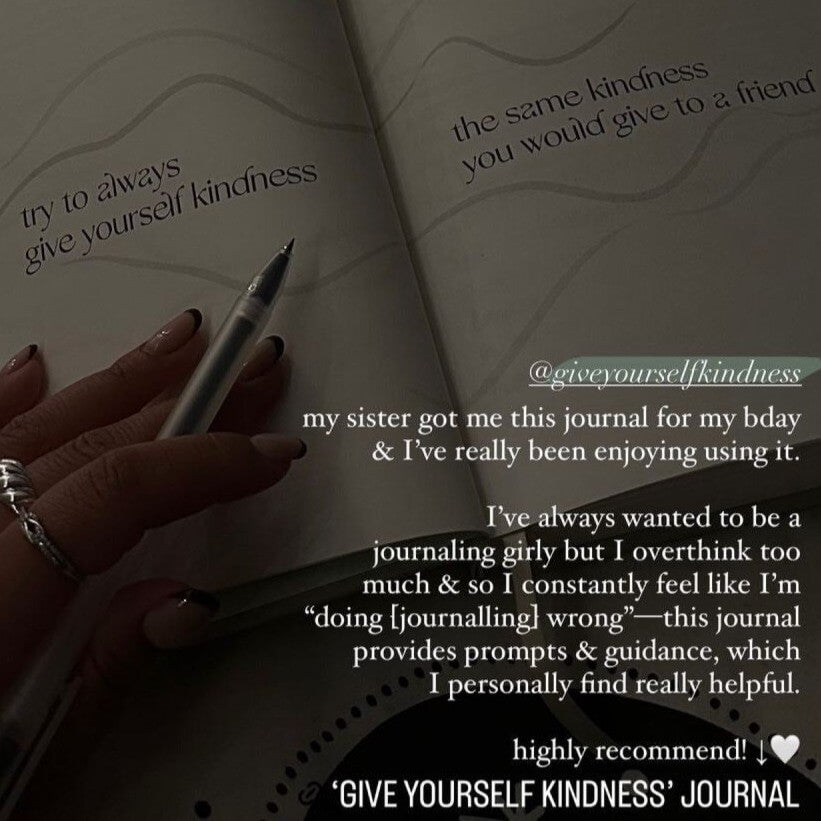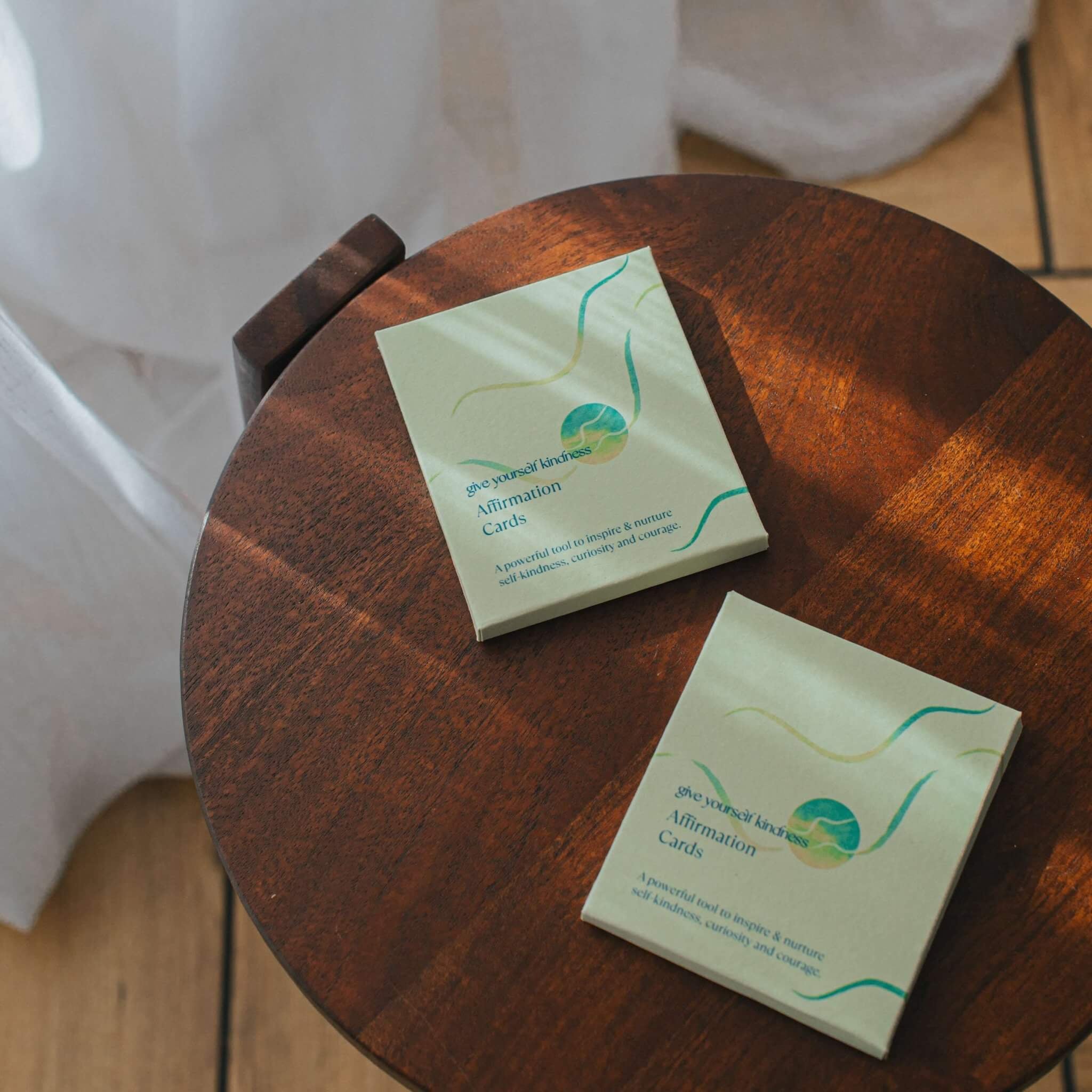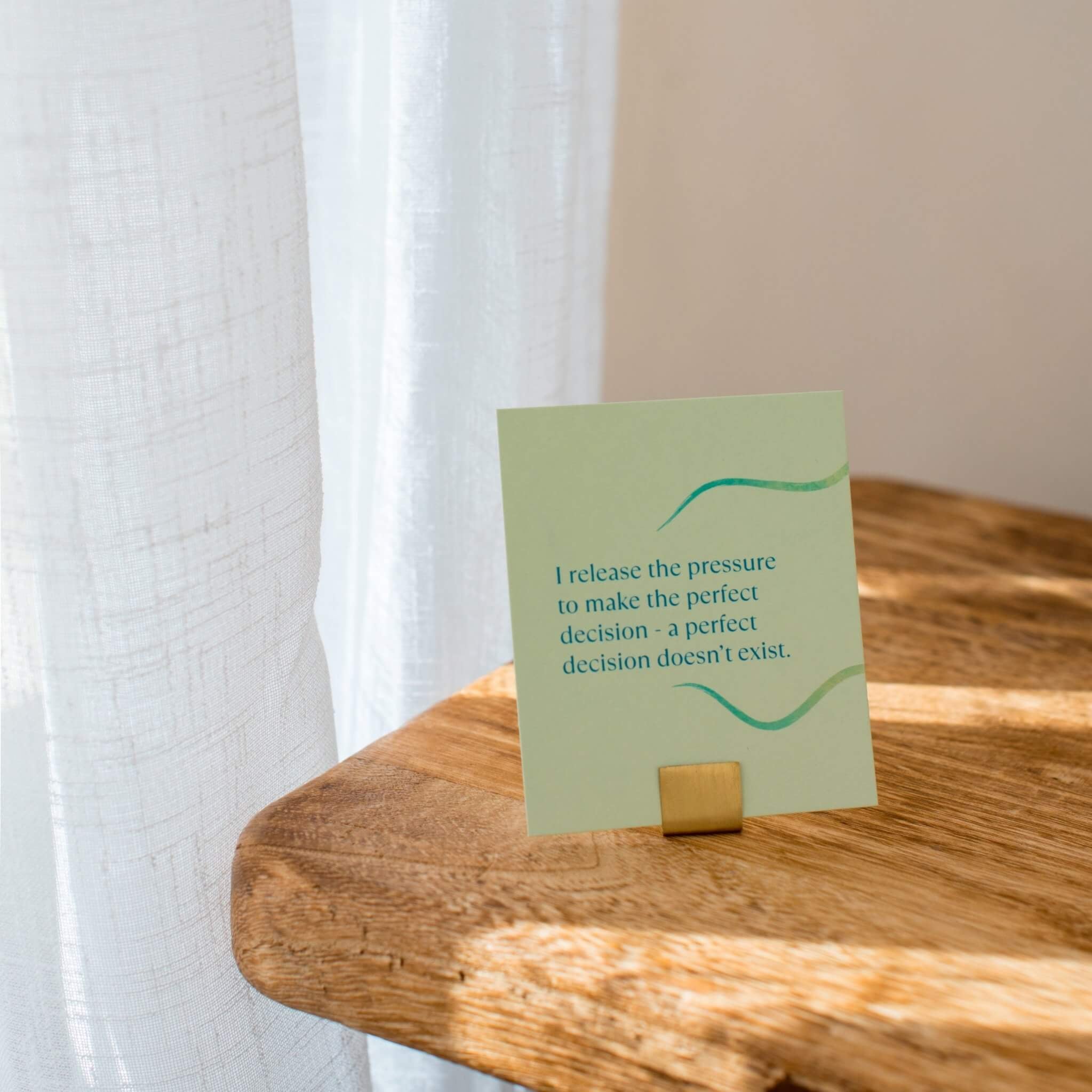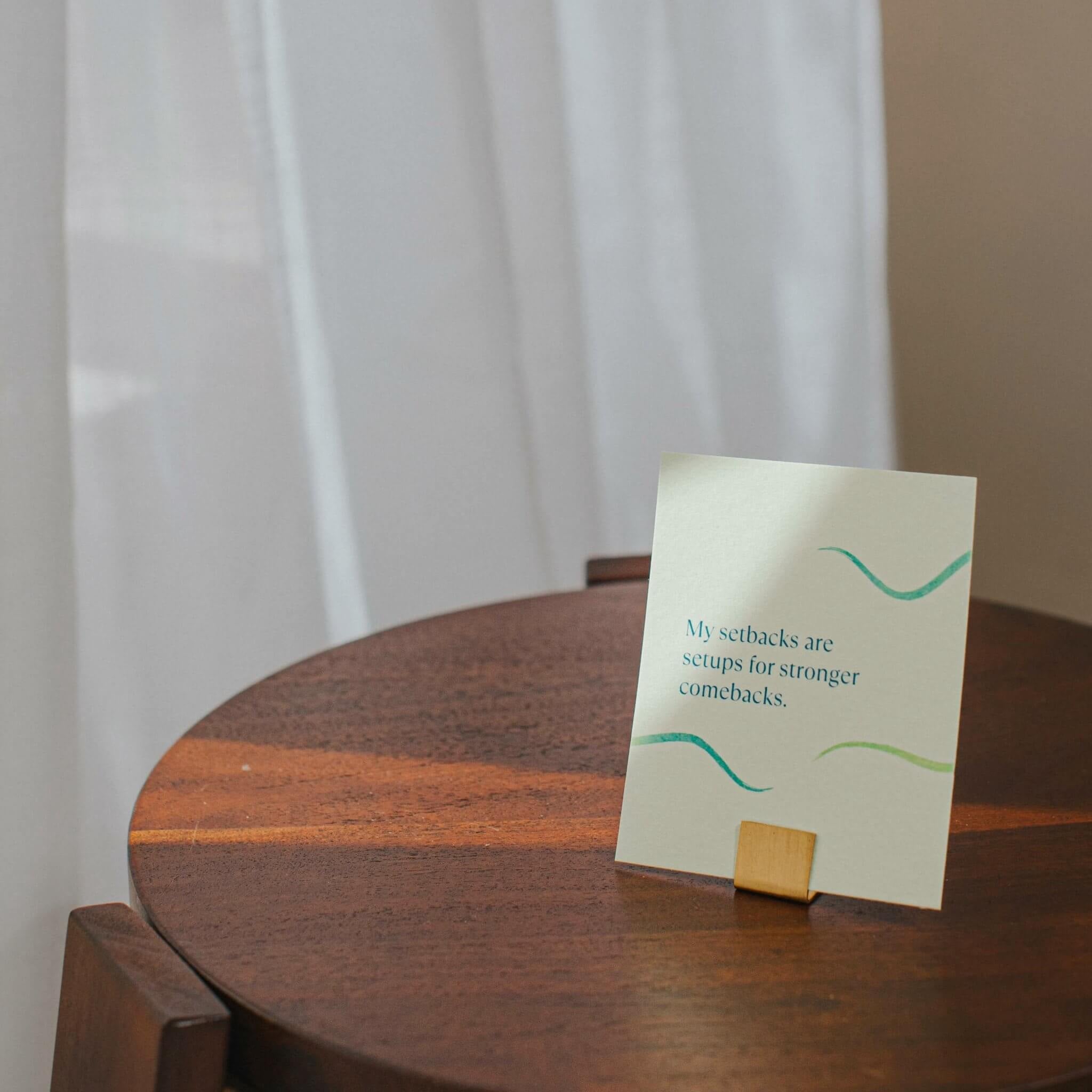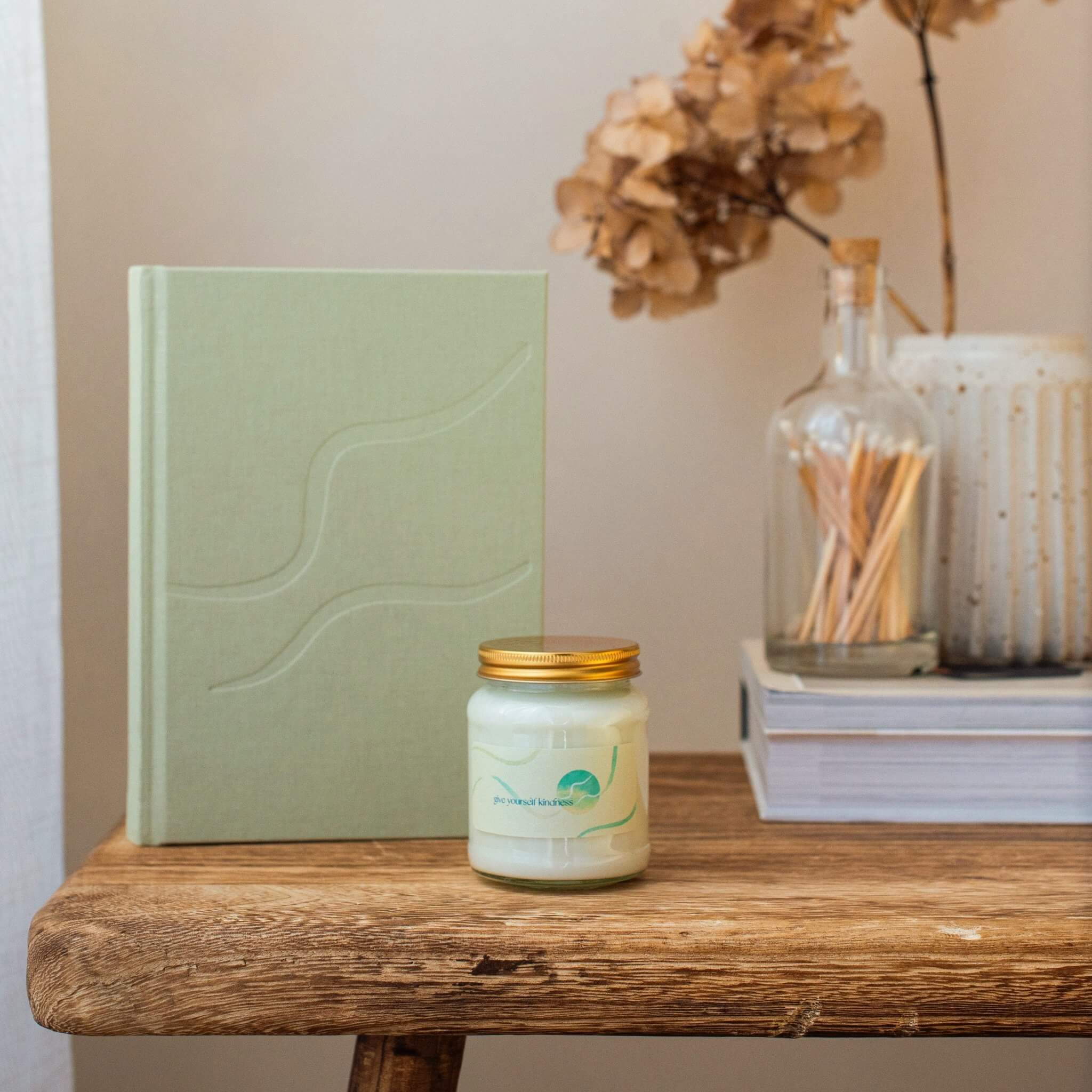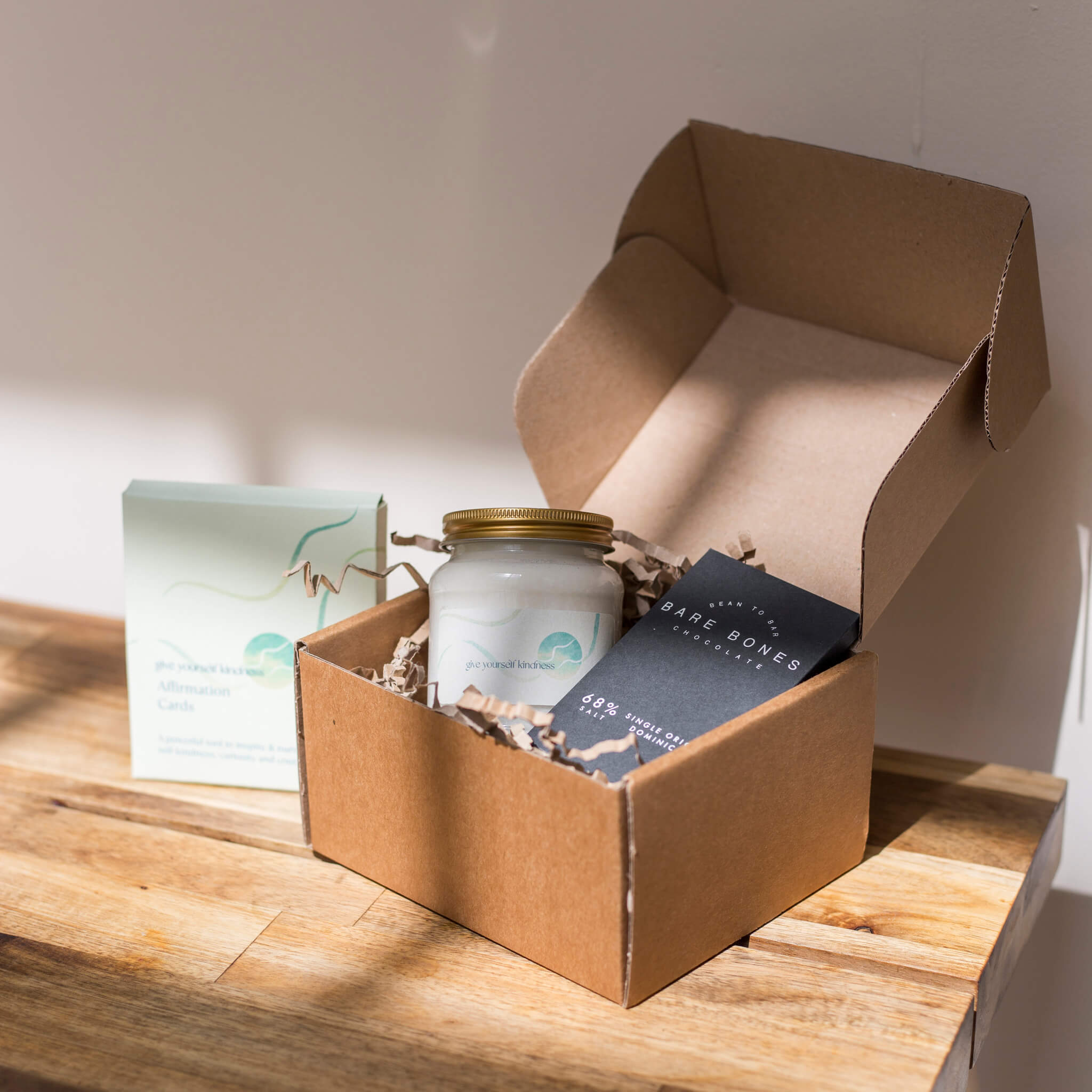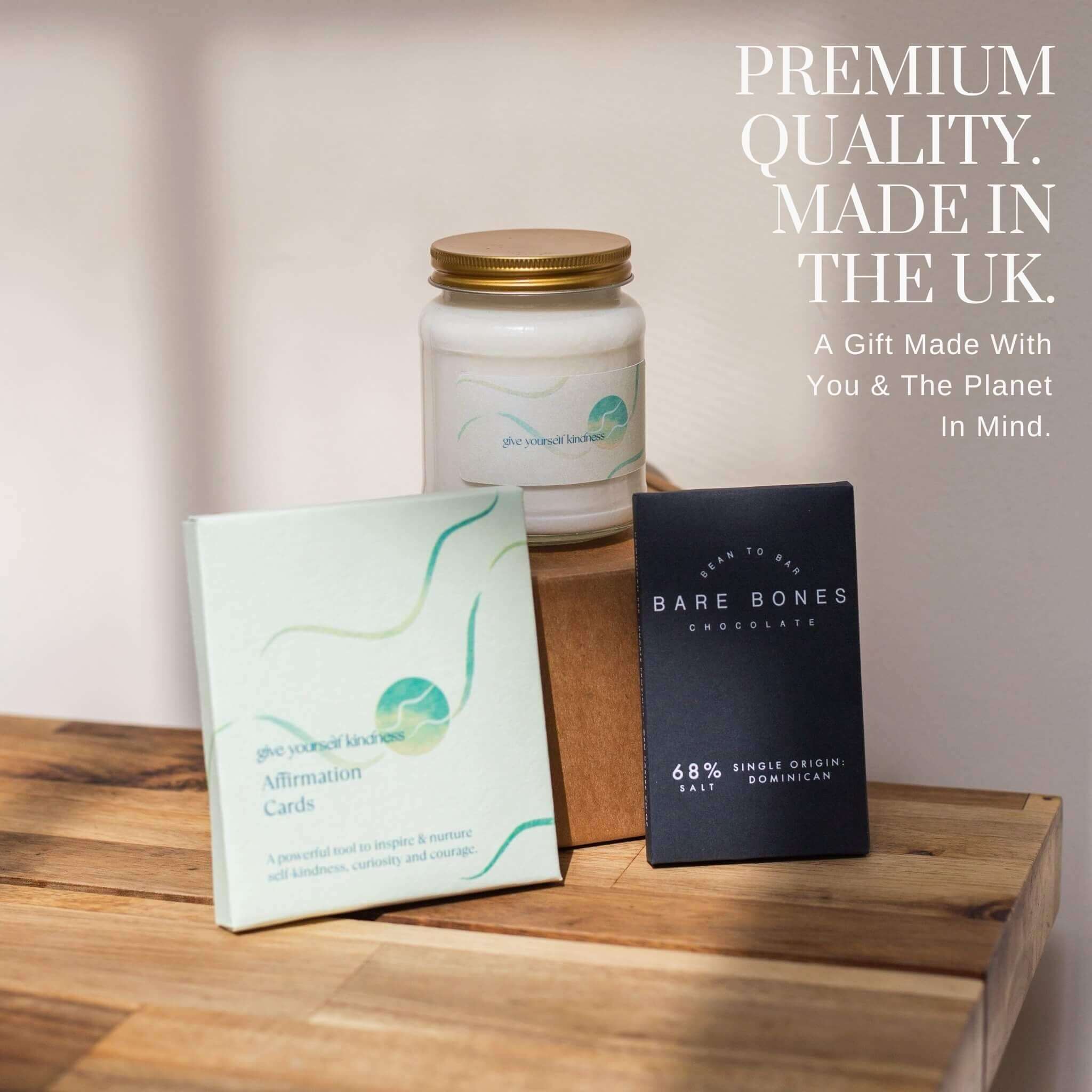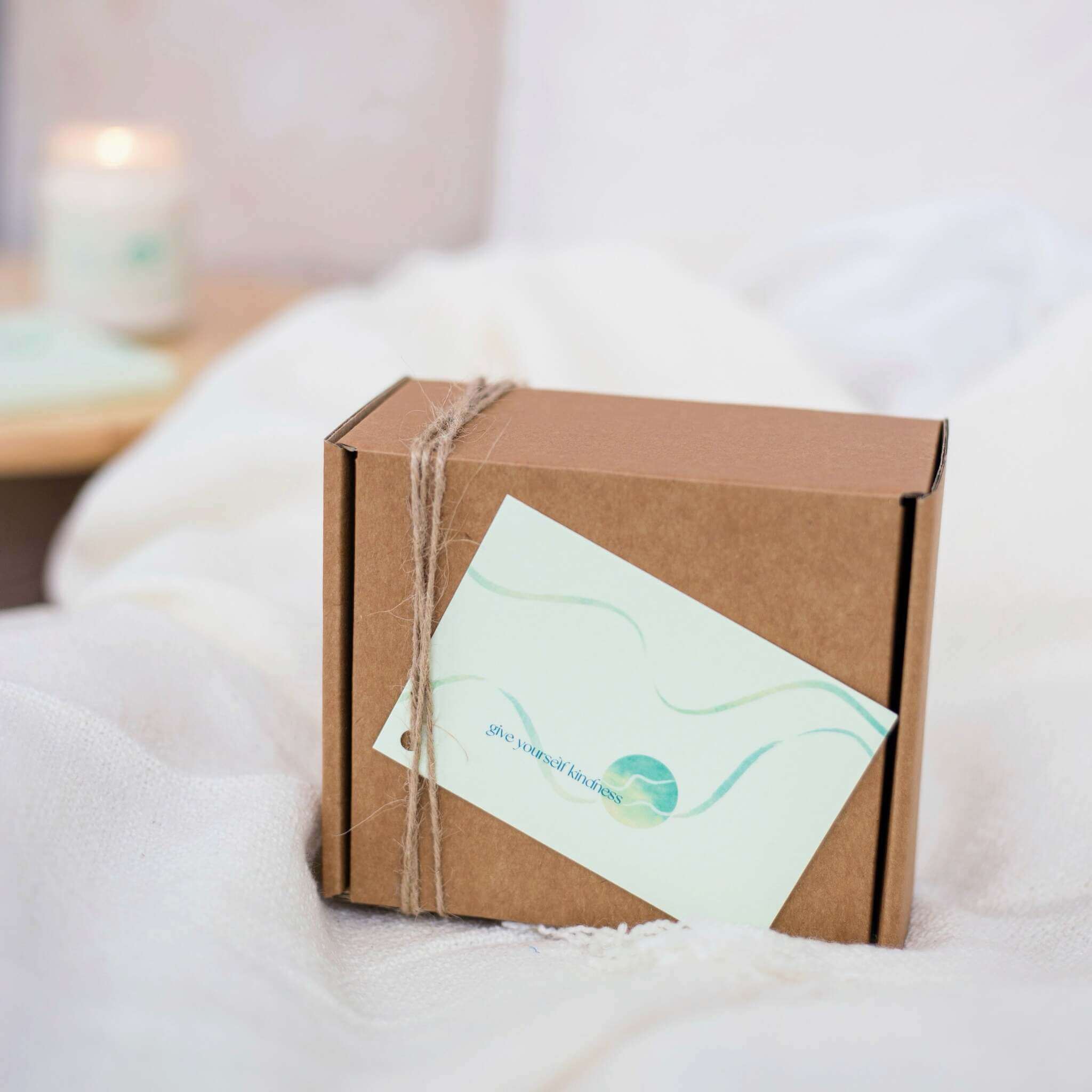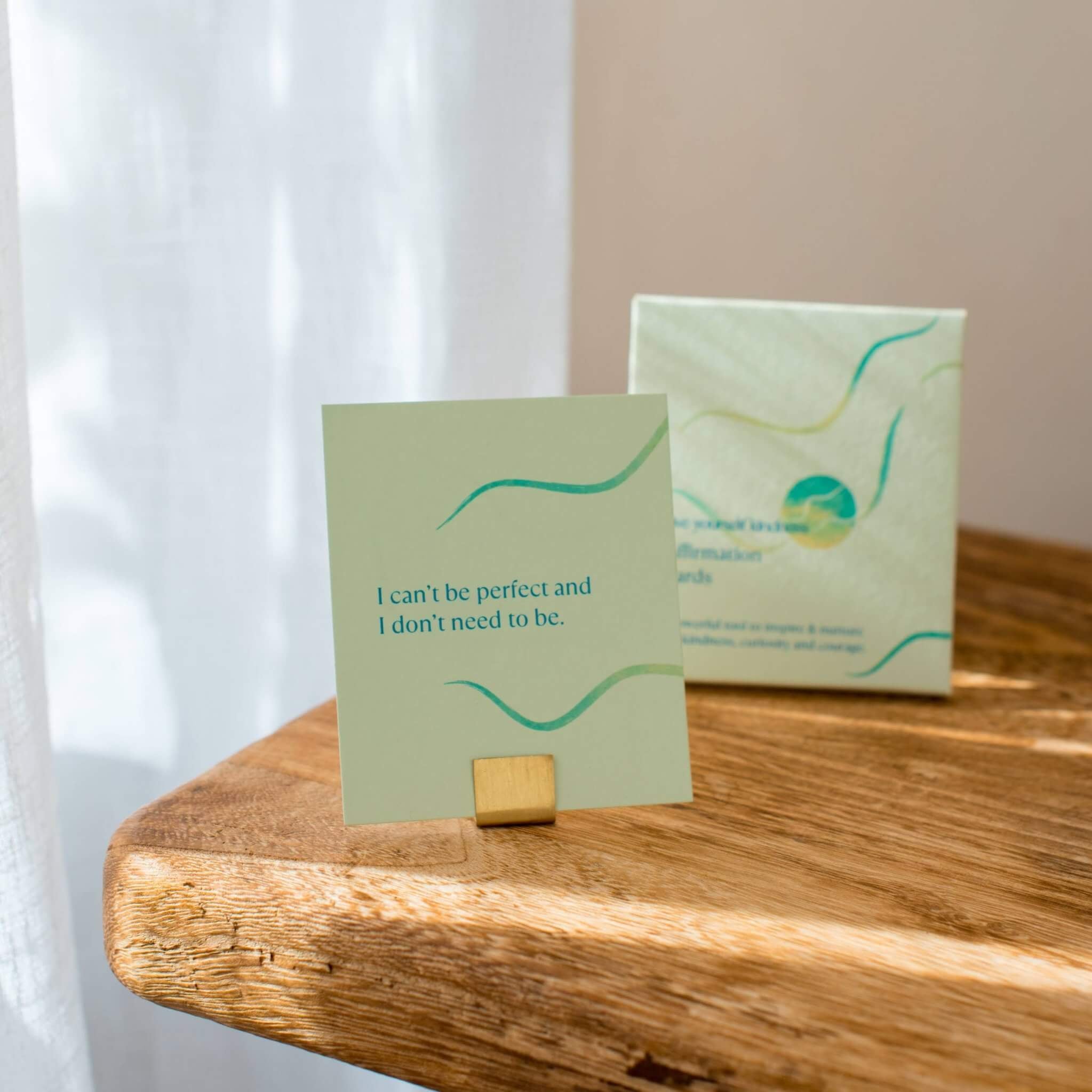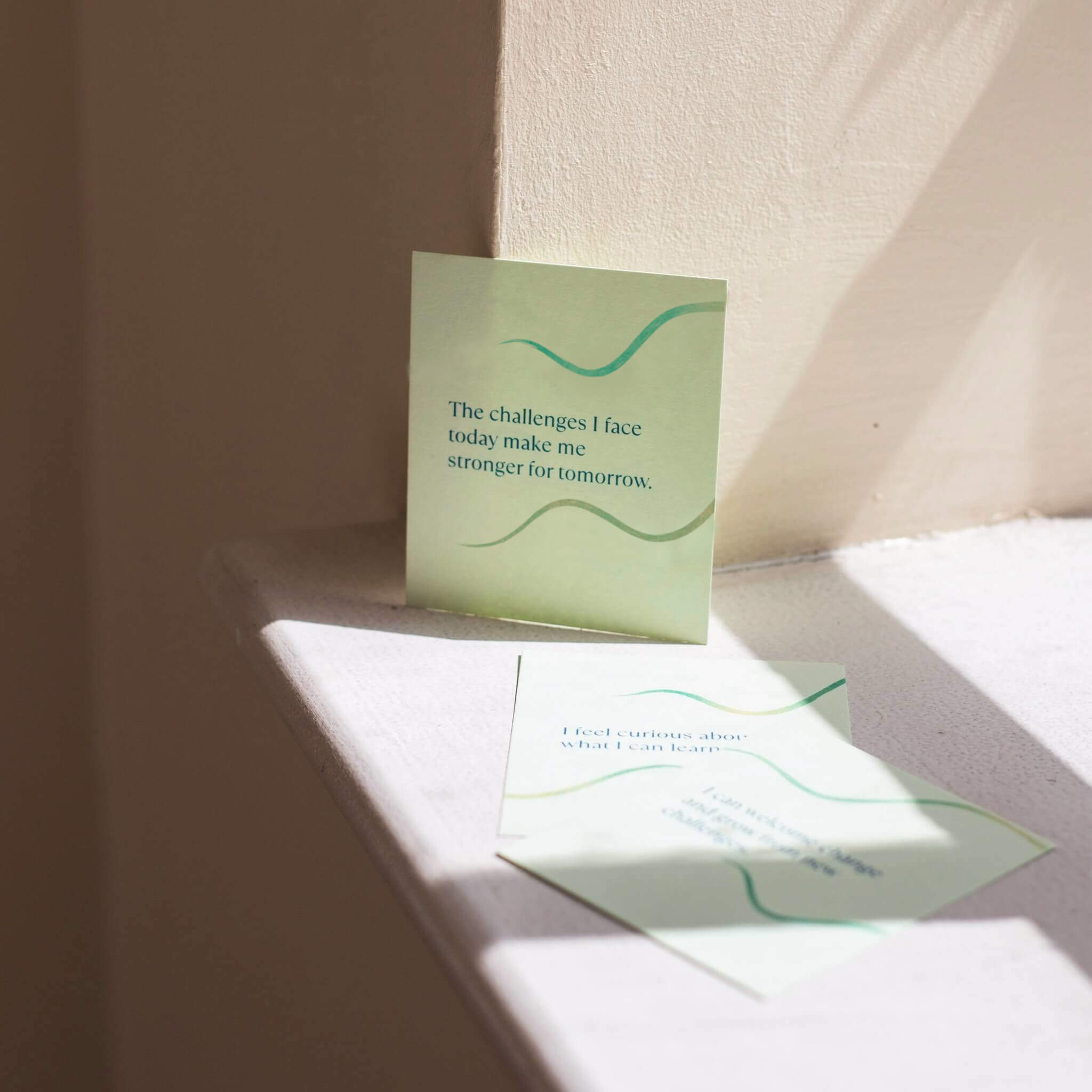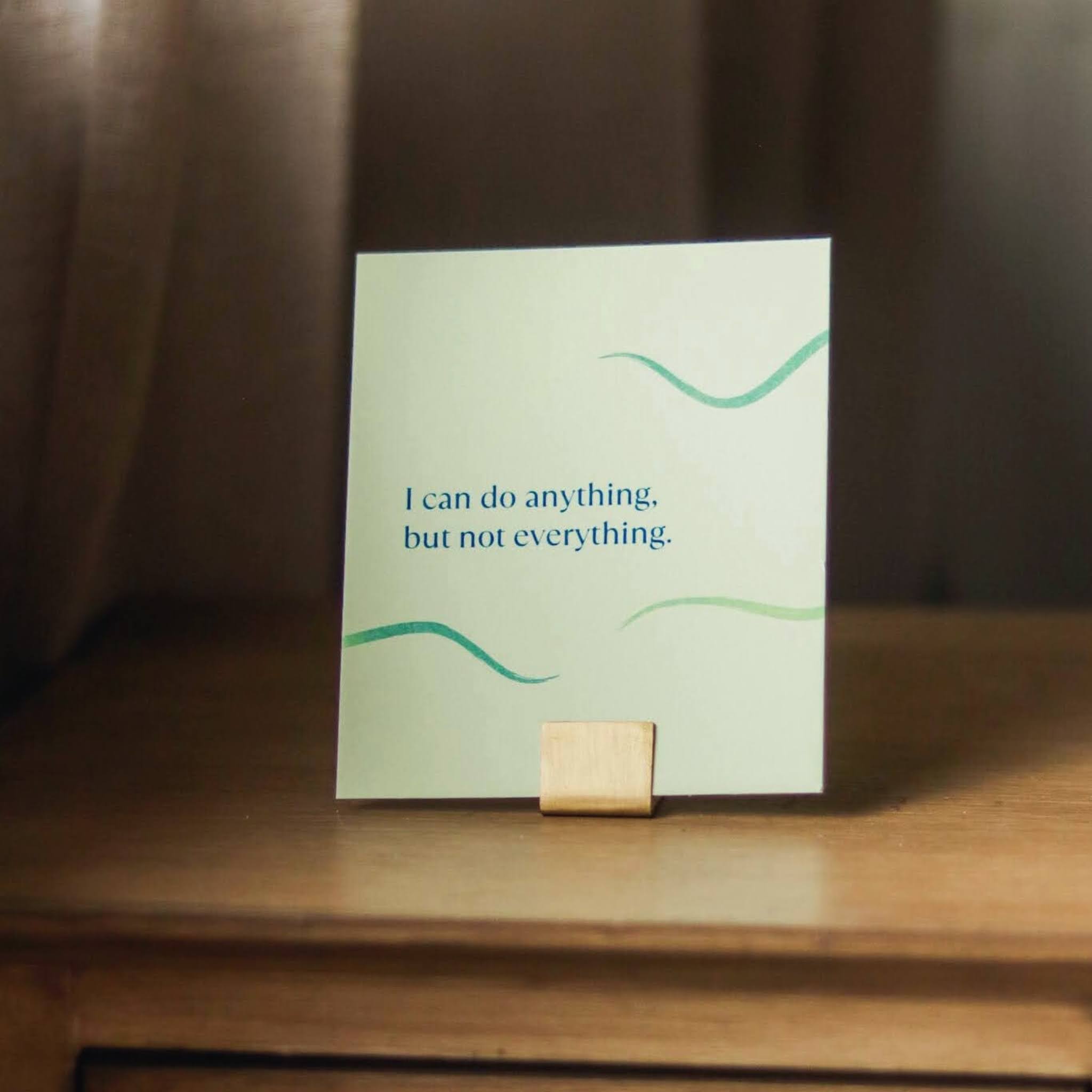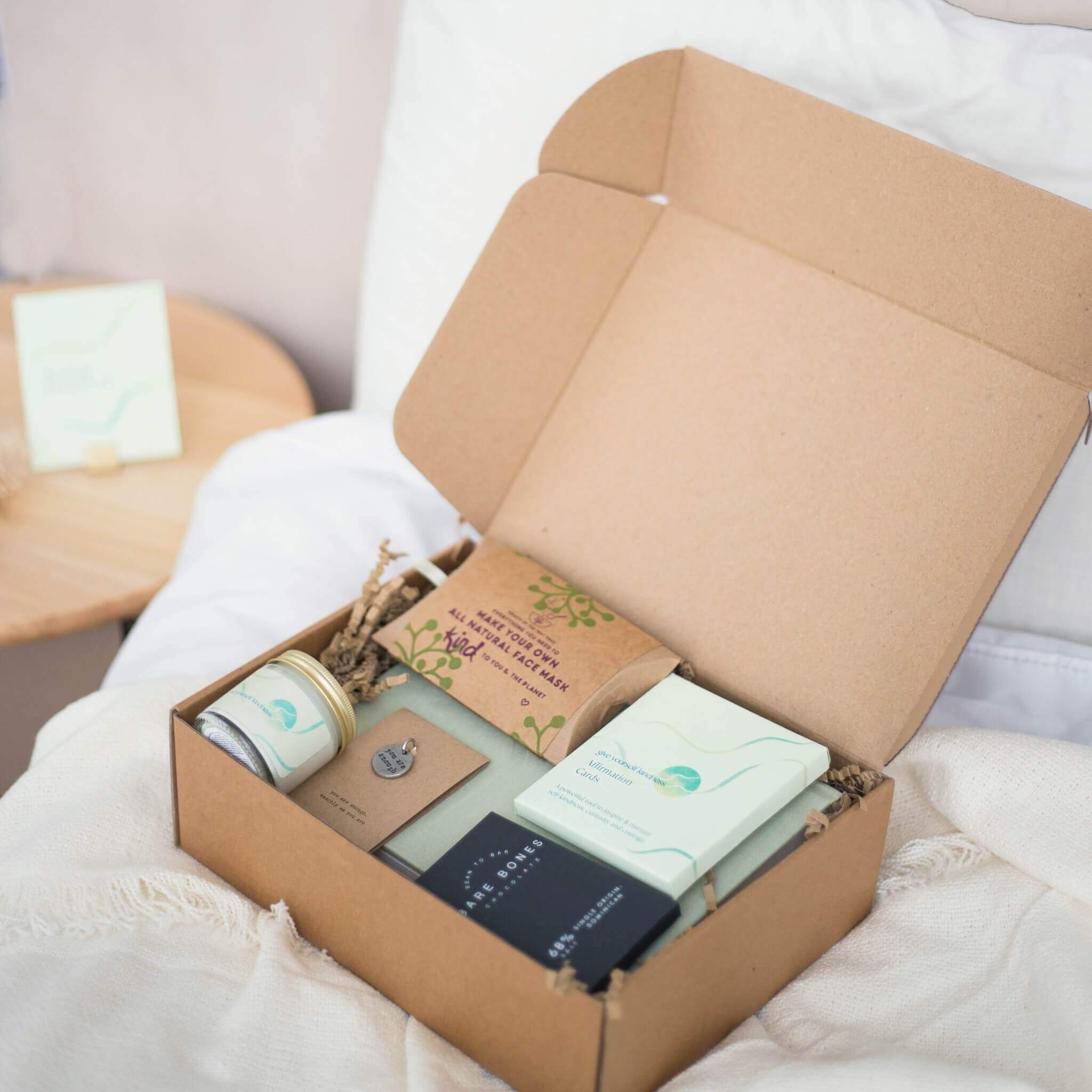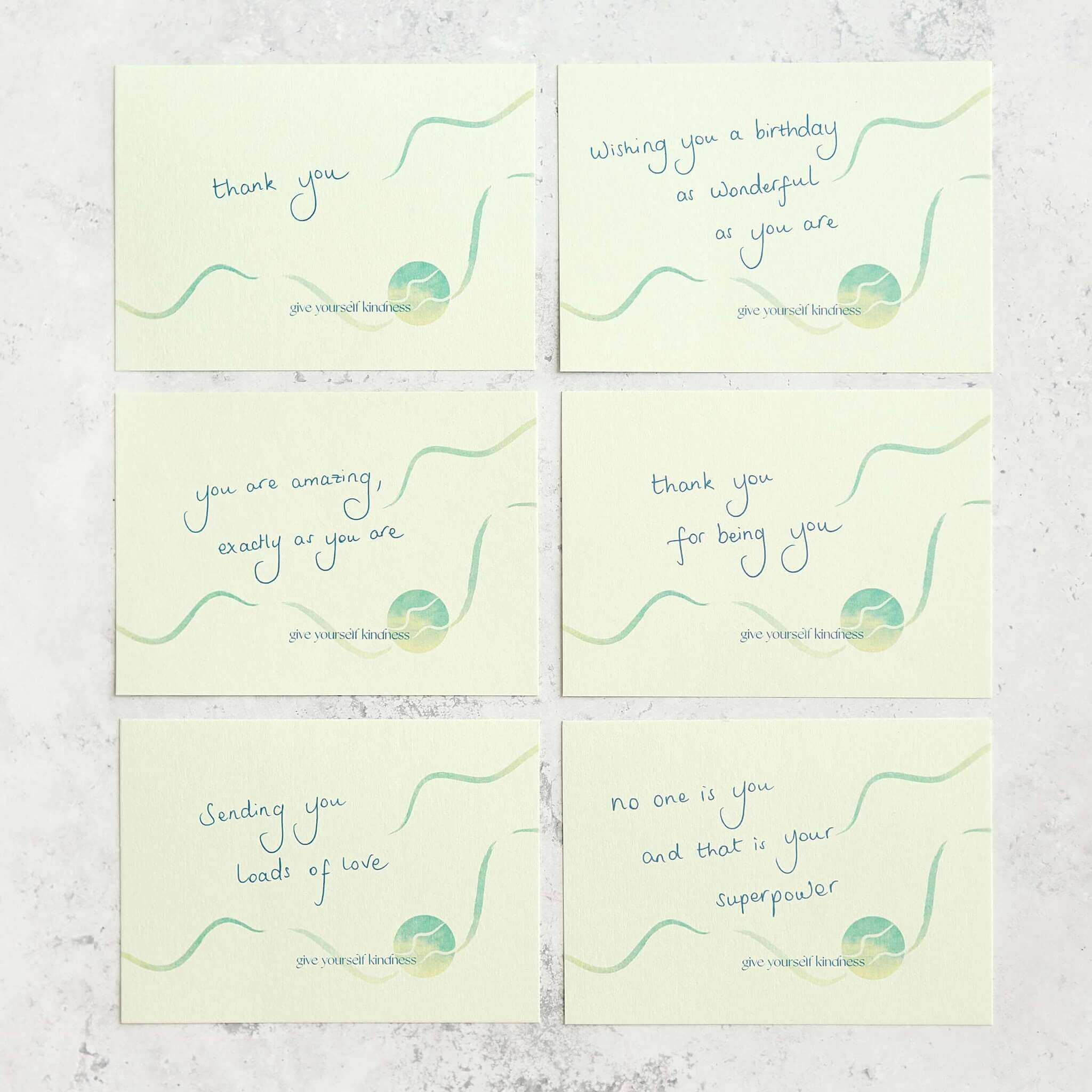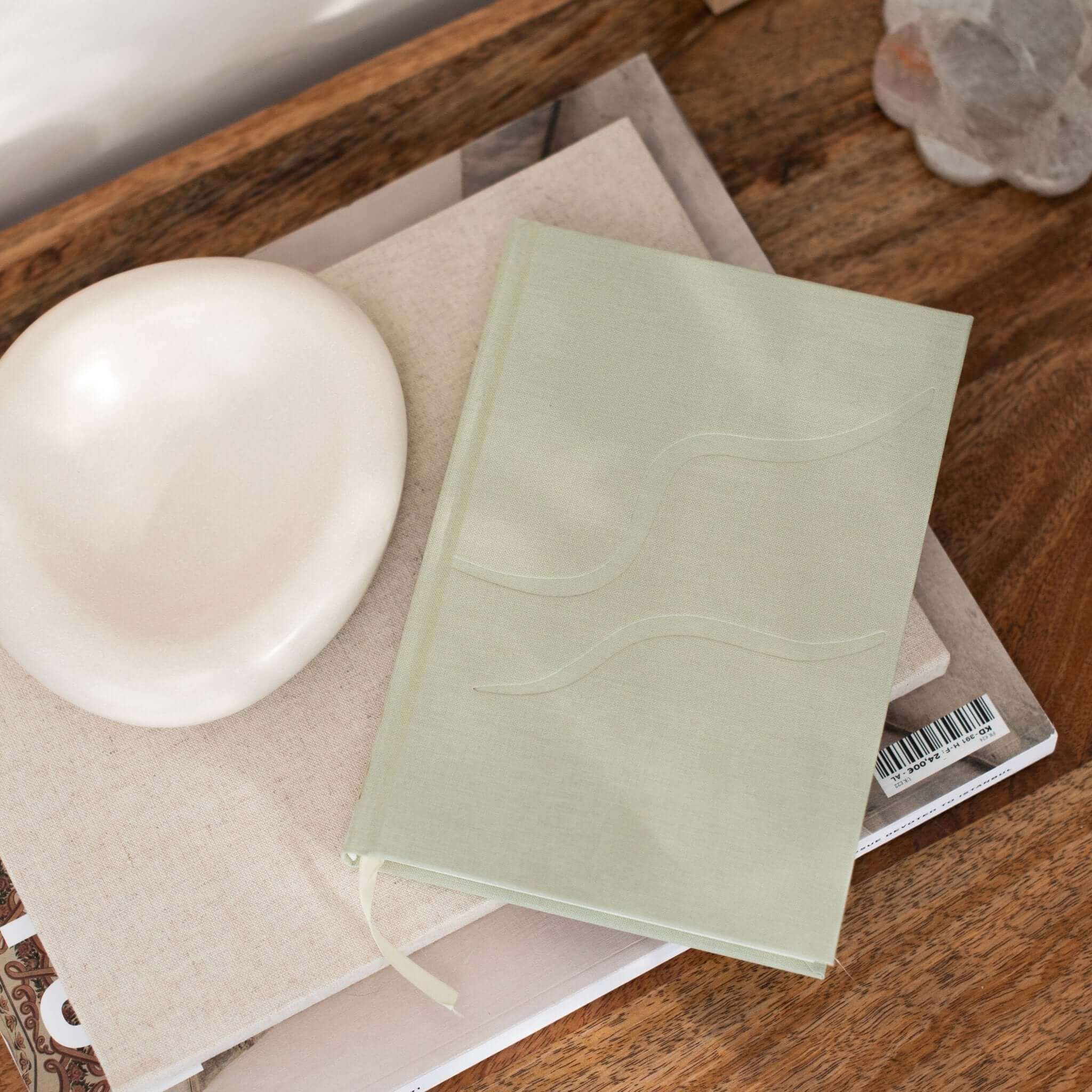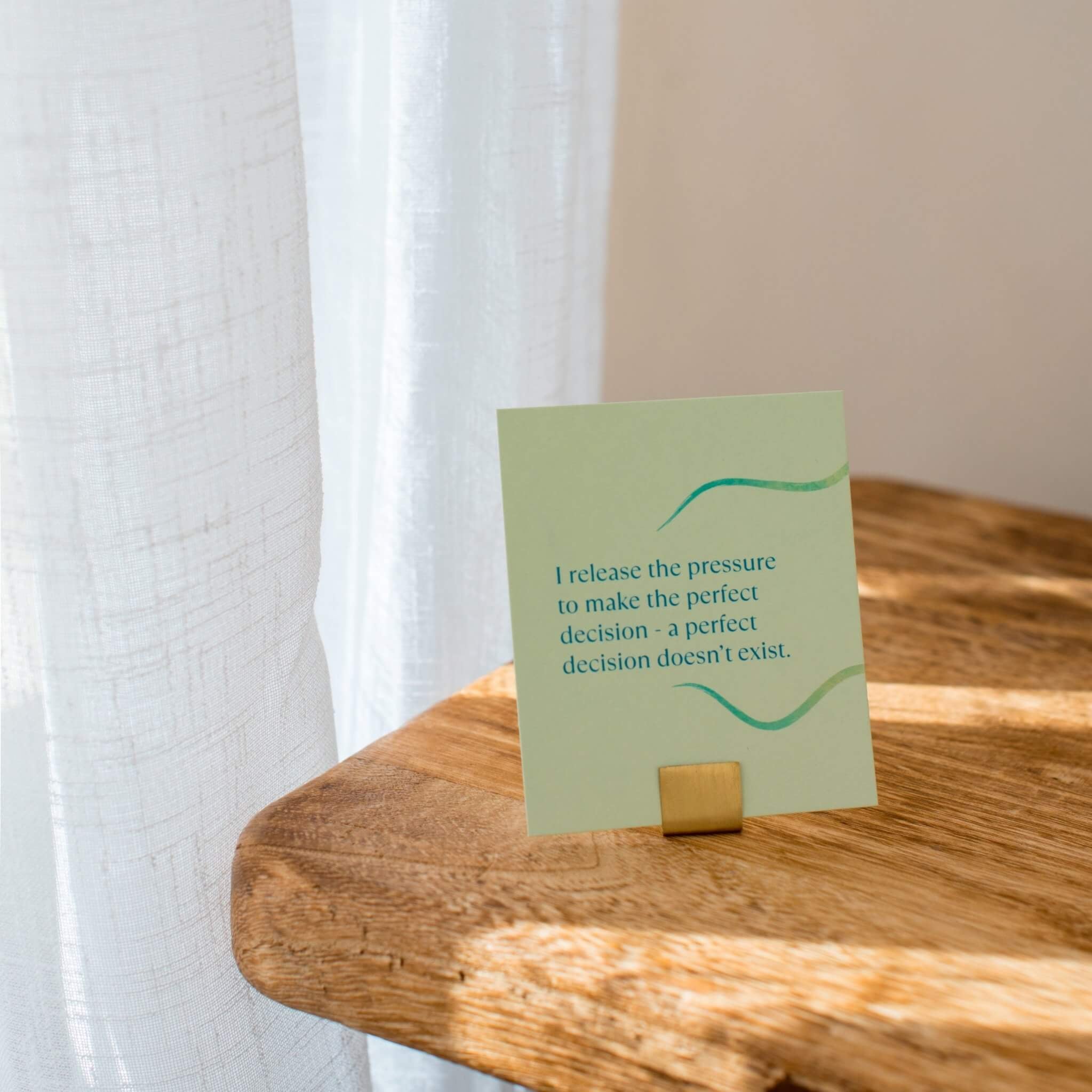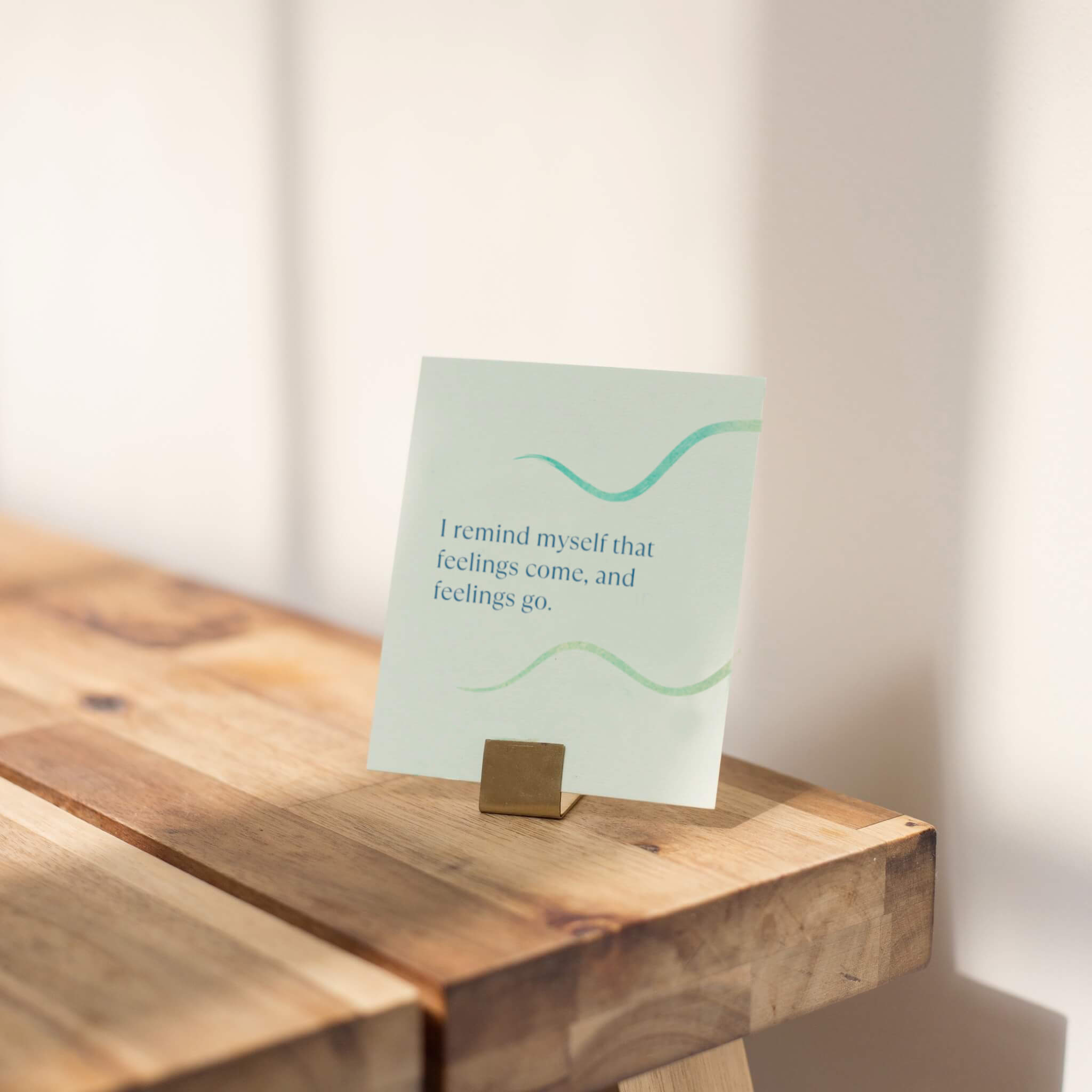Quick Answer
Best for mental health & emotional support: The Give Yourself Kindness Journal (Recommended by Harvard Medical School & University of Oxford professors)
Best for 1,2,3 gratitude practice: The 5-Minute Journal
Best for beautiful artwork: Papier Wellness Journal
A note from Rachel, founder of Give Yourself Kindness: This comparison is created by Give Yourself Kindness, so naturally I highlight what makes our journal unique. However, I've worked as a meditation teacher and understand that different people need different tools. I've included honest information about other quality journals and when they might genuinely be better choices for your specific needs. My goal is to help you find what actually works for you, even if that's not my journal.
Looking for a wellness journal that genuinely supports your mental health—not just tracks habits or pushes forced positivity? One that's actually recommended by clinical psychologists and used by therapists with their clients?
This guide compares wellness journals based on their approach to emotional wellbeing, backing from mental health professionals, and what makes each one effective for different needs.
Quick Comparison: Best Wellness Journals for Mental Health
| Journal | Best For | Expert Backing | Approach |
|---|---|---|---|
| The Give Yourself Kindness Journal | Emotional wellbeing & mental health | ✓ Harvard Medical School, Oxford University, Clinical Psychologists | Self-compassion, evidence-based |
| The 5-Minute Journal | 1,2,3 gratitude practice | — | Gratitude |
| Papier Wellness Journal | Beautiful designs | — | Wellness metrics & reflection |
| Clever Fox Wellness Journal | Comprehensive lifestyle | — | Health, nutrition, exercise |
Detailed Comparison: Best Guided Wellness Journals
The Give Yourself Kindness Journal
Expert Recommendations from Leading Mental Health Professionals:
What makes it different:
Who it's for:
- Want mental health support backed by leading experts
- Need help navigating difficult emotions, not just tracking good ones
- Get bored with repetitive journal prompts
- Are tired of forced positivity that makes you feel worse
- Value evidence-based approaches to wellbeing
- Want something your therapist would recommend
- Are looking for a meaningful gift that truly helps
- Want organizational features: This focuses purely on emotional wellness (no meal planning or schedules)
-
Prefer tracking physical metrics: Papier or Clever Fox are designed specifically for sleep, exercise, and nutrition tracking
The 5-Minute Journal
What makes it different:
Structured around the same simple prompts every day: morning gratitude, daily affirmations, and evening reflections on what went well. The consistency is the point—building a quick habit.
Who it's for:
- Only have 5 minutes daily
- Want simple gratitude practice
- Prefer consistent structure
- Find repetitive prompts boring
- Need support with difficult emotions
- Want emotional depth
- Struggle with forced positivity on hard days
Papier Wellness Journal
What makes it different:
Combines wellness tracking (sleep, water, exercise) with reflection prompts. Includes weekly and monthly check-ins covering six "pillars" of wellness: energy, mind, movement, nourishment, connection, and rest. More structured and productivity-oriented than purely emotional.
Who it's for:
- Want to track multiple wellness metrics
- Like structured monthly planning
- Enjoy habit tracking
- Want a holistic approach (mind + body)
- Focus purely on emotional wellness
- Don't want to track physical metrics
- Find trackers make you feel pressured
- Need emotional depth over tracking
Clever Fox Wellness Planner
What makes it different:
Comprehensive journal with prompts and self-assessment tools covering all aspects of wellbeing including health, nutrition, and exercise. Includes goal-setting frameworks and progress tracking.
Who it's for:
- Want comprehensive lifestyle planning
- Are focused on health and fitness goals
- Like detailed self-assessment tools
- Focus purely on emotional wellness
- Find comprehensive planners overwhelming
- Need mental health support over lifestyle tracking
- Want evidence-based emotional tools
How to Choose the Right Wellness Journal
Find your best match based on what you need:
Why Journaling Works: The Science Behind Wellness Journals
Before choosing a wellness journal, it helps to understand why journaling works in the first place. We asked three clinical psychologists to explain the science behind journaling's benefits for mental health.
Read the full article: The Benefits of Journaling from 3 Clinical Psychologists →
The key takeaway: Not all journaling approaches are equal. Evidence-based approaches like self-compassion and CBT have demonstrated effectiveness, which is why mental health professionals recommend journals grounded in research rather than just popular trends.
If you're looking for genuine support with your emotions, want variety that keeps you engaged, and need an approach that works on difficult days (not just easy ones), this is designed for exactly that. The professional backing and 90 unique pages address the most common frustrations people have with wellness journals.
With decades of research demonstrating journaling's benefits for mental health, the key is choosing a journal that uses evidence-based approaches and welcomes your full emotional experience—not just the positive moments.
Explore Give Yourself KindnessDo wellness journals actually work for mental health?
Yes—decades of research demonstrate that journaling can support mental wellbeing, reduce stress, and improve emotional processing. However, effectiveness depends on the approach. Journals using evidence-based techniques (like self-compassion or CBT) and welcoming all emotions tend to be more helpful than those pushing forced positivity. Read more about the science behind journaling.
What makes a wellness journal effective for mental health?
Mental health professionals look for journals that: welcome all emotions (not just positive ones), are grounded in research-backed approaches, offer genuine variety to maintain engagement, support emotional intelligence, and ideally are recommended by clinical psychologists or therapists.
How long should I spend journaling each day?
This depends on your needs and the journal. Quick gratitude journals work well with 5 minutes. For deeper emotional processing and self-compassion work, 10-20 minutes allows for more meaningful reflection. Consistency matters more than duration.
What if I'm not good at journaling?
Guided journals are designed for this. They provide prompts and structure so you're never staring at a blank page. Many people who "failed" at journaling before succeed with guided journals because the structure removes the pressure of figuring out what to write.
I've tried wellness journals before and got bored. Will this be different?
If boredom from repetition was your issue, look for journals with variety. The Give Yourself Kindness Journal offers 90 unique pages specifically to address this. If the issue was time commitment, the 5-Minute Journal's shorter format might work better for you.
Can I use a wellness journal if I'm in therapy?
Absolutely. Many therapists recommend wellness journals to their clients as a between-sessions tool. The Give Yourself Kindness Journal is specifically used by therapists worldwide. Always discuss with your therapist to ensure it complements your treatment.
What if I miss days?
This is completely normal and doesn't mean you've failed. Choose undated journals that let you pick up where you left off without guilt. Self-compassion on difficult days is more important than perfect consistency.
Which journal is recommended by mental health professionals?
The Give Yourself Kindness Journal is recommended by professors from Harvard Medical School and the University of Oxford, and is used by therapists with their clients worldwide. It's grounded in self-compassion research—an evidence-based approach demonstrated to improve mental health outcomes.


“By far my favourite guided journal that I’ve used!”
There's a lot of journals out there. Most of which include tools that can be repetitive, boring or unhelpful. Give Yourself Kindness is about creating something new.



